We would argue that one of the most disappointing GPU releases of the last few generations was Nvidia's GeForce RTX 4060 series, which includes the RTX 4060, 4060 Ti 8GB, and 4060 Ti 16GB. All of them were underwhelming, and the 8GB models were particularly atrocious for a mid-2023 release – especially considering the asking price and resulting performance.
But, of course, these are GeForce GPUs, so they sold quite well. Despite offering very little over their predecessors, their success can largely be attributed to the lack of real competition – AMD's Radeon RX 7600 was just as bad.
So, pointing to the Steam Hardware Survey as evidence that the RTX 4060 isn't a bad product misses the point. When the choice is between a turd sandwich and a turd sandwich, it's hard to blame gamers for picking one over the other.
As underwhelming as the RTX 4060 was at $300 with its meager 8GB frame buffer, the RTX 4060 Ti was much worse. Yes, it was noticeably faster, but at $400 it still came with just 8GB of VRAM, which was already questionable back in 2023. Even worse, the 16GB version – which shared the same name – cost an additional $100 at launch, making the cheapest worthwhile GeForce GPU an eye-watering $500.
Since then, we've been thoroughly vindicated. At the time, there was significant pushback against our claim that the 8GB 4060 Ti would age poorly and wasn't worth buying, but now it seems nearly everyone agrees – everyone except Nvidia.
We say this because, in 2025, Nvidia is releasing new GeForce 50 series GPUs with just 8GB of VRAM – not just one, but two. In other words, this is a repeat of the 40 series: the 5060 comes exclusively with an 8GB buffer, while the 5060 Ti is available in both 8GB and 16GB variants.
However, Nvidia has chosen to hide the 8GB models from reviewers. There's no review embargo for the RTX 5060, and while 5060 Ti reviews go live today, there will be few, if any, reviews of the 8GB cards. Nvidia was unable to provide a satisfactory – or even logical – explanation for why reviewers wouldn't be receiving the 8GB model, and although they denied trying to suppress 8GB reviews, we know for a fact that they are.
In any case, Nvidia knows it shouldn't be releasing GPUs as powerful as the 5060 Ti with just 8GB of VRAM in 2025...
Nvidia told us we were free to contact their partners to request an 8GB model for review. However, when we did, those partners told us they were under strict instruction from Nvidia not to send out 8GB cards. So, in order to review an 8GB RTX 5060 Ti, we'll have to buy one when they go on sale. We're sure some reviewers were able to work with retailers to get one early, but shipping in our region has been slow, and some brands won't have 8GB models in the country until later this week.
In any case, Nvidia knows it shouldn't be releasing GPUs as powerful as the 5060 Ti with just 8GB of VRAM in 2025. To avoid a wave of negative coverage, they're simply not sending them out – and making sure no one else does either.
The idea seems to be to generate as much positive content around the RTX 5060 Ti 16GB as possible, and then quietly push out the 8GB models, knowing that most gamers – especially those who aren't particularly tech-savvy – will end up buying the cheaper 8GB cards, unaware that there's a 16GB version or why it matters.
So for now, we have the GeForce 5060 Ti 16GB to review, as this is what Nvidia provided. But of course, we'll be buying an 8GB model as soon as we can. As for the specs, it's pretty straightforward – almost a copy-and-paste from the previous generation, with a few minor changes.
| Price MSRP [$US] | $300 | $300 | $380 / $430 | $400 / $500 |
| Release Date | May 2025? | June 29, 2023 | April 16, 2025 | May 24, 2023 |
| Process | TSMC 4N | |||
| Die Size (mm²) | 181 mm² | 158.7 mm² | 181 mm² | 187.8 mm² |
| Core Config | 3840 : 120 : 48 | 3072 : 96 : 48 | 4608 : 144 : 48 | 4352 : 136 : 48 |
| L2 Cache (MB) | 32 MB | 24 MB | 32 MB | 32 MB |
| GPU Boost Clock | ? | 2460 MHz | 2572 MHz | 2540 MHz |
| Memory Capacity | 8GB | 8GB | 8GB / 16GB | 8GB / 16GB |
| Memory Speed | 28 Gbps | 17 Gbps | 28 Gbps | 18 Gbps |
| Memory Type | GDDR7 | GDDR6 | GDDR7 | GDDR6 |
| Bus Type / Bandwidth | 128-bit, 448 GB/s | 128-bit, 272 GB/s | 128-bit, 448 GB/s | 128-bit, 288 GB/s |
| PCIe Bus Interface | PCIe 5.0 x8 | PCIe 4.0 x8 | PCIe 5.0 x8 | PCIe 4.0 x8 |
| Total Board Power | 150 W | 115 W | 180 W | 160 W |
Focusing on the 5060 Ti 16GB – since that's what we're reviewing today – we're looking at a 6% increase in core count and a negligible 1% increase in core clock speed. However, since the 4060 series featured only a 128-bit wide memory bus paired with relatively slow GDDR6 memory, performance was often memory-limited.
This is where the new 5060 Ti should have a significant advantage. Although it still uses a 128-bit bus, the switch to GDDR7 memory has boosted bandwidth by a massive 56%, which could translate into substantial performance gains – something we're very interested in exploring.
So let's get into the data…
Test System Specs
| CPU | AMD Ryzen 7 9800X3D |
| Motherboard | MSI MPG X870E Carbon WiFi (BIOS 7E49v1A23 - ReBAR enabled) |
| Memory | G.Skill Trident Z5 RGB DDR5-6000 [CL30-38-38-96] |
| Graphics Cards | GeForce RTX 3070 GeForce RTX 4070 Ti Radeon RX 7700 XT GeForce RTX 3080 GeForce RTX 4070 Ti Super Radeon RX 7800 XT GeForce RTX 3090 GeForce RTX 4080 Radeon RX 7900 GRE GeForce RTX 4080 Super GeForce RTX 4060 GeForce RTX 5060 Ti 16G Radeon RX 7900 XT GeForce RTX 4060 Ti 16G GeForce RTX 5070 Radeon RX 7900 XTX GeForce RTX 4070 GeForce RTX 5070 Ti Radeon RX 9070 GeForce RTX 4070 Super GeForce RTX 5080 Radeon RX 9070 XT |
| ATX Case | MSI MEG Maestro 700L PZ |
| Power Supply | MSI MPG A 1000G ATX 3.0 80 Plus Gold 1000W |
| Storage | MSI Spatium 1TB M470 PCIe 4.0 NVMe M.2 |
| Operating System | Windows 11 24H2 |
| Display Driver | Nvidia GeForce Game Ready 572.83 AMD Radeon Adrenalin 25.3.2 |
Benchmarks
Marvel Rivals
Starting with Marvel Rivals at 1440p, the 5060 Ti is considerably faster than the 4060 Ti. We're looking at a 20% performance boost, placing it alongside the 7800 XT and RTX 4070.
At 4K, it was 29% faster than the 4060 Ti, again delivering performance similar to the 7800 XT and RTX 4070.
Counter-Strike 2
The performance boost over the 4060 Ti at 1440p in Counter-Strike 2 is quite impressive – a 24% uplift, averaging 398 fps – putting the 5060 Ti roughly on par with the RTX 4070 and RX 9070.
It slips a bit at 4K, though it's still 25% faster than the 4060 Ti, despite being 14% slower than the RX 9070.
Star Wars Jedi: Survivor
In Star Wars Jedi: Survivor, the 5060 Ti at 1440p manages to match the 7700 XT with 66 fps, making it 16% faster than the 4060 Ti.
At 4K, it drops to just 31 fps, an 11% improvement over the 4060 Ti, again offering similar performance to the 7700 XT.
A Plague Tale: Requiem
In A Plague Tale: Requiem at 1440p, the 5060 Ti is 17% faster than the 4060 Ti and just 6% faster than the 7700 XT.
At 4K, it's not powerful enough for native rendering, though upscaling helps significantly. Still, it delivers 7700 XT-like performance, with a 23% uplift over the 4060 Ti.
Cyberpunk 2077: Phantom Liberty
The results in Cyberpunk 2077 are consistent with what we've seen so far. At 1440p, the 5060 Ti matches the RTX 4070 and 7700 XT with 79 fps.
At 4K, it pulls ahead of those models, coming in a massive 38% faster than the 4060 Ti – clear evidence that the improved memory bandwidth is making a real difference.
Dying Light 2 Stay Human
The 5060 Ti averaged 66 fps in Dying Light 2 Stay Human at 1440p, making it 22% faster than the 4060 Ti and only slightly behind the 7800 XT.
At 4K, it matched the RTX 4070 with 36 fps, a 29% gain over the 4060 Ti.
Dragon Age: The Veilguard
Oddly, performance in Dragon Age: The Veilguard doesn't look great at 1440p – just 7% faster than the 4060 Ti and 12% slower than the RTX 4070.
Things get worse at 4K. Not only is the average frame rate just 35 fps, but the 5060 Ti is also only 6% ahead of the 4060 Ti.
Marvel's Spider-Man Remastered
Spider-Man Remastered shows a more typical 17% improvement for the 5060 Ti over the 4060 Ti at 1440p, making it notably faster than the 7800 XT.
At 4K, it essentially matches the 7800 XT with an average of 73 fps, coming in just 9% slower than the RTX 4070, but 20% ahead of the 4060 Ti.
Hogwarts Legacy
The 4060 Ti struggled in Hogwarts Legacy, and here at 1440p, the new 5060 Ti performs significantly better, delivering 20% greater performance and falling just shy of the RTX 4070 and 7700 XT.
However, it completely tanks at 4K, producing 4060 Ti-like results with just 42 fps – a mere 5% gain over the previous model.
The Last of Us Part I
In The Last of Us Part I at 1440p, we see a 21% uplift for the 5060 Ti over the 4060 Ti, with an average of 70 fps.
At 4K, the frame rate drops to 35 fps – slightly better than the 7700 XT, and a bit slower than the RTX 3080.
Star Wars Outlaws
Performance in Star Wars Outlaws is surprisingly underwhelming. This is similar to what we observed in Dragon Age: The Veilguard, and both games have ray tracing enabled. At 1440p, the 5060 Ti is just 6% faster than the 4060 Ti – a disappointing result.
At 4K, the gap grows to 11%, but with only 20 fps compared to 18 fps, it's still limited. Ultimately, we're again seeing 7700 XT-level performance in a ray-traced game.
Starfield
Starfield is another title where the RTX 5060 Ti struggles, outperforming the 4060 Ti by only 6% at 1440p with 51 fps.
At 4K, it's just 10% faster than the 4060 Ti, delivering 32 fps – the same as the 7700 XT.
Delta Force
The performance uplift in Delta Force was also relatively small – just 9% at 1440p – which meant the new 5060 Ti was slightly slower than the 7700 XT.
The margin did increase to 16% at 4K, offering a modest improvement, though the 5060 Ti still ended up a few frames slower than the 7700 XT.
God of War Ragnarök
We're seeing a 17% uplift in God of War Ragnarök at 1440p, delivering performance on par with the 7700 XT once again.
As we've seen numerous times now, the 5060 Ti scales significantly better than the 4060 Ti at 4K, delivering 27% more performance. This improvement is partly due to the new Blackwell architecture, but mostly thanks to the increased memory bandwidth.
Stalker 2: Heart of Chornobyl
The Stalker 2 results are in line with what we've seen so far, with a 13% uplift at 1440p, resulting in performance comparable to the RTX 4070 and 7700 XT.
At 4K, the 5060 Ti matched the 7700 XT, making it 19% faster than the 4060 Ti.
Call of Duty: Black Ops 6
For some reason, the 5060 Ti offered only a minimal improvement over the 4060 Ti in Call of Duty: Black Ops 6 at 1440p – just a 3% gain – making it 17% slower than the 7700 XT.
At 4K, we're looking at only a 6% performance increase over the 4060 Ti, so overall performance in Black Ops 6 is very underwhelming.
Performance Summary
Across the 16 games tested, the 5060 Ti was, on average, just 4% faster than the 7700 XT, 10% slower than the RTX 4070, and 11% slower than the RTX 3080. However, it was 15% faster than the 4060 Ti. So while there is a performance uplift, it's not particularly impressive overall.
At 4K, the 5060 Ti was, on average, 2% faster than the 7700 XT but 11% slower than the RTX 4070. That said, we did observe a more meaningful 20% improvement over the 4060 Ti, although performance wasn't consistently strong at this resolution.
Ray Tracing Performance
RT - Metro Exodus Enhanced
Now for a more in-depth look at ray tracing performance, starting with Metro Exodus Enhanced. Here, the 5060 Ti is 25% faster than the 4060 Ti at 1440p, once again delivering RTX 4070-like performance.
At 4K, the performance isn't great – just 38 fps – which is a few frames slower than the RTX 4070 and 7900 XT, but still 23% faster than the 4060 Ti.
Alan Wake II
The results for Alan Wake II are interesting. We've previously seen in a few games, such as Star Wars Outlaws and Dragon Age: The Veilguard (both tested with ray tracing enabled), that the 5060 Ti delivered little to no performance uplift. That trend continues here, with the 5060 Ti matching the 4060 Ti at just 30 fps at 1440p using upscaling.
Given how poor performance is at upscaled 1440p, it's no surprise that 4K is out of the question – just 16 fps here.
Cyberpunk 2077: Phantom Liberty
We're also seeing very weak performance gains in Cyberpunk 2077 – just 7% faster than the 4060 Ti, averaging 46 fps at 1440p with upscaling. This is extremely disappointing ray tracing performance. After all these years, Nvidia still struggles – or outright fails – to deliver a transformative RT experience to mainstream users.
Again, 4K is simply not viable. The 5060 Ti managed just 23 fps, and that's not even at native resolution.
Marvel's Spider-Man Remastered
Ray tracing performance in Spider-Man Remastered is more impressive. That said, both the RTX 4060 and 7700 XT already handled this title reasonably well. Still, the 5060 Ti delivers a 22% improvement over the 4060 Ti at 1440p with upscaling.
Even 4K with upscaling is very playable, averaging 72 fps. This allows the 5060 Ti to match the 7900 GRE and outperform the 4060 Ti by 24%.
Black Myth: Wukong
We're testing Black Myth: Wukong using what we believe to be ray tracing settings that offer a transformative visual experience. Yet, at 1440p with upscaling, the 5060 Ti averaged just 34 fps – a 17% improvement over the previous model, but still weak overall.
As expected, upscaled 4K is not realistic. The 5060 Ti managed only 17 fps.
Dying Light 2 Stay Human
Performance in Dying Light 2 at 1440p with DLSS upscaling is okay. Averaging 57 fps, it's not amazing, but on par with the 7900 GRE and 14% faster than the 4060 Ti.
At 4K, even with quality upscaling, performance drops to 31 fps. Still, that represents a 24% improvement over the 4060 Ti.
Indiana Jones and the Great Circle
Another recent title with visually impactful ray tracing is Indiana Jones and the Great Circle. However, using the required quality settings for a meaningful RT experience results in a disappointing 29 fps at upscaled 1440p on the 5060 Ti.
Unsurprisingly, upscaled 4K is completely unplayable at these settings – just 18 fps.
Ray Tracing Performance Summary
Across the seven games tested, the 5060 Ti averaged 49 fps at 1440p, offering a ray tracing experience comparable to the new RX 9070 and slightly better than the RTX 4070. It was also 14% faster than the 4060 Ti on average – very similar gains to what we observed in our mostly rasterized benchmarks.
We have gathered the 4K data as well, which is why we have it here, but clearly the RTX 5060 Ti is nowhere near powerful enough for upscaled 4K ray tracing. For that, you need at least the RTX 5080.
Power Consumption
When it comes to power usage, there are no surprises with the 5060 Ti. As we've seen, it's generally around 15% faster than the 4060 Ti, and as expected, it consumes about 15% more power. It also draws around 50 watts less than the 7700 XT, offering a notable power saving while delivering better performance overall.
Operating Temperatures
We currently have three RTX 5060 Ti 16GB models on hand: the MSI Ventus, Asus TUF Gaming, and Gigabyte Gaming OC. We'll start by examining the performance characteristics of the MSI card.
Under load for an hour, we observed a peak GPU temperature of just 64°C and a peak memory temperature of 62°C. The fans reached 2,500 RPM, with an average GPU power draw of 142 watts and a core clock frequency of 2,730 MHz.
For comparison, the Asus TUF Gaming model reached a peak GPU temperature of just 58°C and a memory temperature of 64°C, with the fan spinning at only 1,000 RPM. Unsurprisingly, the larger TUF Gaming model ran cooler and quieter.
GPU power consumption for the TUF averaged 149 watts, with a core clock of 2,800 MHz – about a 2.5% frequency bump over the MSI model.
Lastly, we have the Gigabyte Gaming OC. This card reached a peak GPU temperature of 57°C and a memory temperature of 60°C, making it the coolest of the three. However, it was also the loudest, with fan speeds hitting 1,700 RPM. It averaged 147 watts of power draw and a core clock speed of 2,820 MHz. Overall, all three cards performed very well.
Cost per Frame
MSRP
Now it's time to evaluate the value of the GeForce RTX 5060 Ti, starting with MSRP. While not always reflective of real-world market pricing, it provides a baseline for comparison with previous generations.
You can see just how bad the 4060 Ti 16GB was – costing more per frame than GPUs like the RTX 4070. Based on MSRP alone, the 5060 Ti offers 25% better value than the 4060 Ti 16GB, which is a step in the right direction. However, it only matches the value of the 7800 XT and offers considerably worse value than the RX 9070 and 9070 XT. Ideally, this should be a $400 product, though we already know it won't even launch at $430.
US Retail
This section compares the MSRP of the 5060 Ti 16GB against real-world retail pricing for currently available models and pricing for GeForce 40 and Radeon 7000 series GPUs as of mid-2024 – essentially, what you could have bought, or still can, if you had a time machine.
If the 5060 Ti 16GB had launched at $430 last year, it wouldn't have been impressive – offering only slightly better value than the RTX 4070 Super and still costing more per frame than the 7800 XT and 7700 XT.
Unfortunately, this data may already be irrelevant, as the 5060 Ti 16GB is expected to sell for over $500. That would make it worse value than the RTX 4070 and likely even worse than what you could have paid for the 4060 Ti 16GB a year ago.
Australia Retail
This graph reflects current retail pricing in Australia – specifically in-stock and active listings at the time of writing. The 5060 Ti is expected to launch at around $900 AUD. Based on information shared with us ahead of time, that appears to be the typical asking price.
At that price, it will cost more per frame than the RTX 5070 and offer roughly the same value as the 9070 XT, despite the Radeon GPU being significantly more powerful.
An 18% premium over the RX 9070 is a terrible deal. Yes, the Radeon GPU costs $150 more – a reasonable 17% price jump – but according to our testing, it delivers nearly 40% better performance on average. It would be very hard not to justify spending the extra money for the far more powerful and technically better-value Radeon card.
What We Learned
At face value, the GeForce RTX 5060 Ti 16GB appears to be a decent product. It offers a modest overall performance upgrade over the previous generation, with some notable gains in certain scenarios. However, those gains alone aren't enough to generate real excitement around the product – and Nvidia knows it. The RTX 5070 wasn't exactly a success, either.
Therefore, in an effort to stir up some hype, Nvidia claims to have lowered the MSRP to $430, which initially sounds promising considering the 4060 Ti 16GB launched at $500 and was later dropped to $450. That suggests you're getting a further 4% discount along with 15% better performance. At least, that's the impression they're trying to give. In reality, the 5060 Ti is unlikely to be sold for $430, and we wouldn't be surprised if pricing ends up well above $500.
So while we could see ourselves recommending the 5060 Ti 16GB at $430, we're holding off on getting too excited about this release. Like many recent GPU launches, any initial optimism is likely to fade quickly. We'll save our recommendations for a future GPU pricing update, once the market settles.
It's also worth noting that AMD's Radeon RX 9060 series is expected to arrive soon – possibly as early as next month – so it might be worth holding off to see what AMD has to offer.
Getting back to the 5060 Ti, we currently have a better understanding of pricing in Australia, where availability has been stronger than in the US. If the typical retail price ends up around $900 AUD, then the 5060 Ti 16GB will be a serious disappointment. It would offer worse value than the RTX 5070, which has already struggled in the Australian market – "terribly" would be more accurate. So, based on the $430 MSRP, the RTX 5060 Ti seems like a decent product, but we've been here before, and current Australian pricing gives us a clearer picture of its actual standing – and it's not looking good.
We've also used the RTX 4060 Ti 16GB as a benchmark for how good the 5060 Ti 16GB really is. As mentioned earlier in the review, the 4060 Ti wasn't a strong release, improving upon the 3060 Ti's value by just 2.5%.
To put it in perspective, the GeForce RTX 4060 Ti 16GB was only 9% faster than the 3060 Ti – a GPU released back in December 2020 for $400. The major upgrade here is the larger 16GB VRAM buffer, but that comes at a cost. The 5060 Ti 16GB is a solid upgrade from the 3060 Ti – it just took nearly five years to get here.
This stagnation creates some problems for the GeForce brand in my opinion. For a long time now Nvidia has been harping on about ray tracing, telling gamers how amazing it is. Yet, even RTX 5090 owners have very few genuinely impressive examples to show for it. As for the RTX 5060 Ti, there are almost no ray tracing experiences that could be called transformative.
Nvidia has failed to deliver ray tracing in a meaningful way to the broader market – even after all these years. It may not come as a surprise, but the marketing simply hasn't matched the actual results. The ray tracing experience on a product like the 5060 Ti is underwhelming, and we won't even get into the 8GB model here – because we plan to dedicate an entire article to that abomination.
Nvidia has leaned even harder into the marketing spin with newer GeForce generations, pushing features gamers didn't ask for – like multi-frame generation – and using that to claim the 5060 Ti is twice as fast as the 4060 Ti. That's simply not true.
The problem goes back to the GeForce 20 series, which launched with bold promises that never materialized for that generation. Now, years later, the experience is still poor – unless you're spending over $1,000 – and even then, the list of truly impressive ray tracing games is short.
To justify those original claims, Nvidia should have delivered the goods by now. Instead, they've leaned even harder into the spin and doubling down on marketing BS, pushing features gamers didn't ask for – like multi-frame generation – and then weaponizing it to claim the 5060 Ti is twice as fast as the 4060 Ti. That's simply not true.
Over the past few generations, the GeForce brand has eroded to the point where we're now dealing with broken ray tracing promises, artificial frame generation, and unrealistic MSRPs. It might sound harsh, but it's the reality: the GeForce 50 series has been one of the worst GPU generations we can remember.
The GeForce brand has eroded over these past generations to the point where we're now dealing with broken ray tracing promises for the masses, fake frames, and even faker MSRPs. It might sound harsh, but it's the reality: the GeForce 50 series has been one of the worst GPU generations we can remember.
But, of course, Nvidia hardly cares about GeForce at the moment. As long as the AI boom continues, they'll keep making mad money selling silicon to AI market while gamers are left with overpriced leftovers supported by the worst drivers we've seen from Nvidia in a long time, happy days indeed.

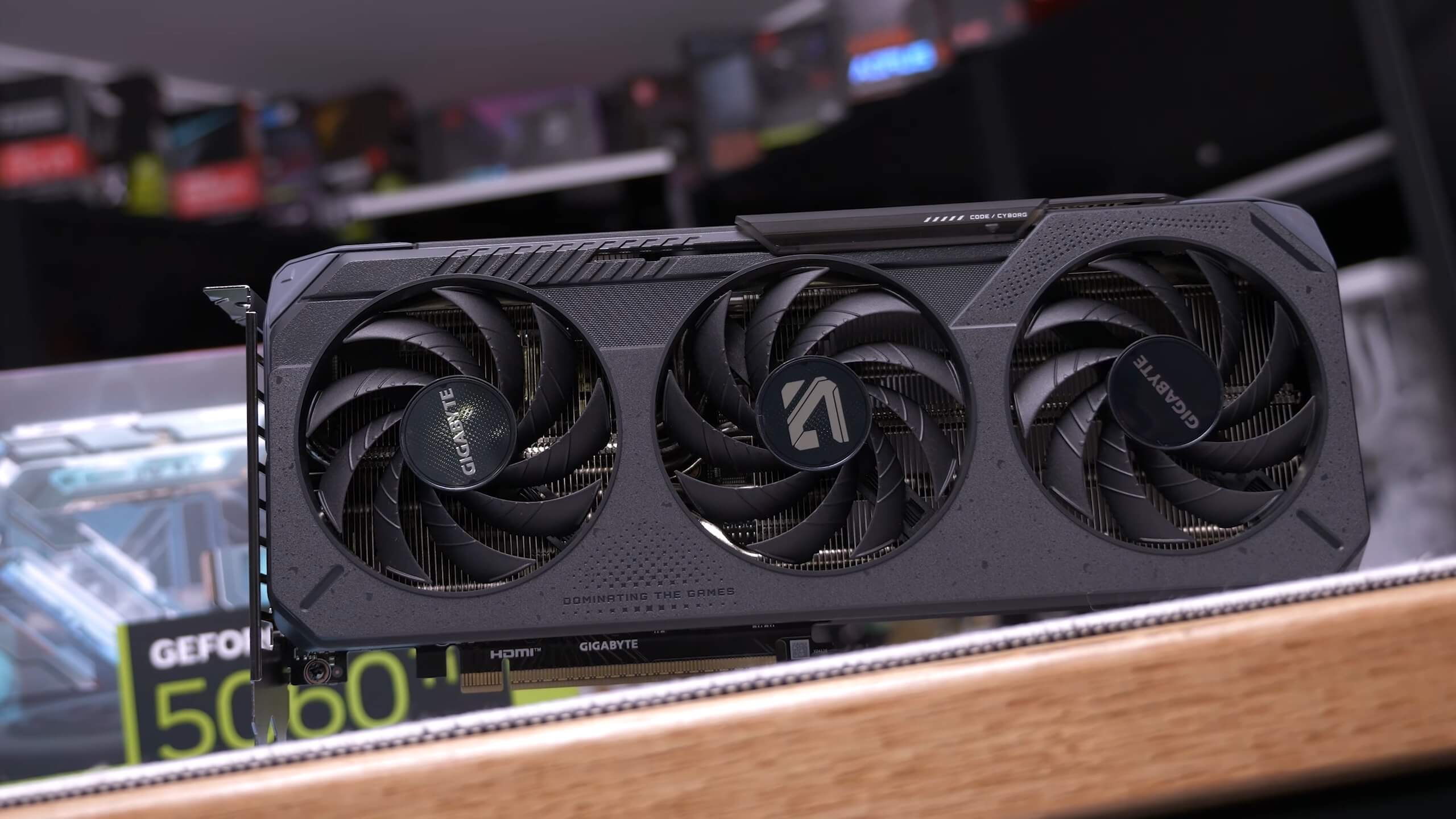

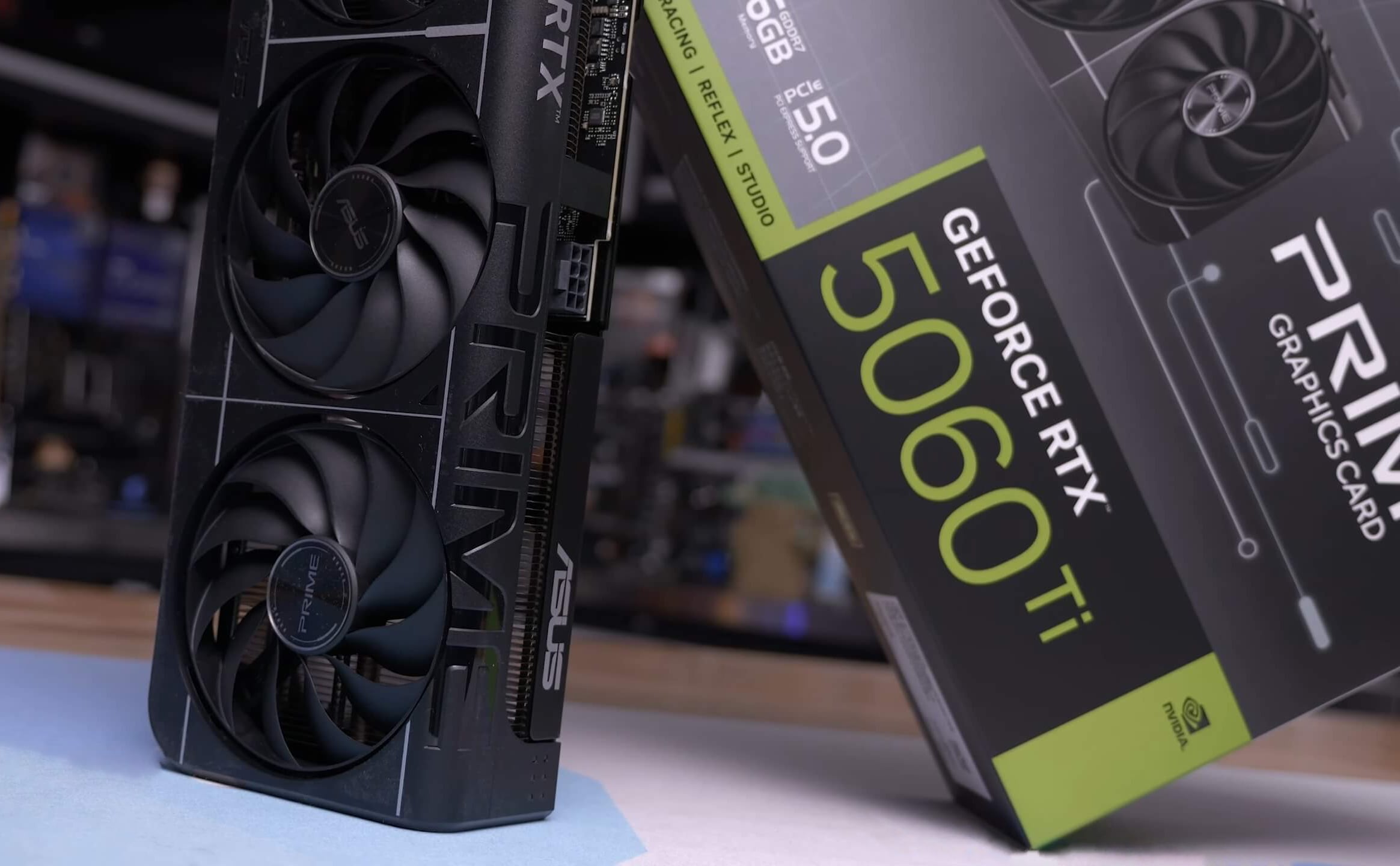
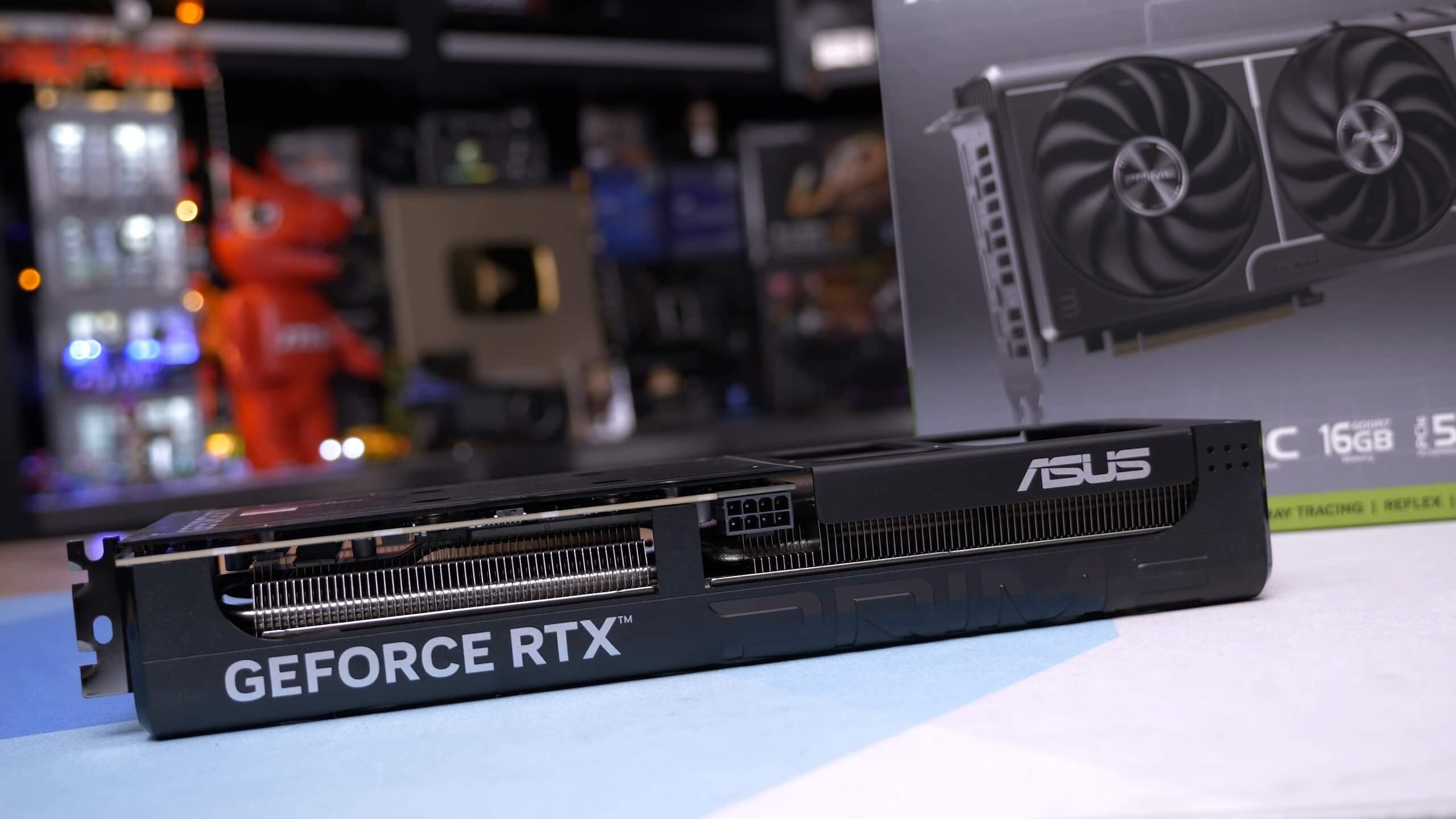
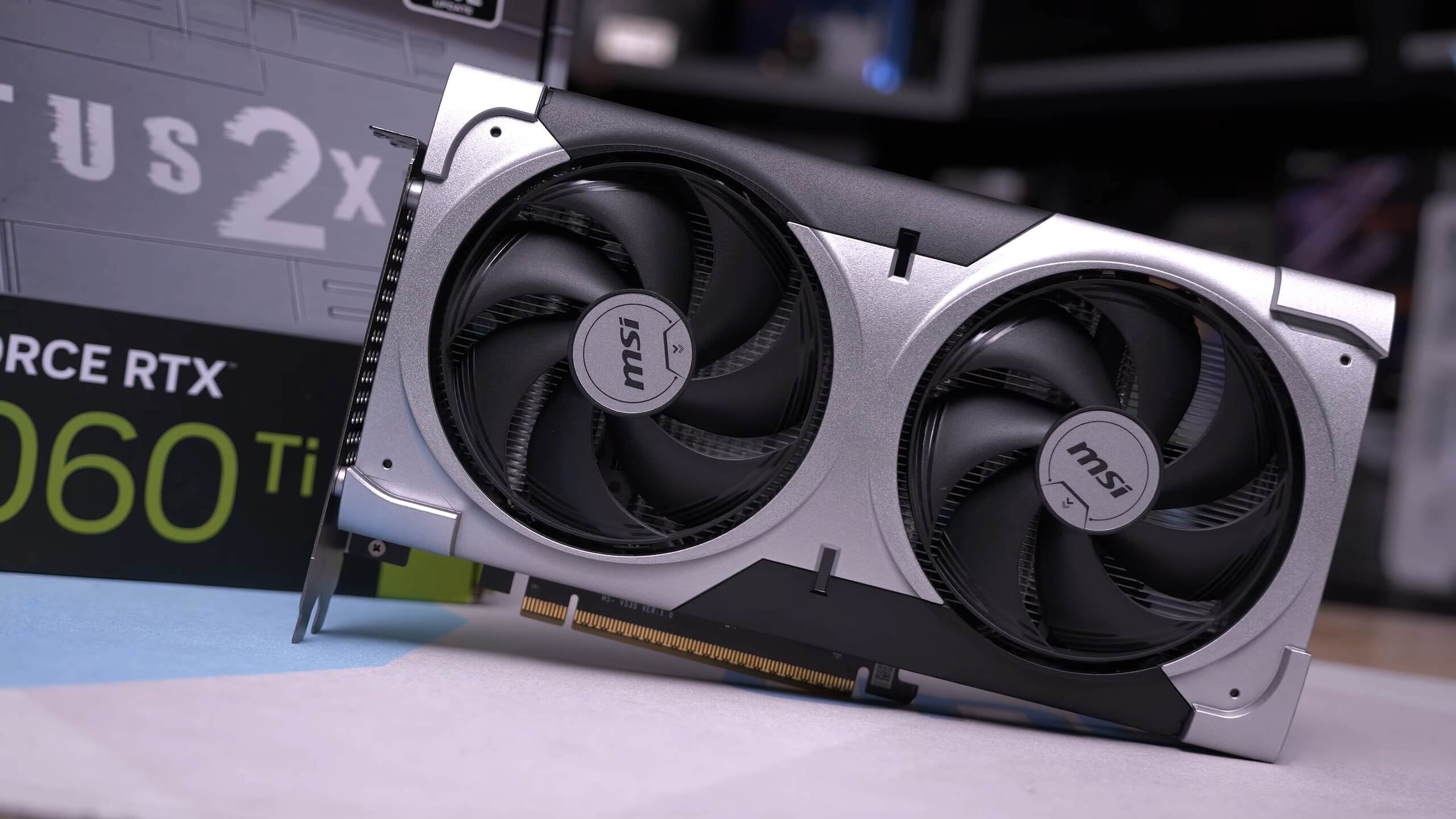

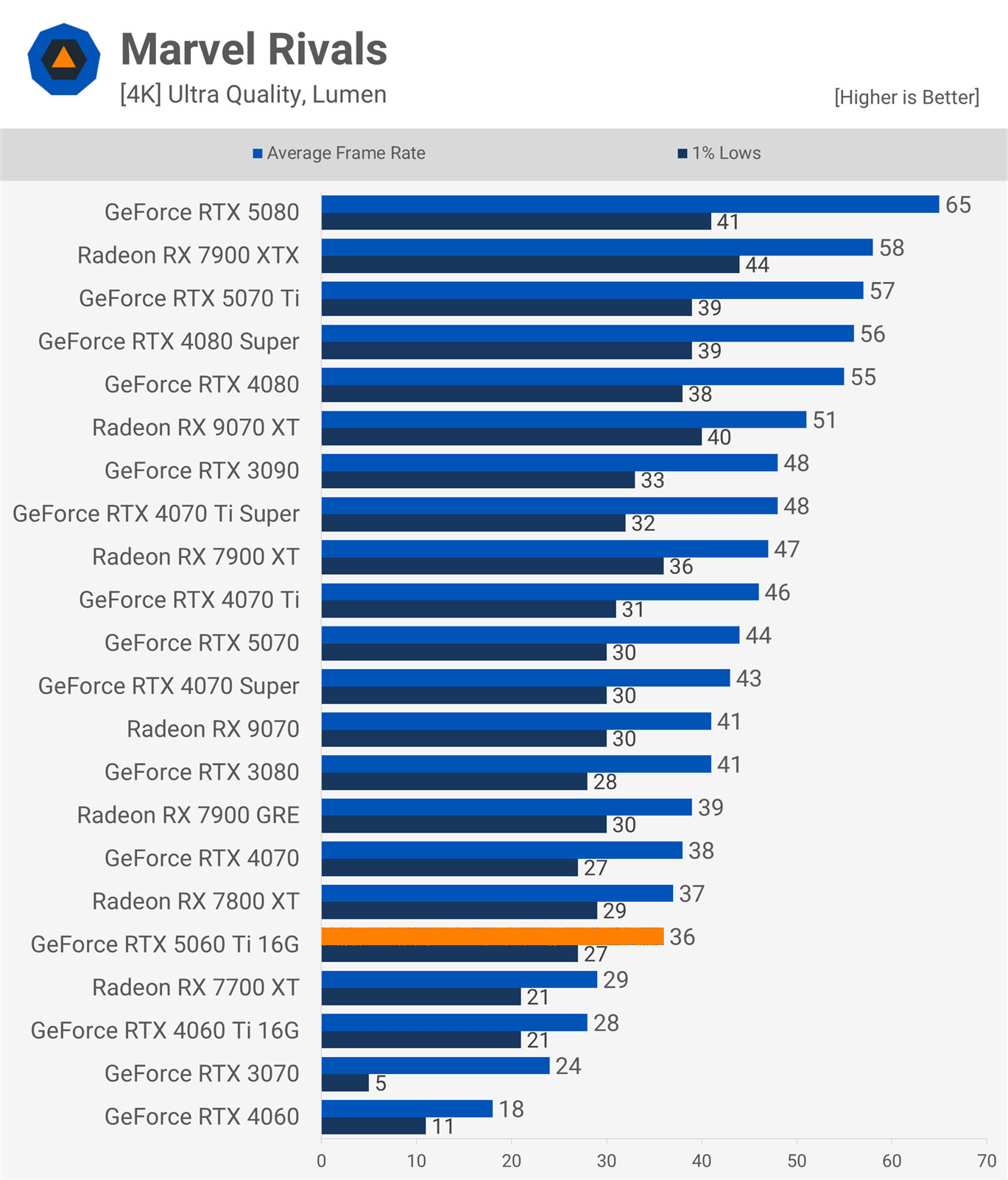
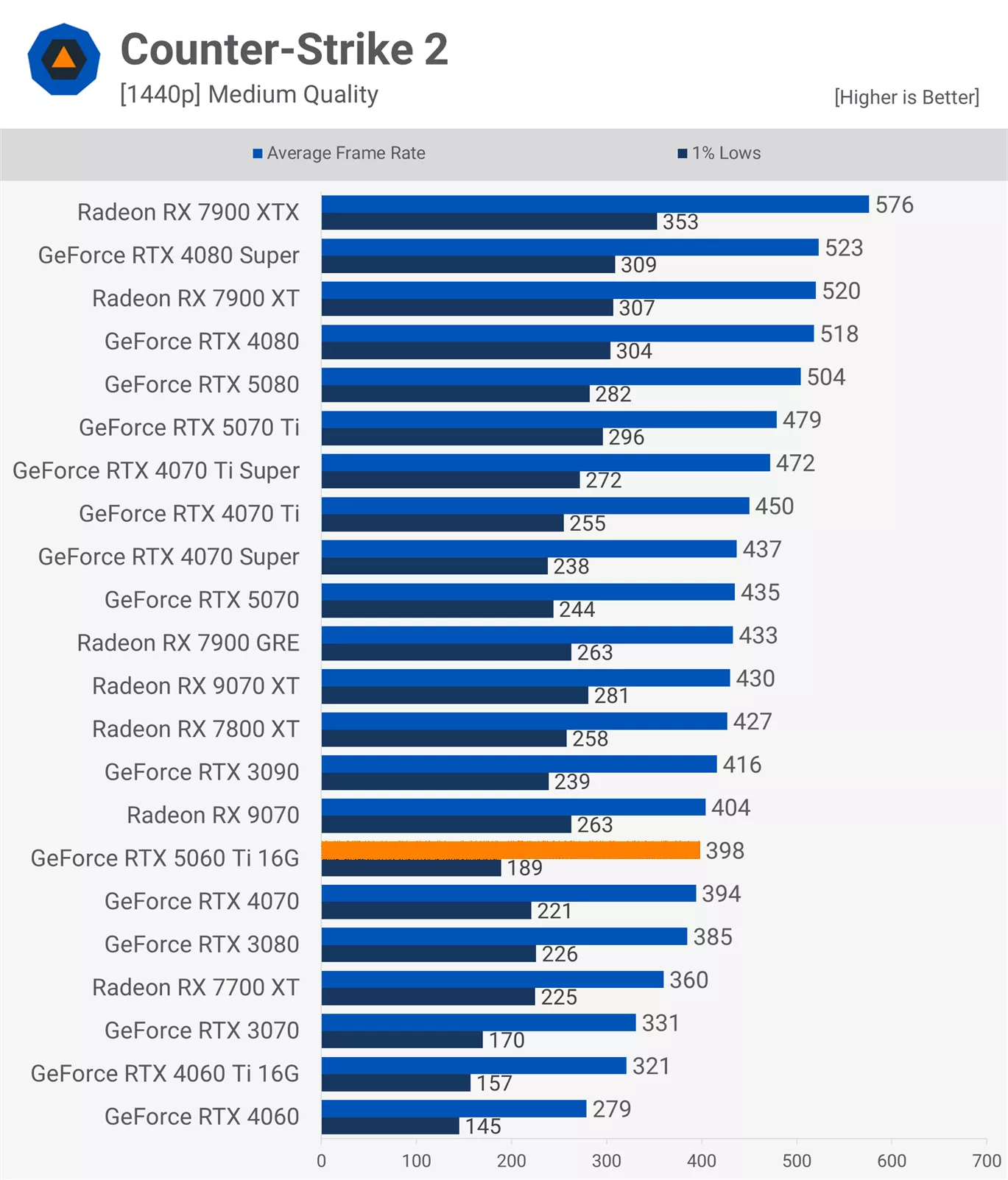
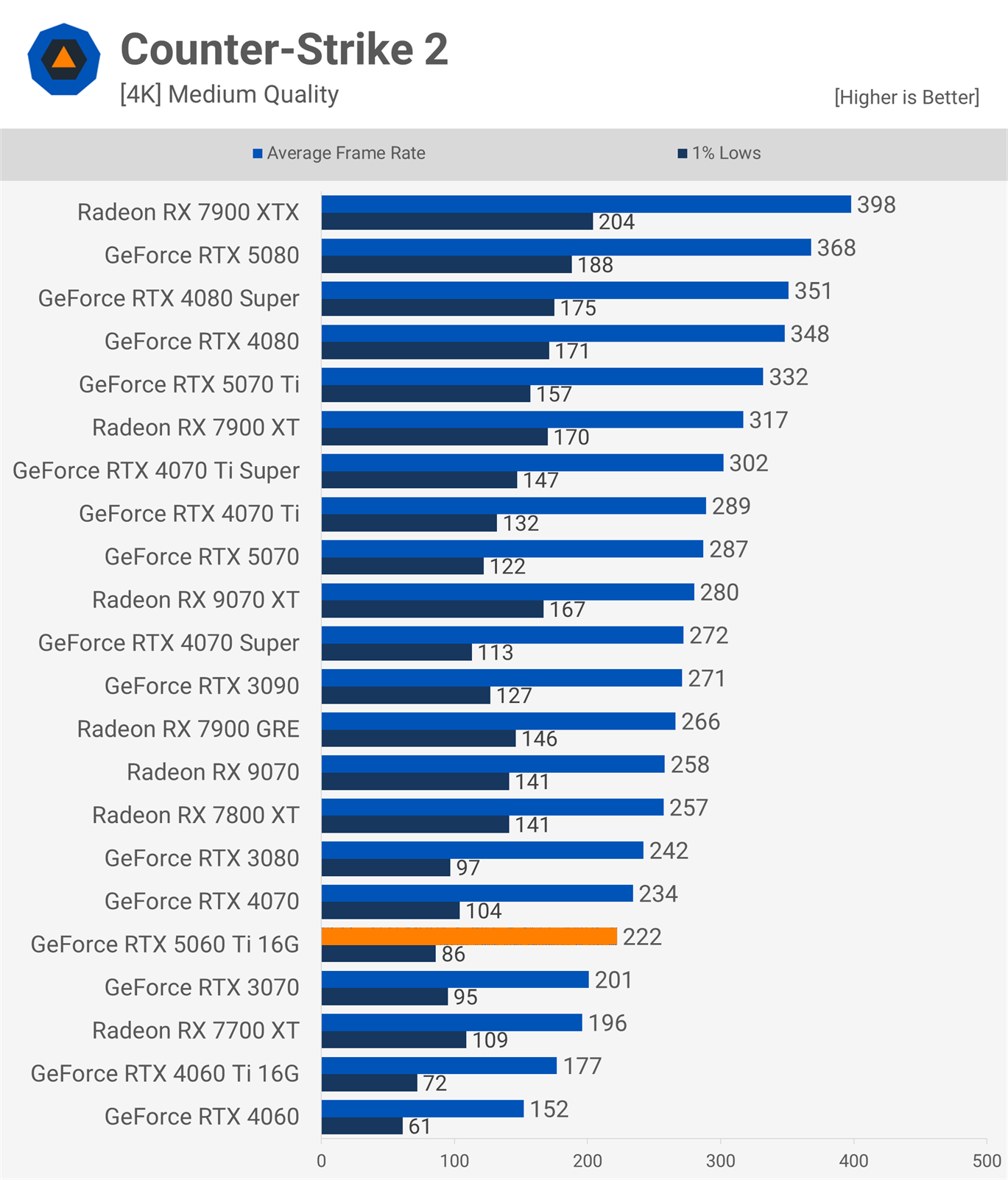
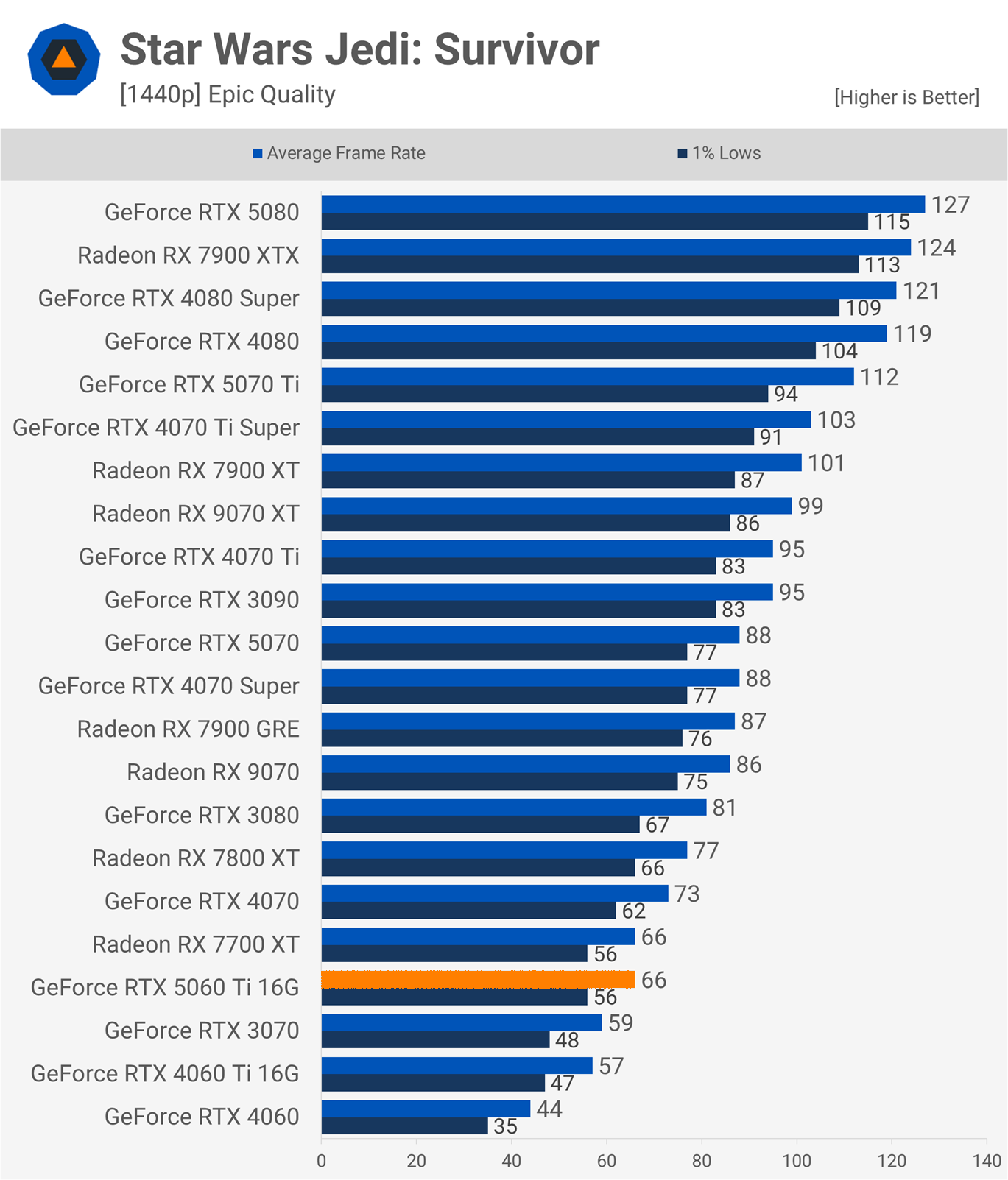
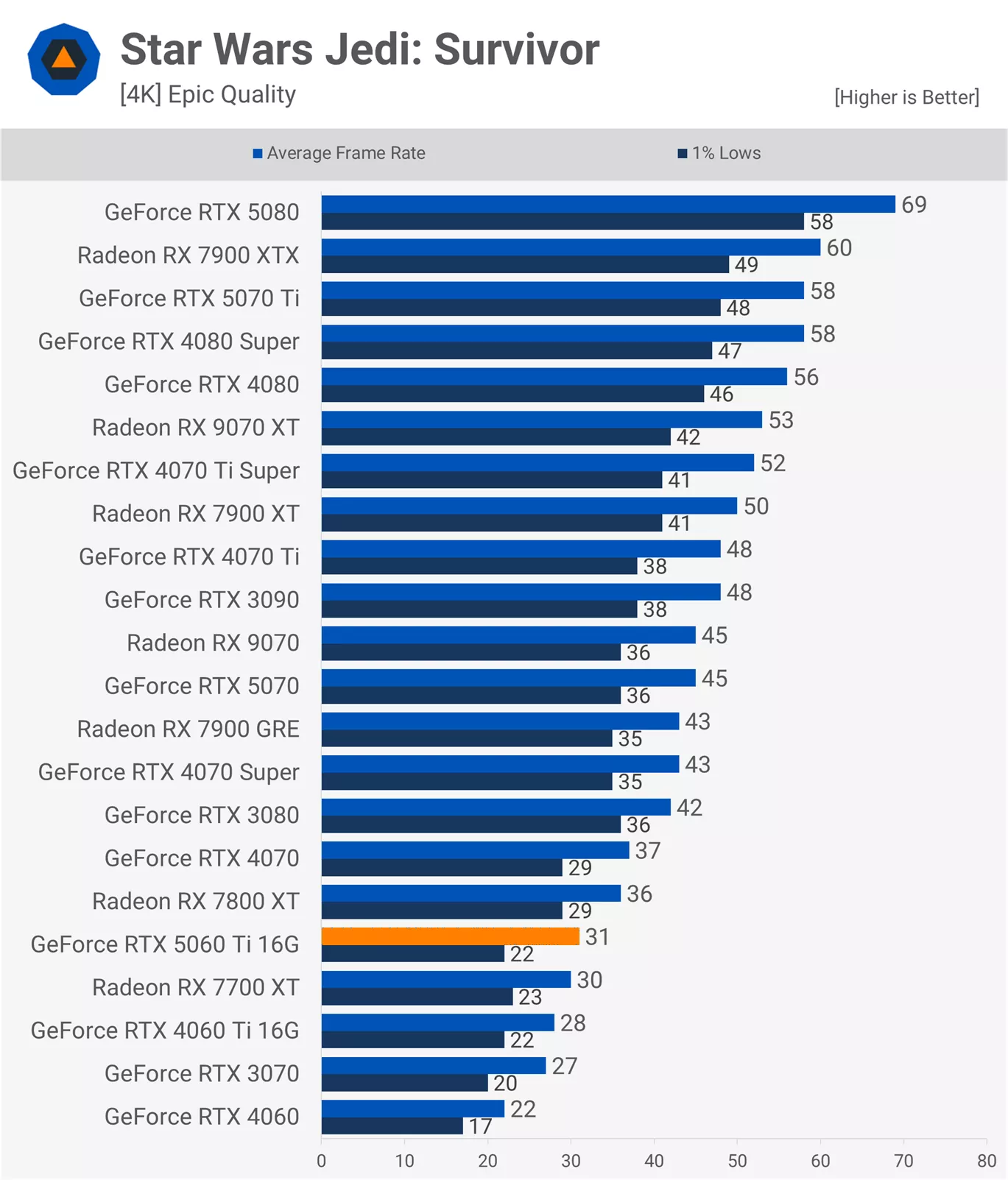
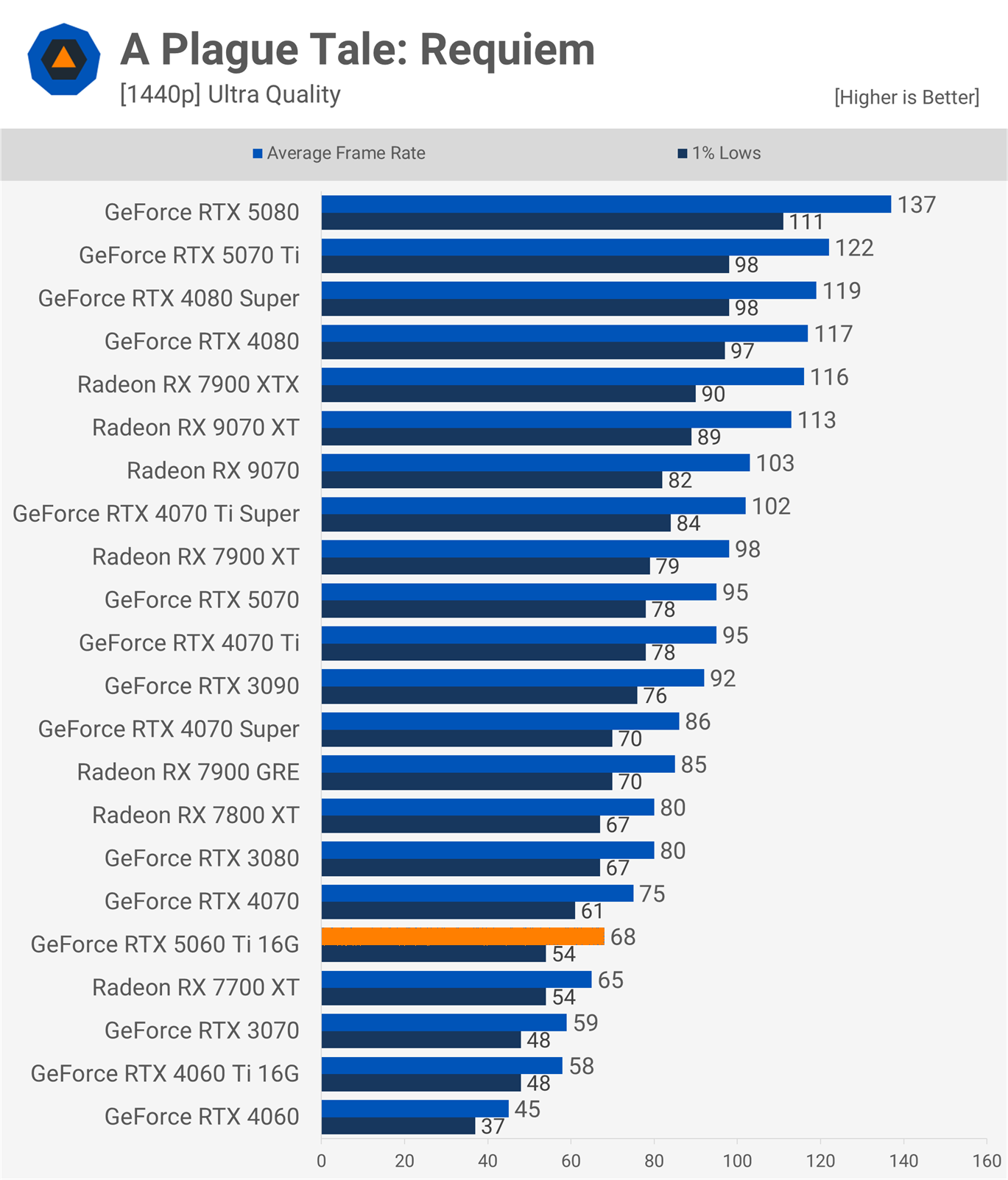
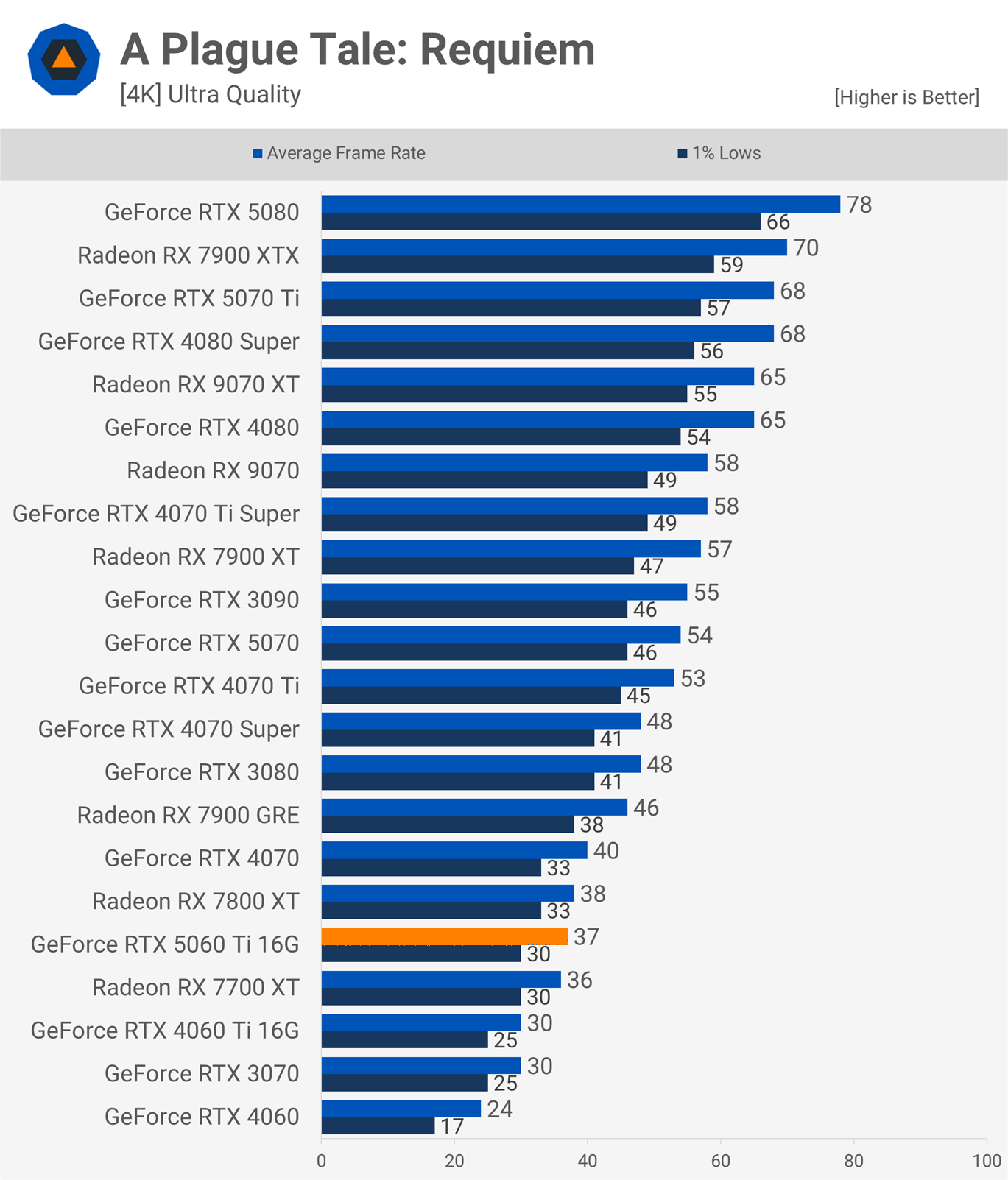
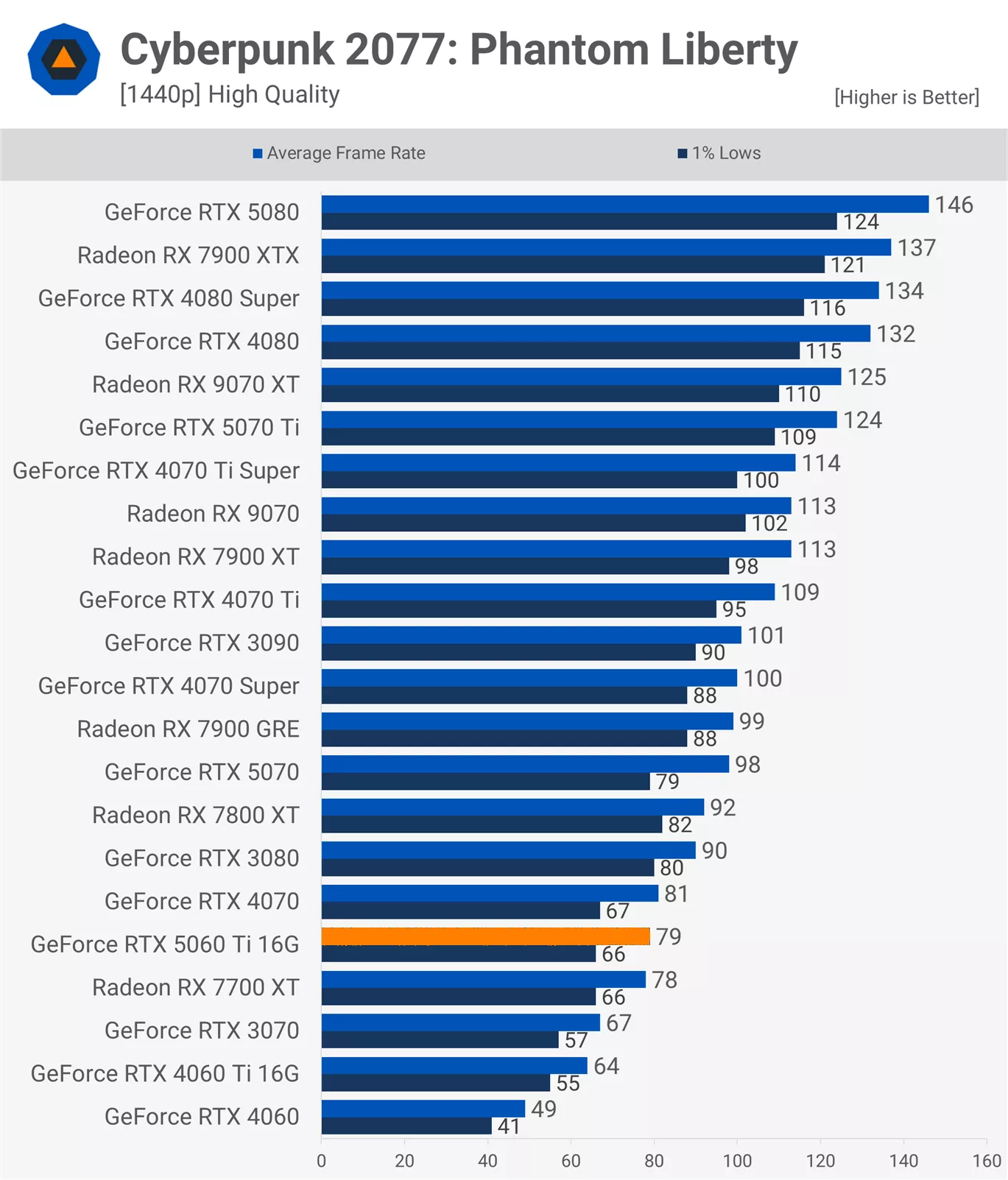
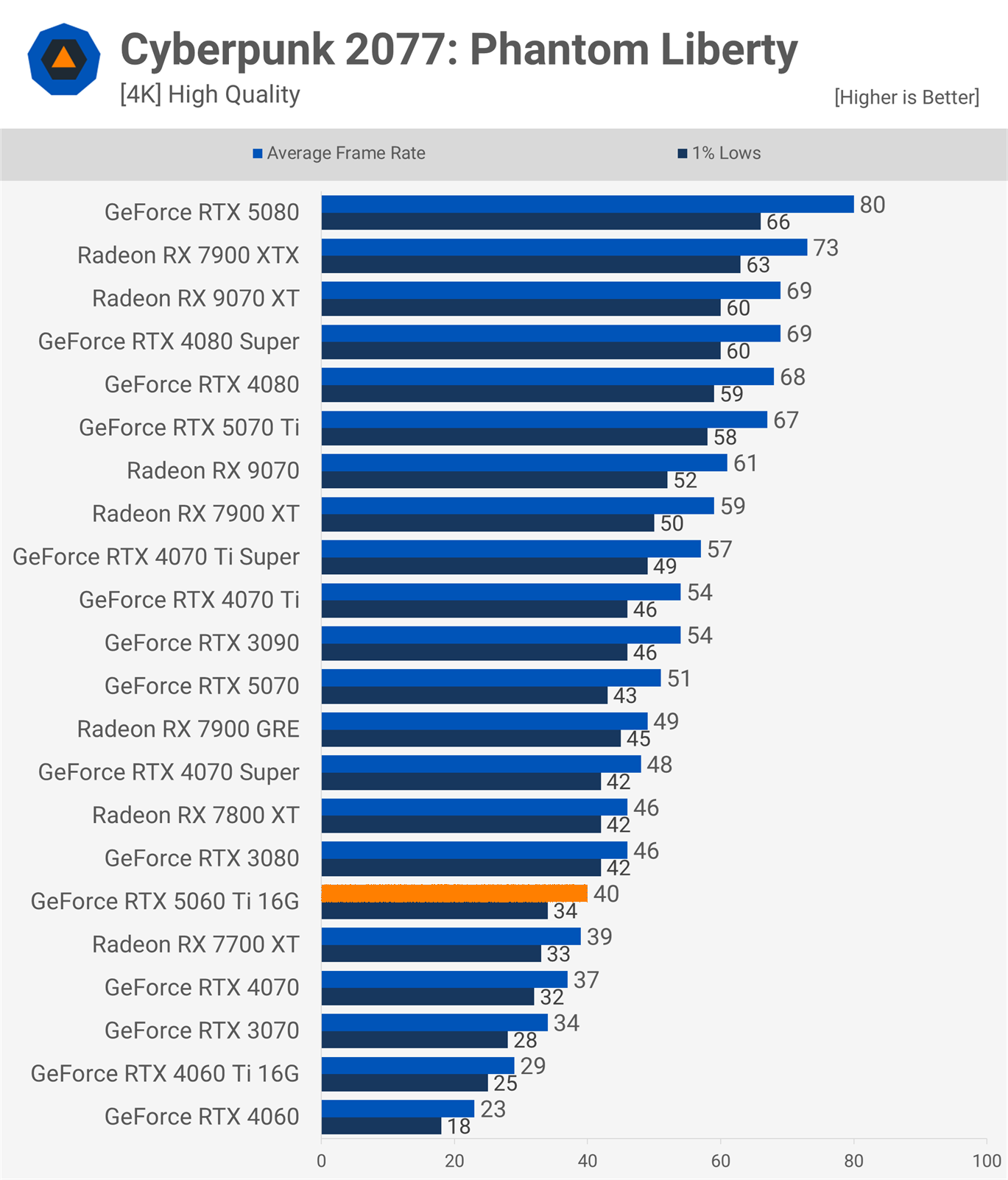
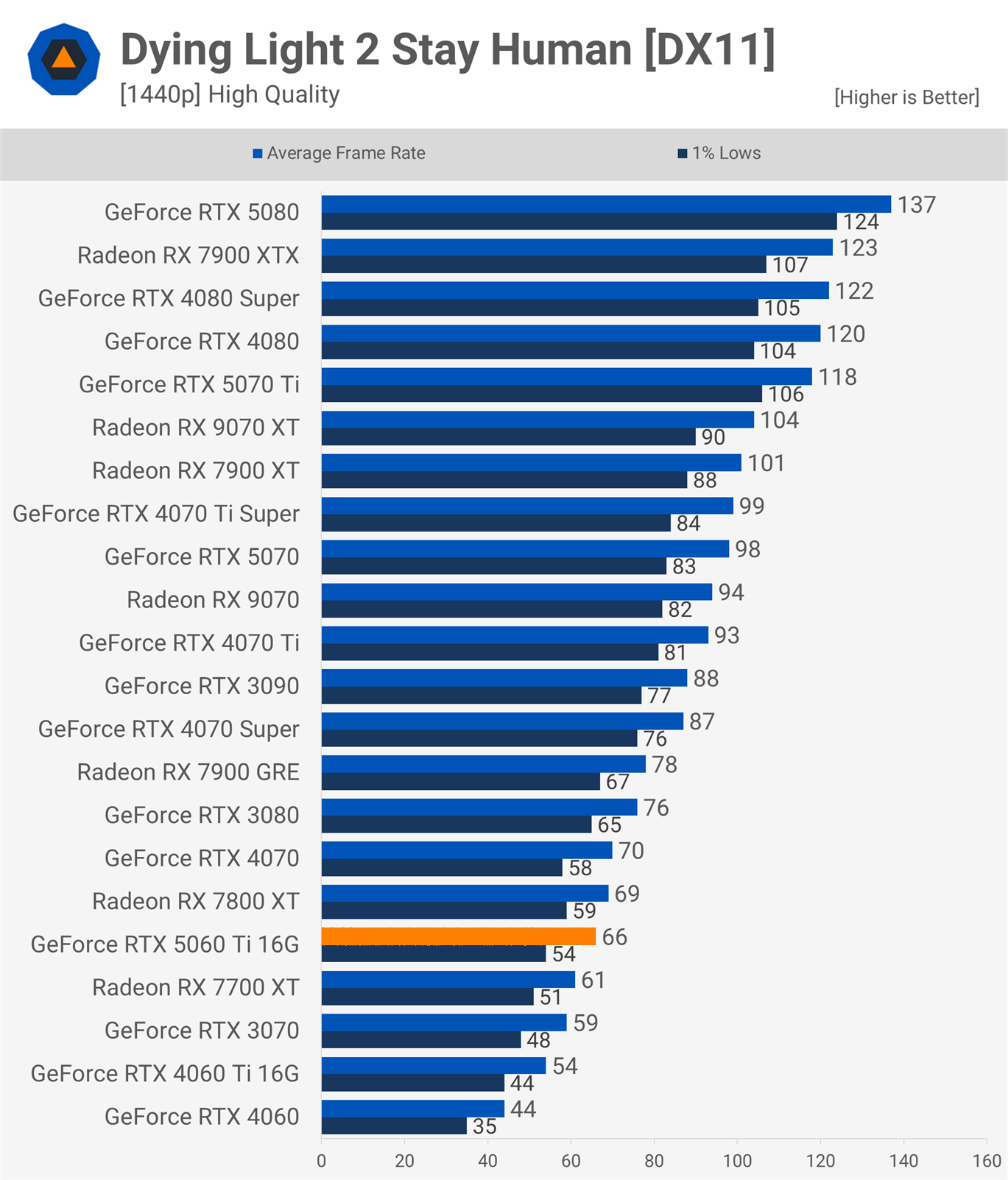
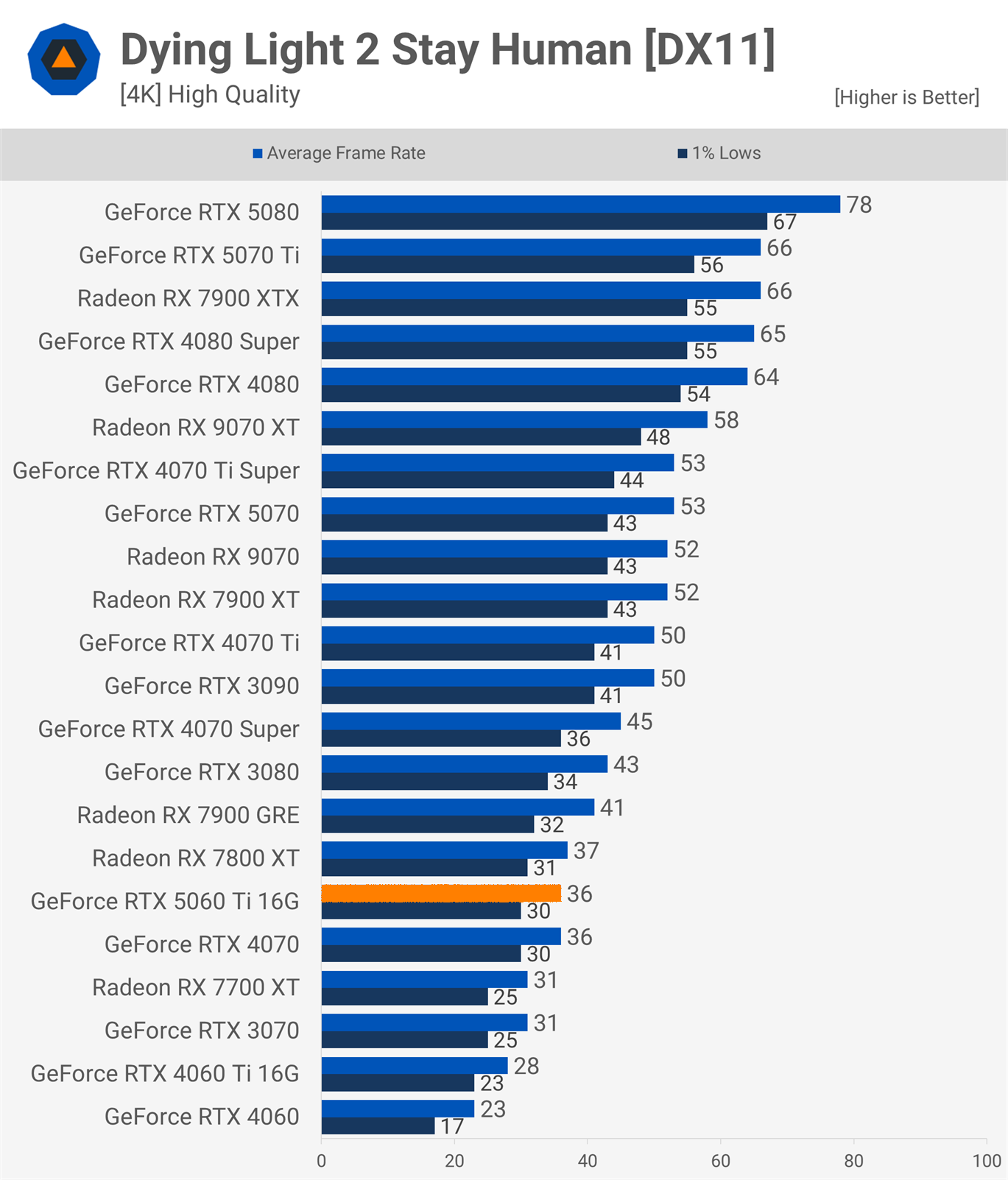
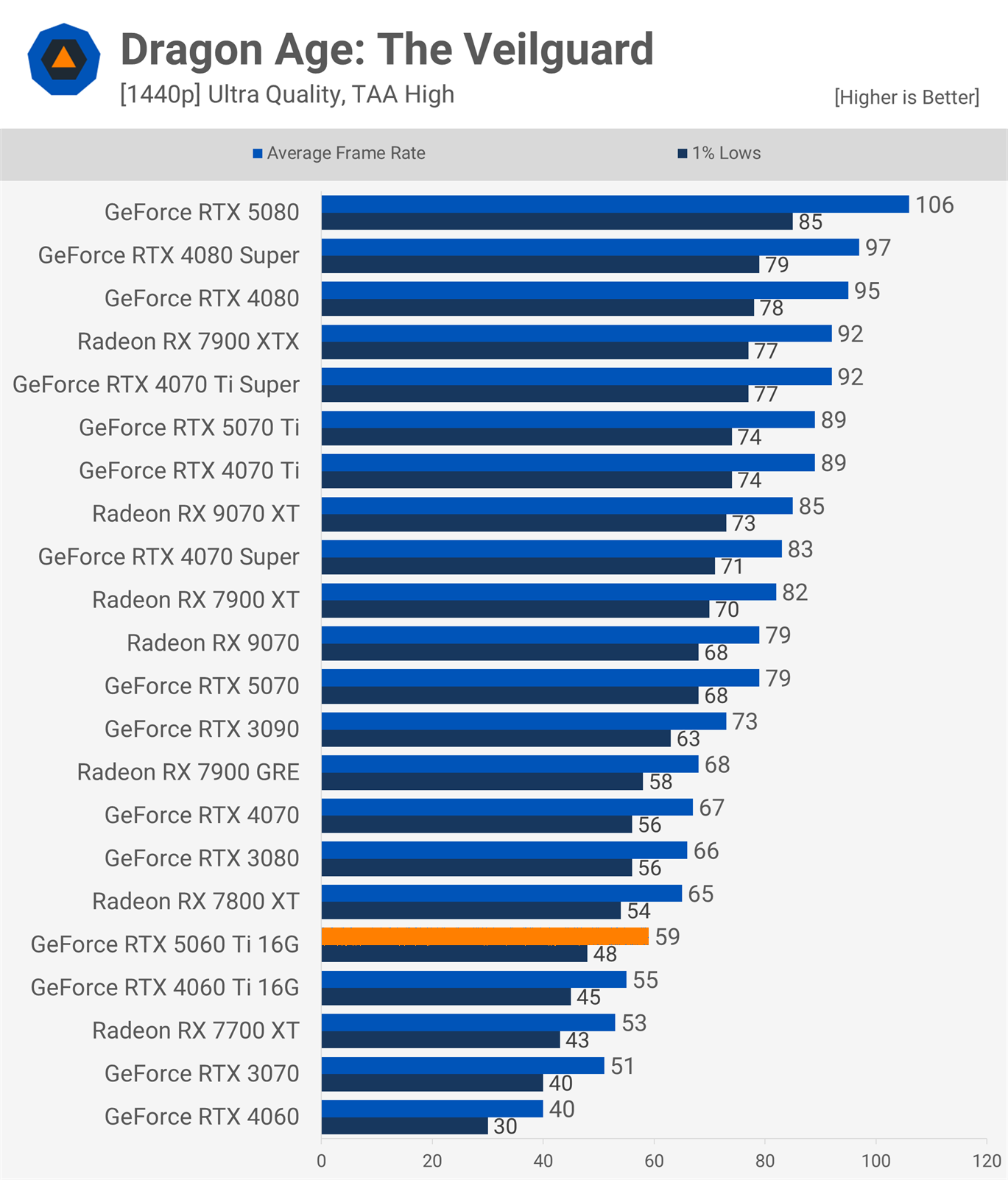
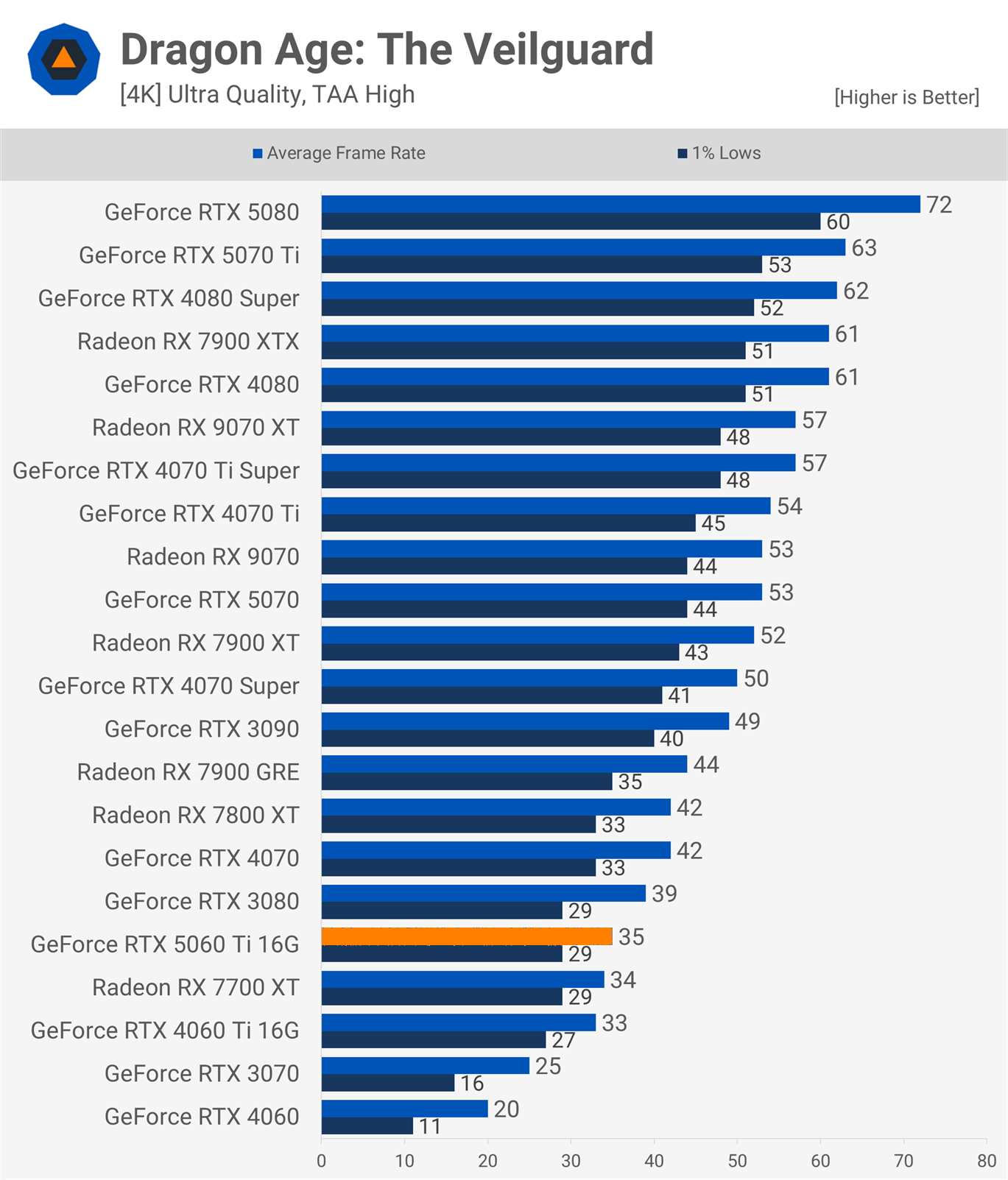
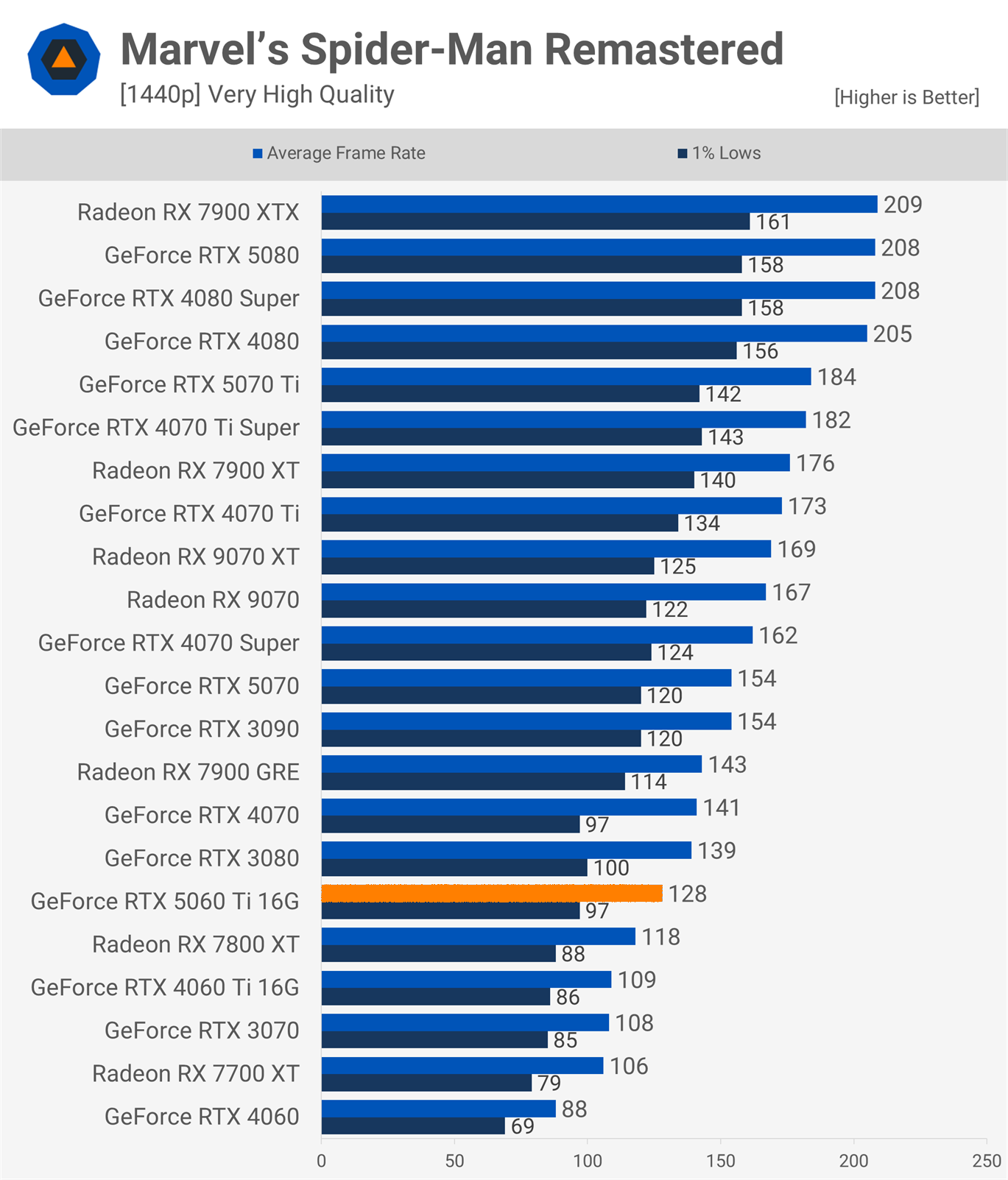
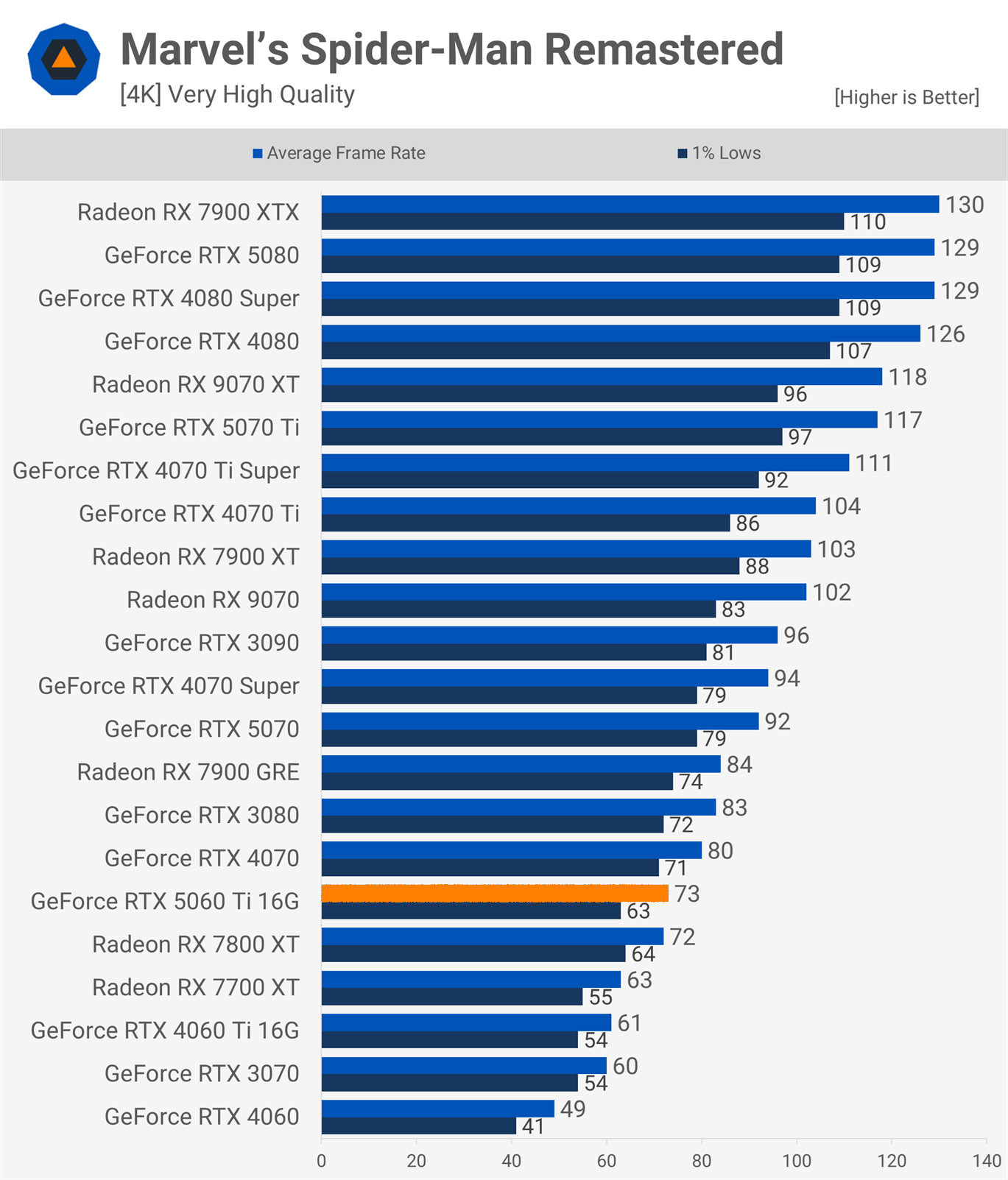
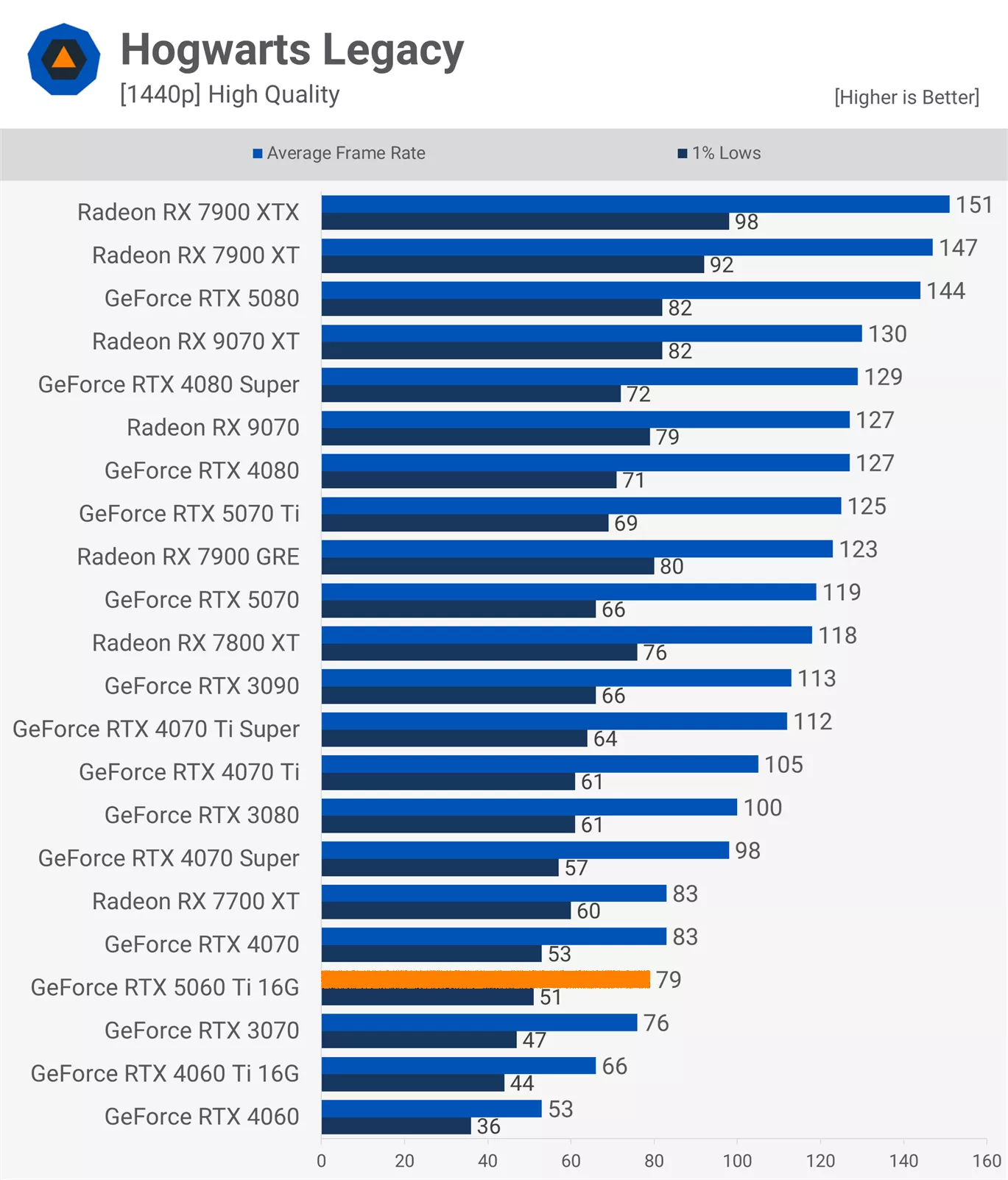
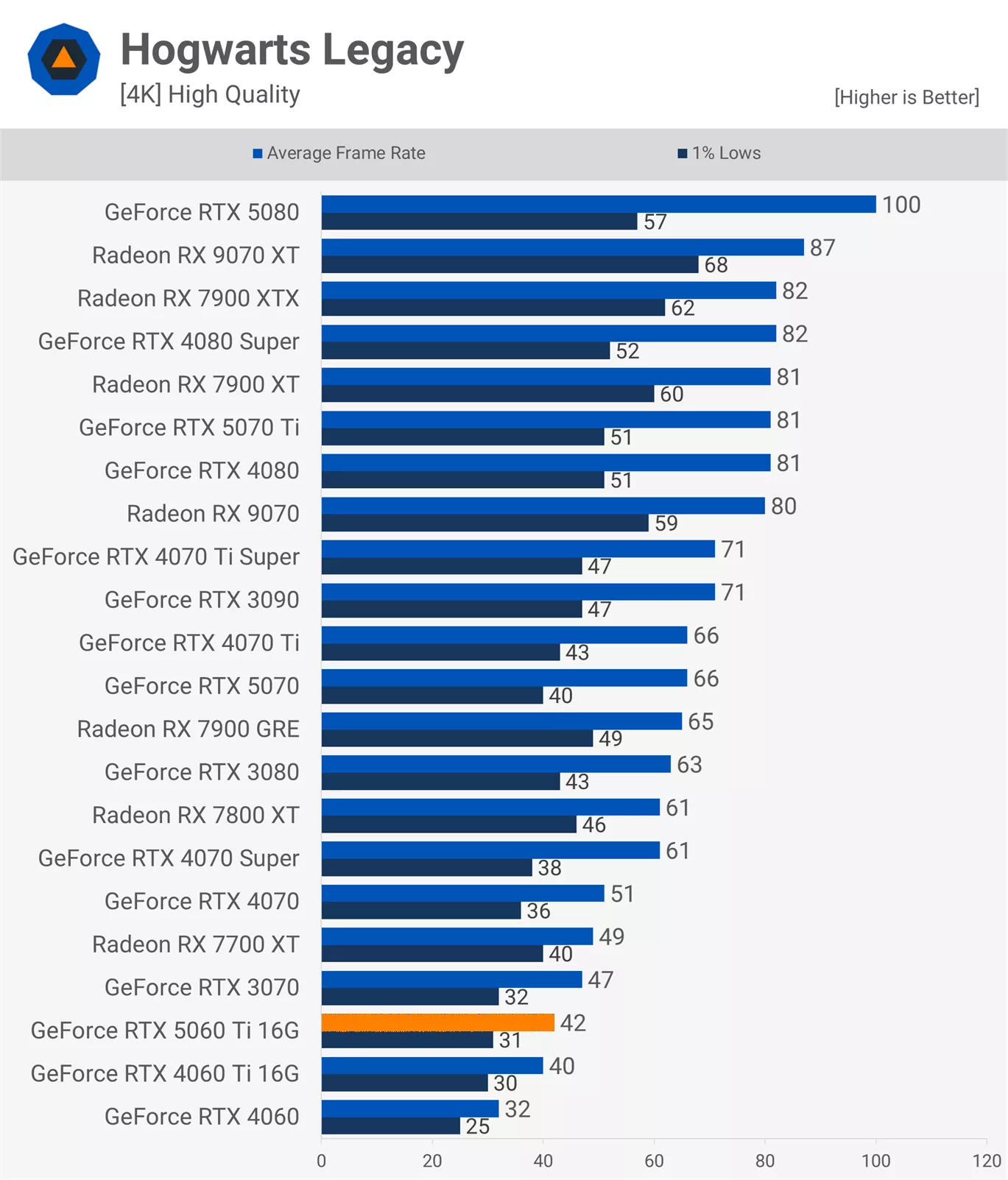
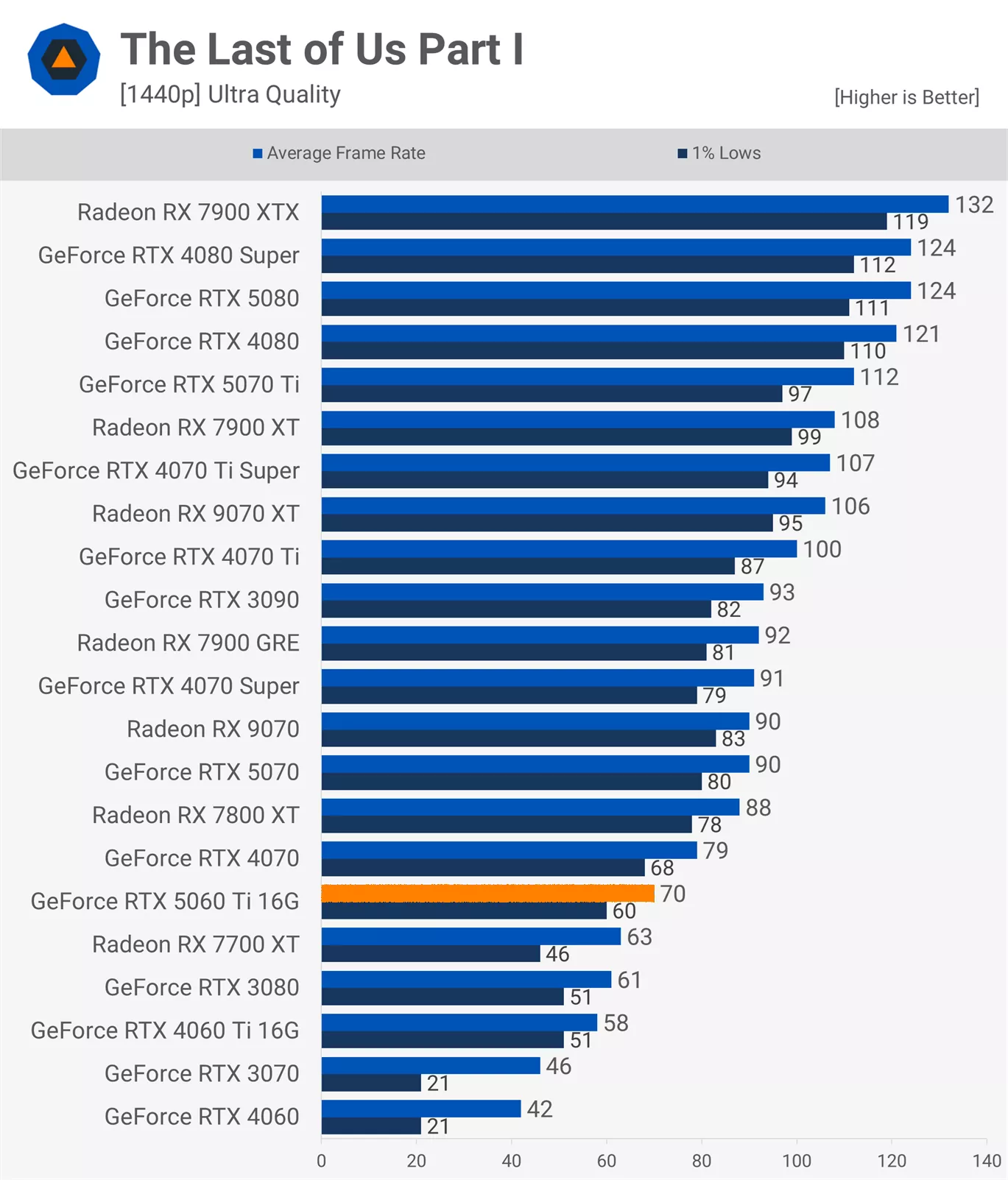
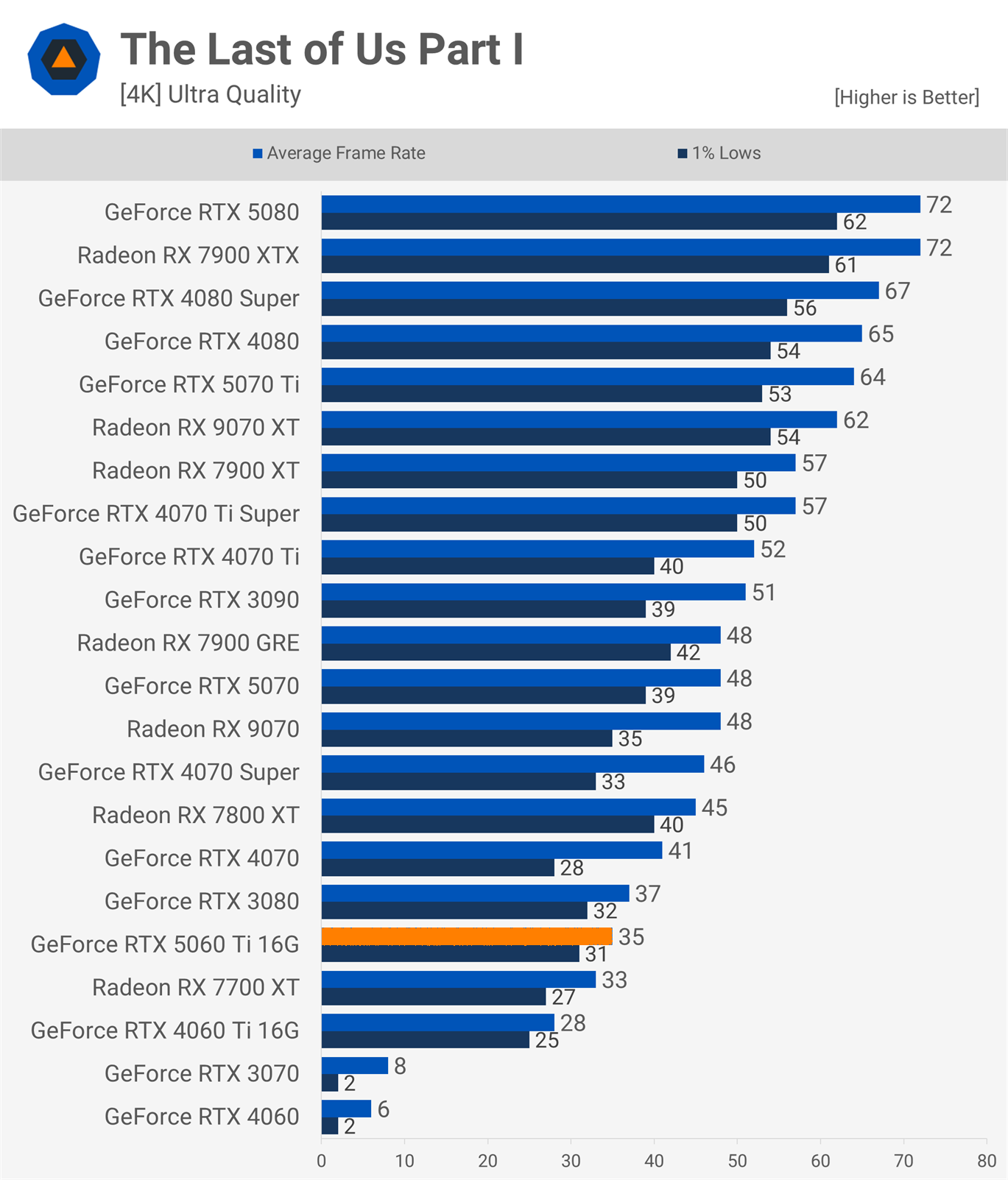
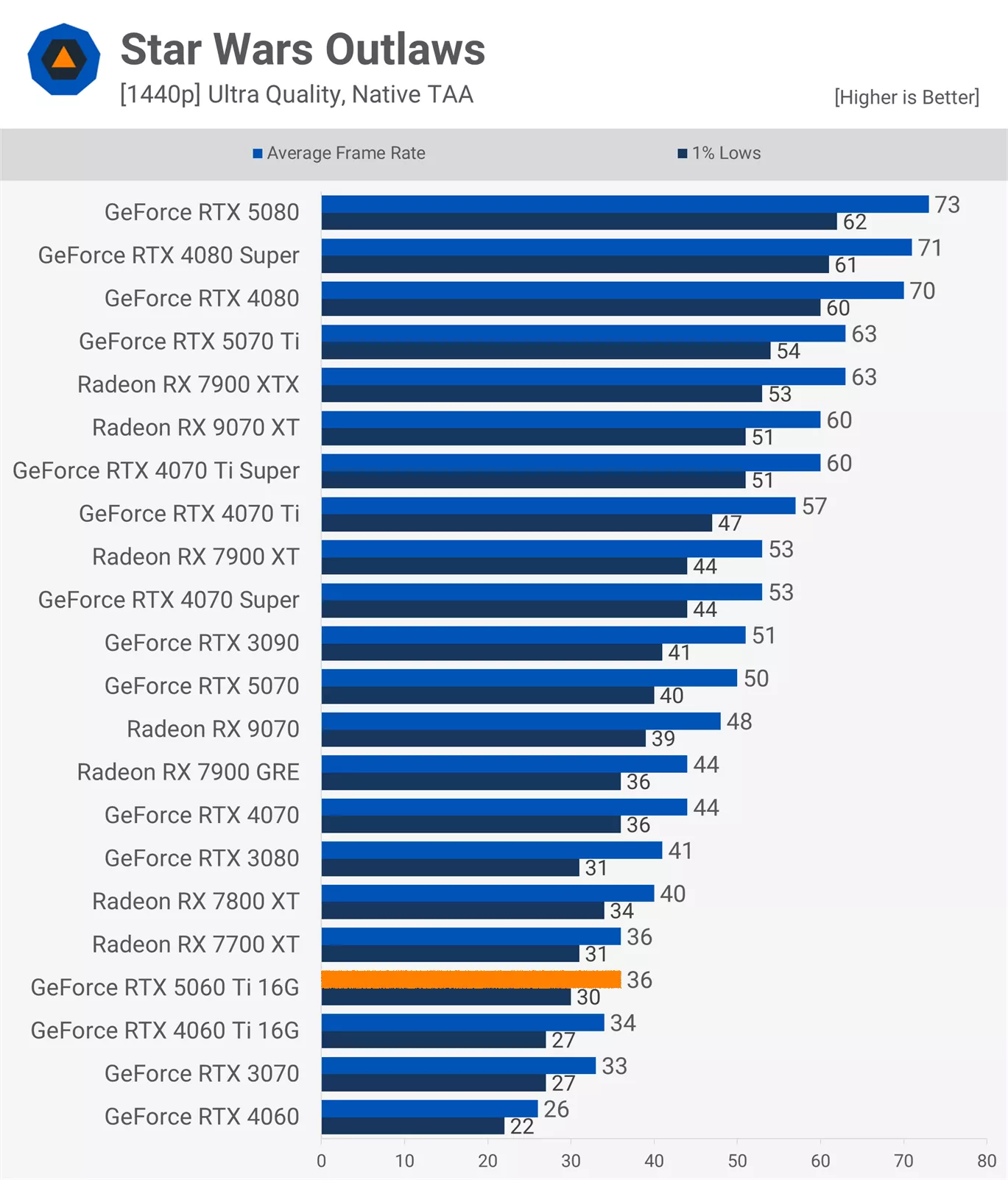
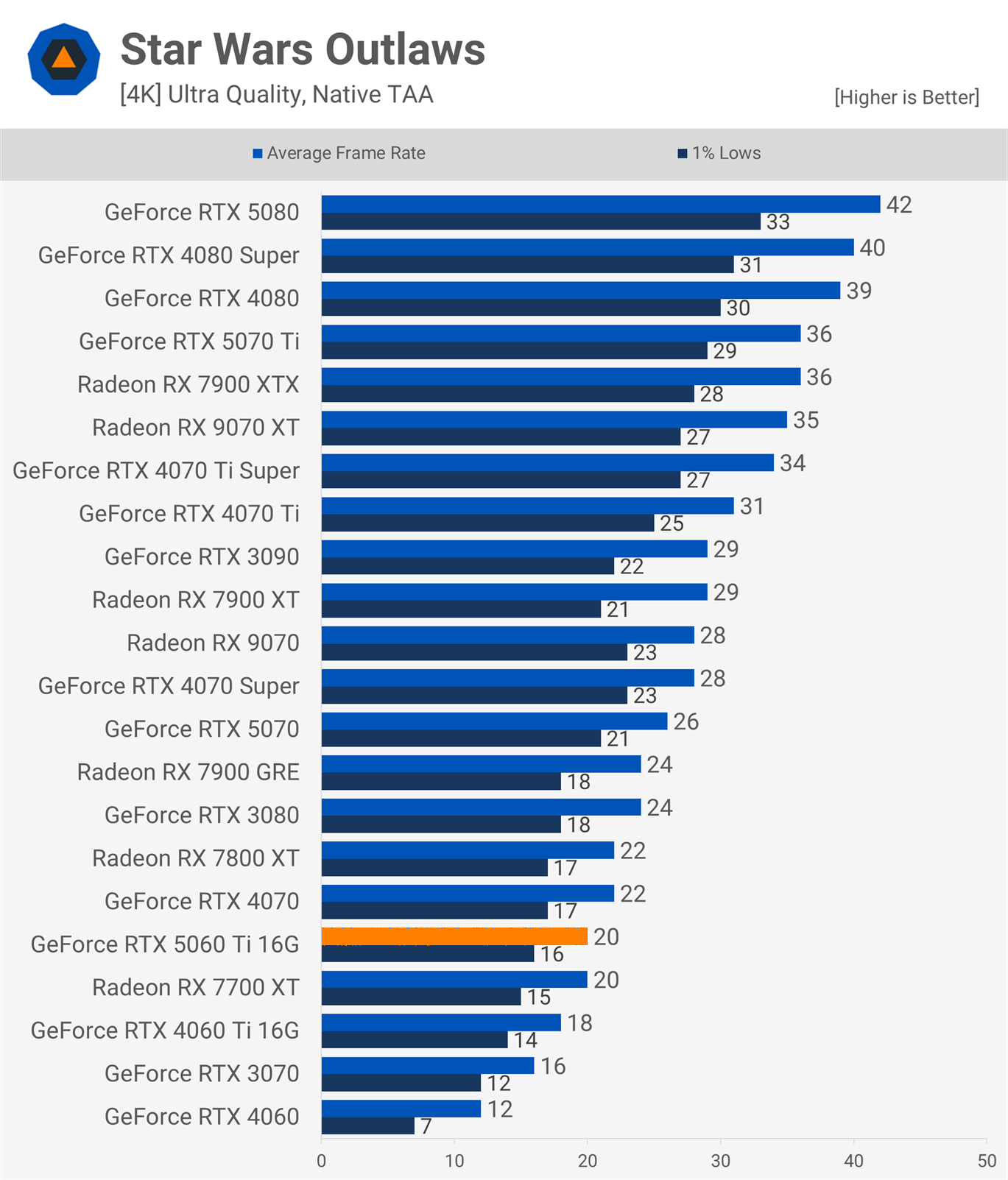
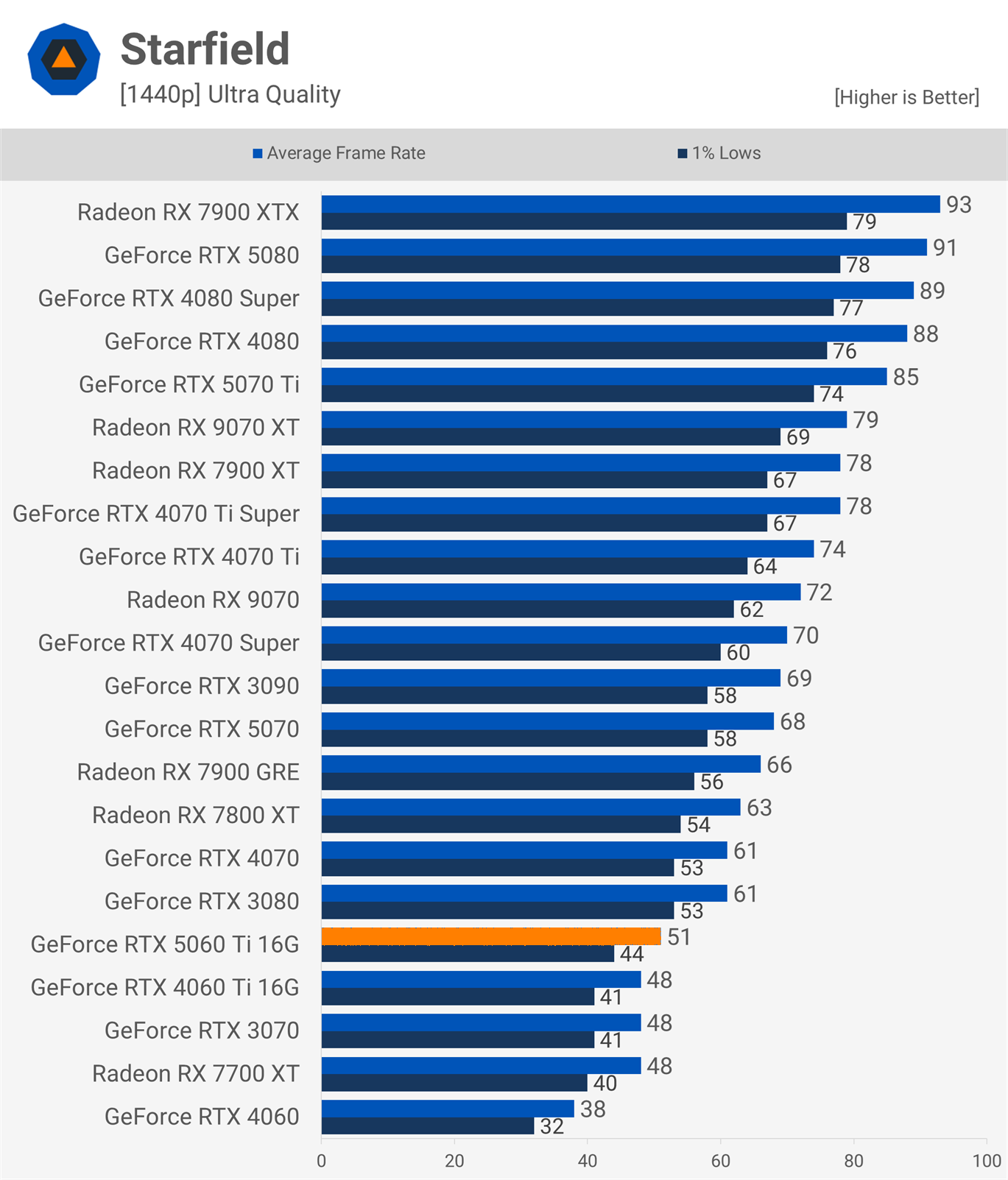
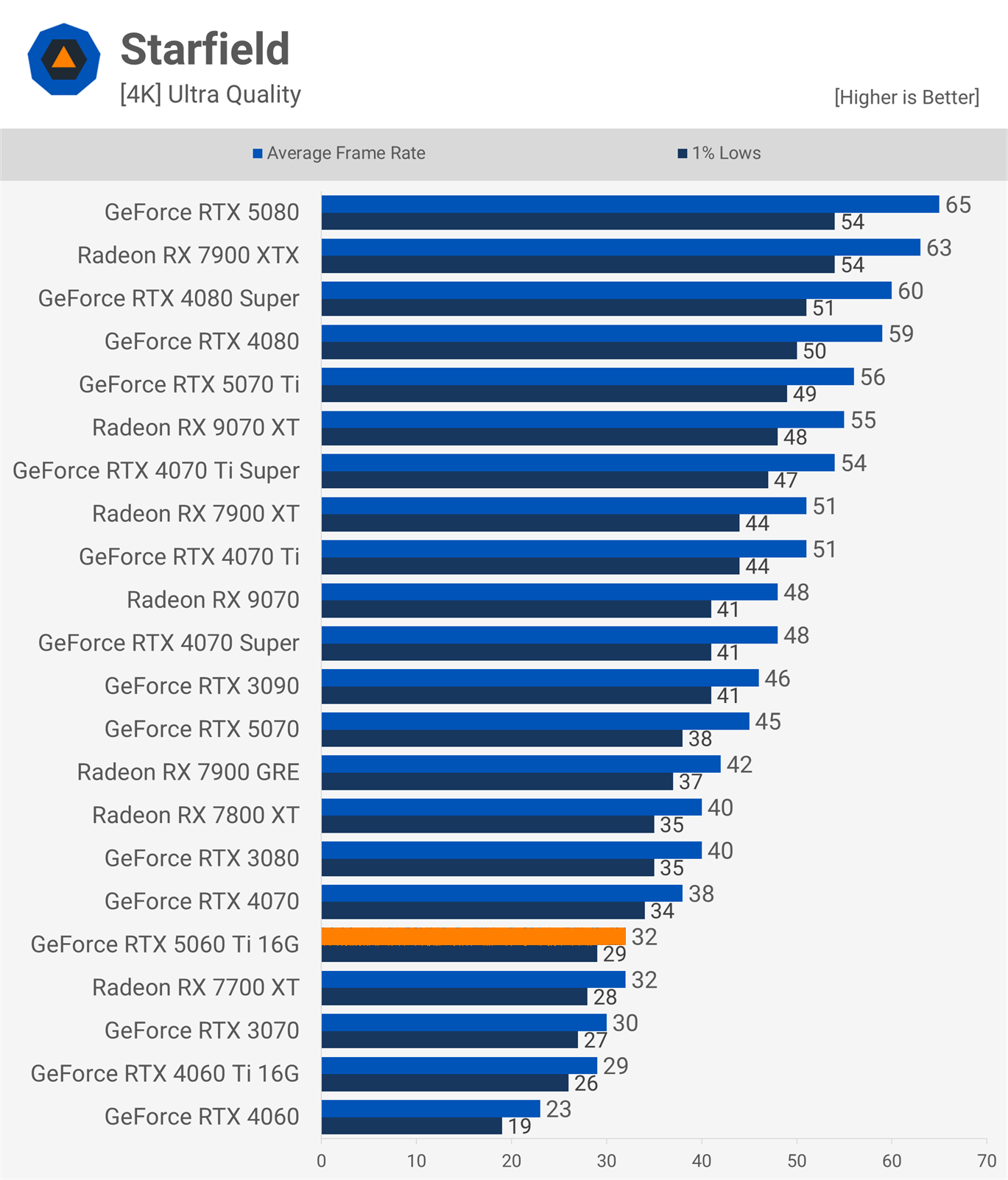
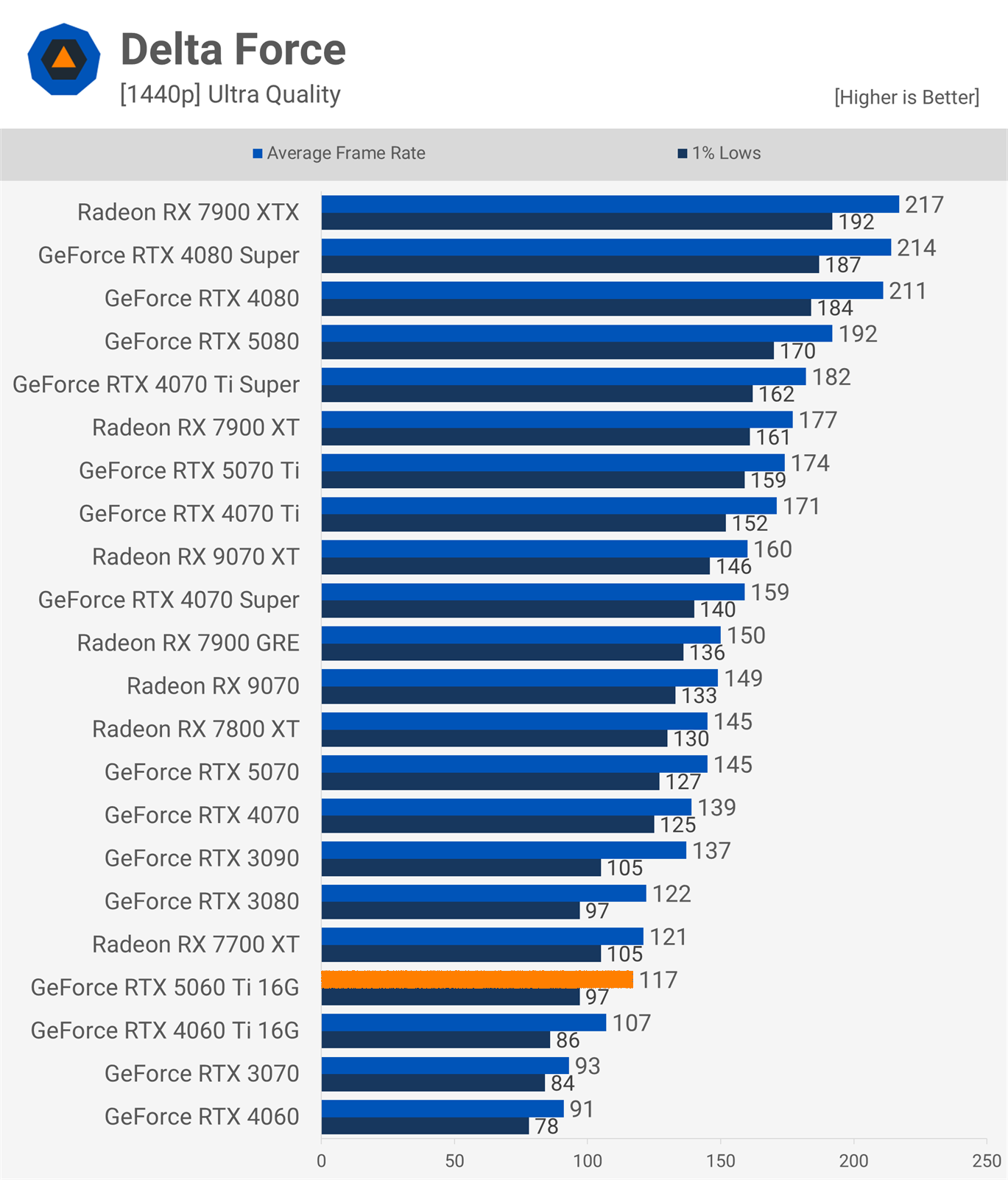
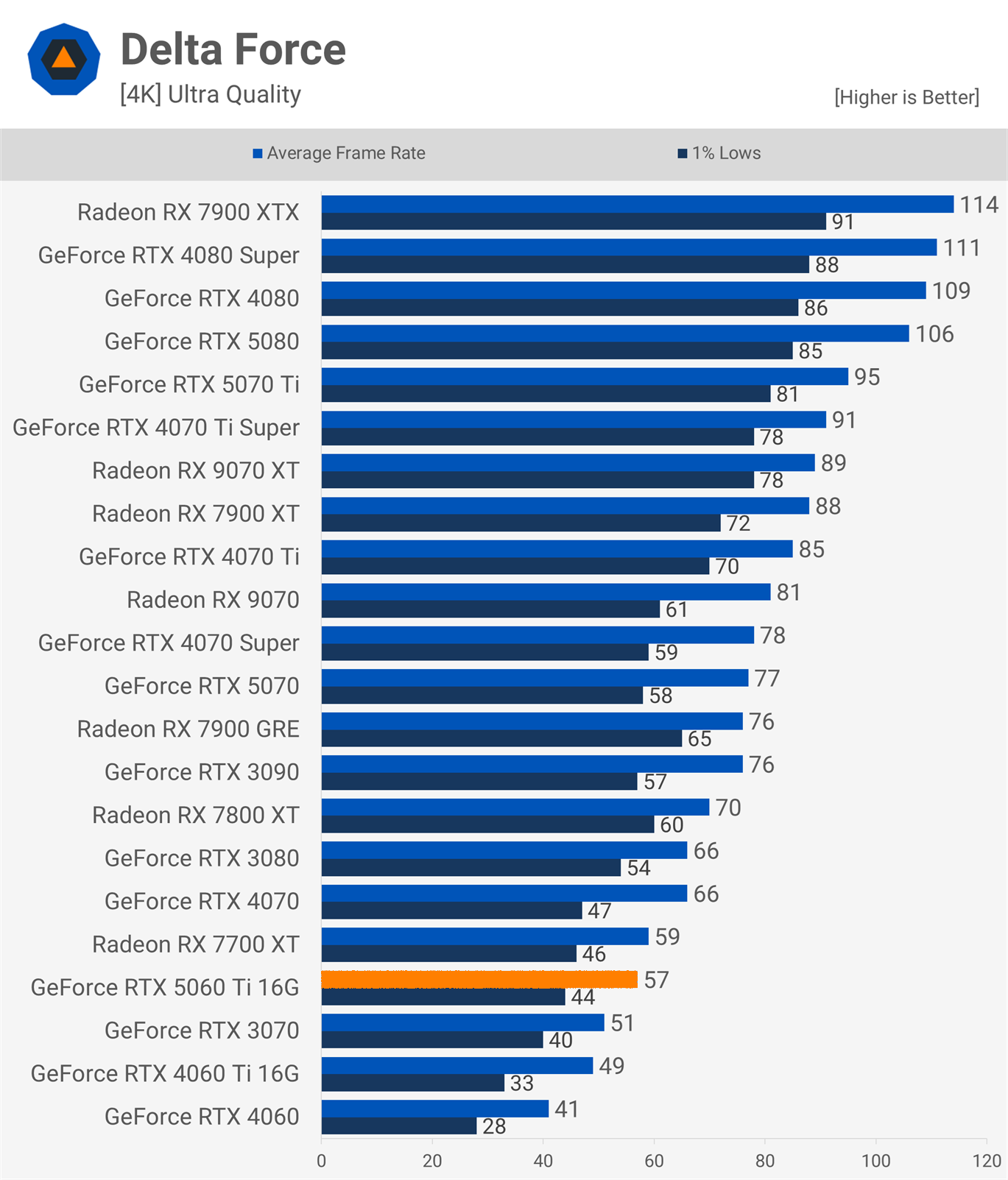
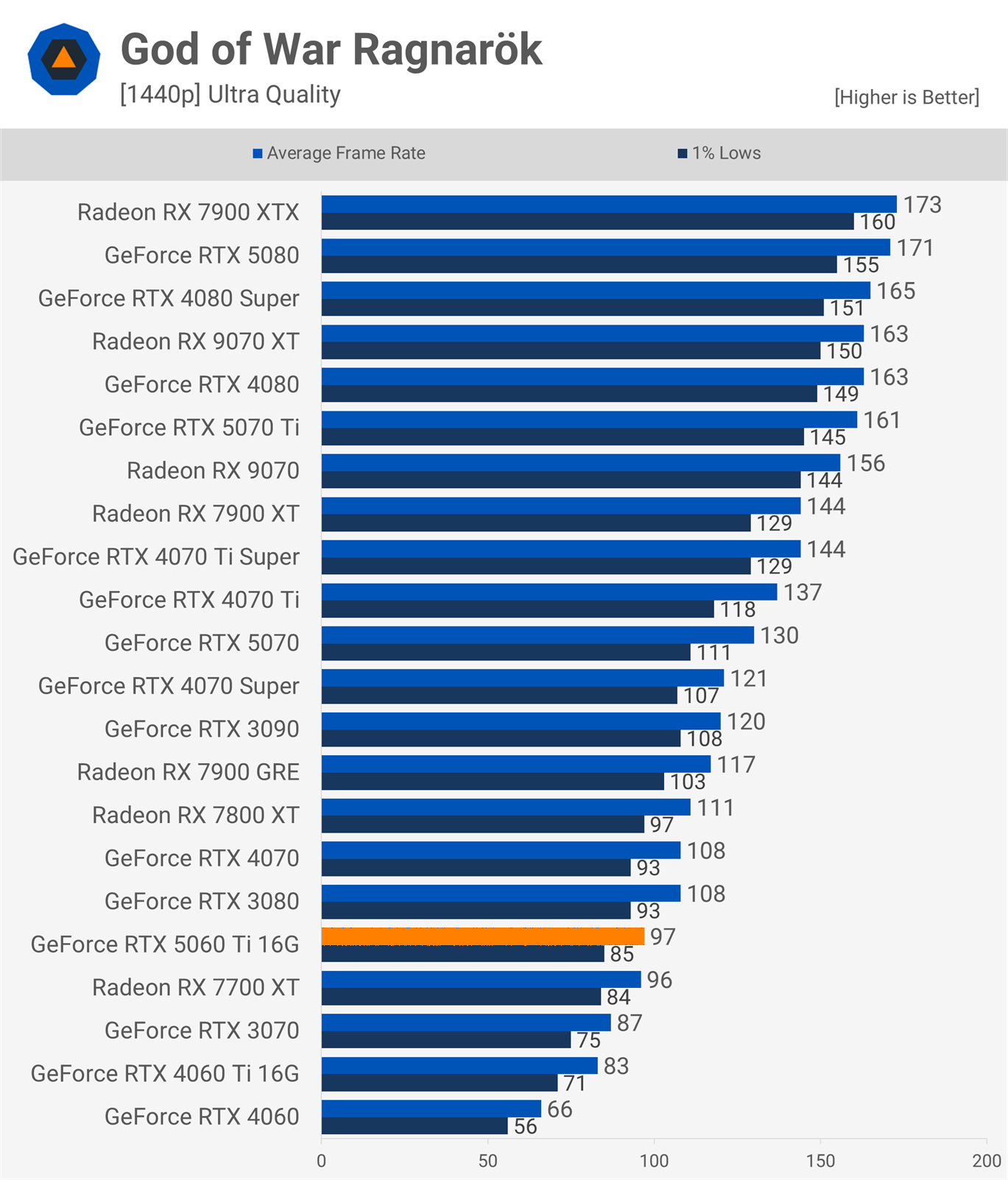
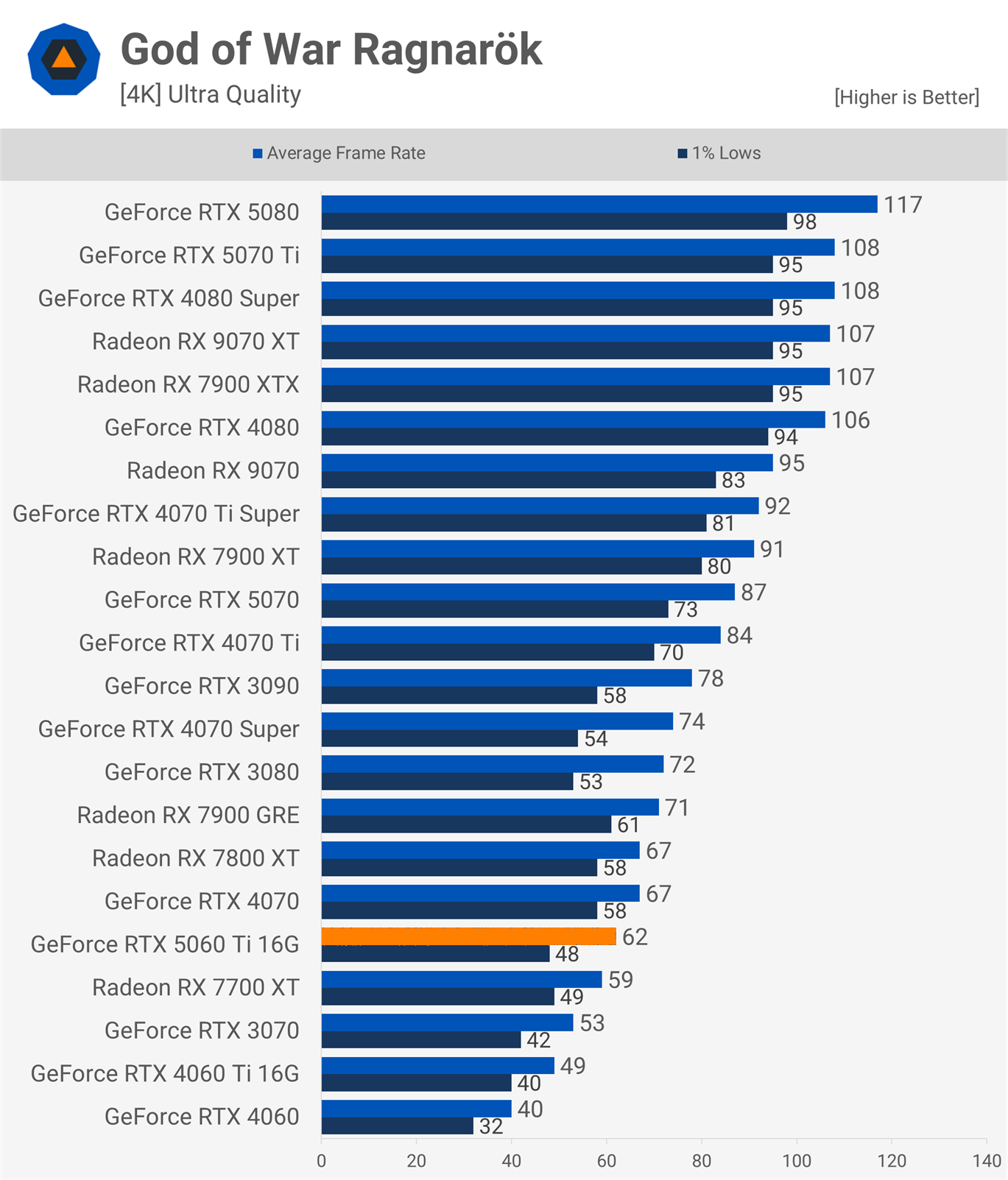
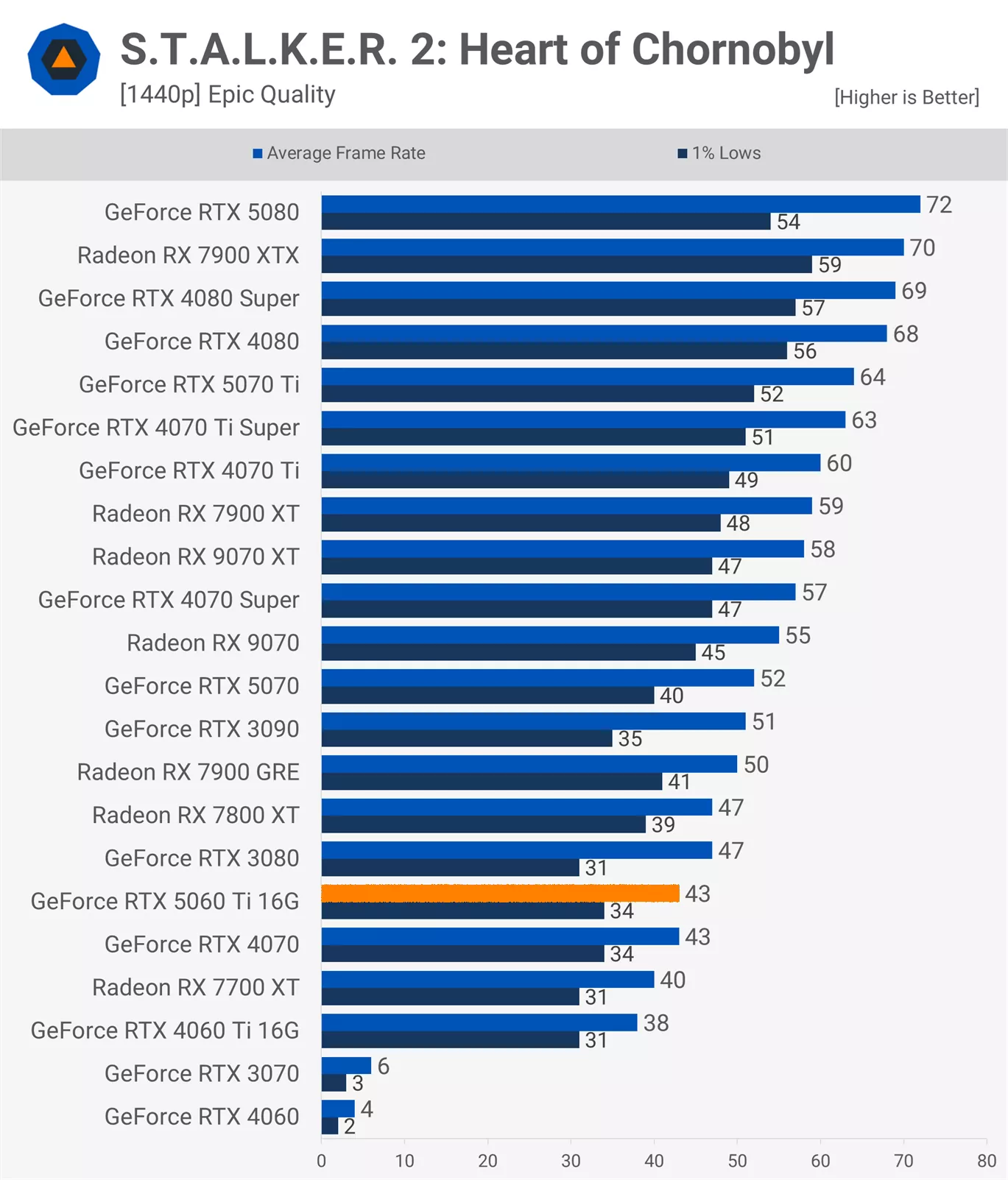
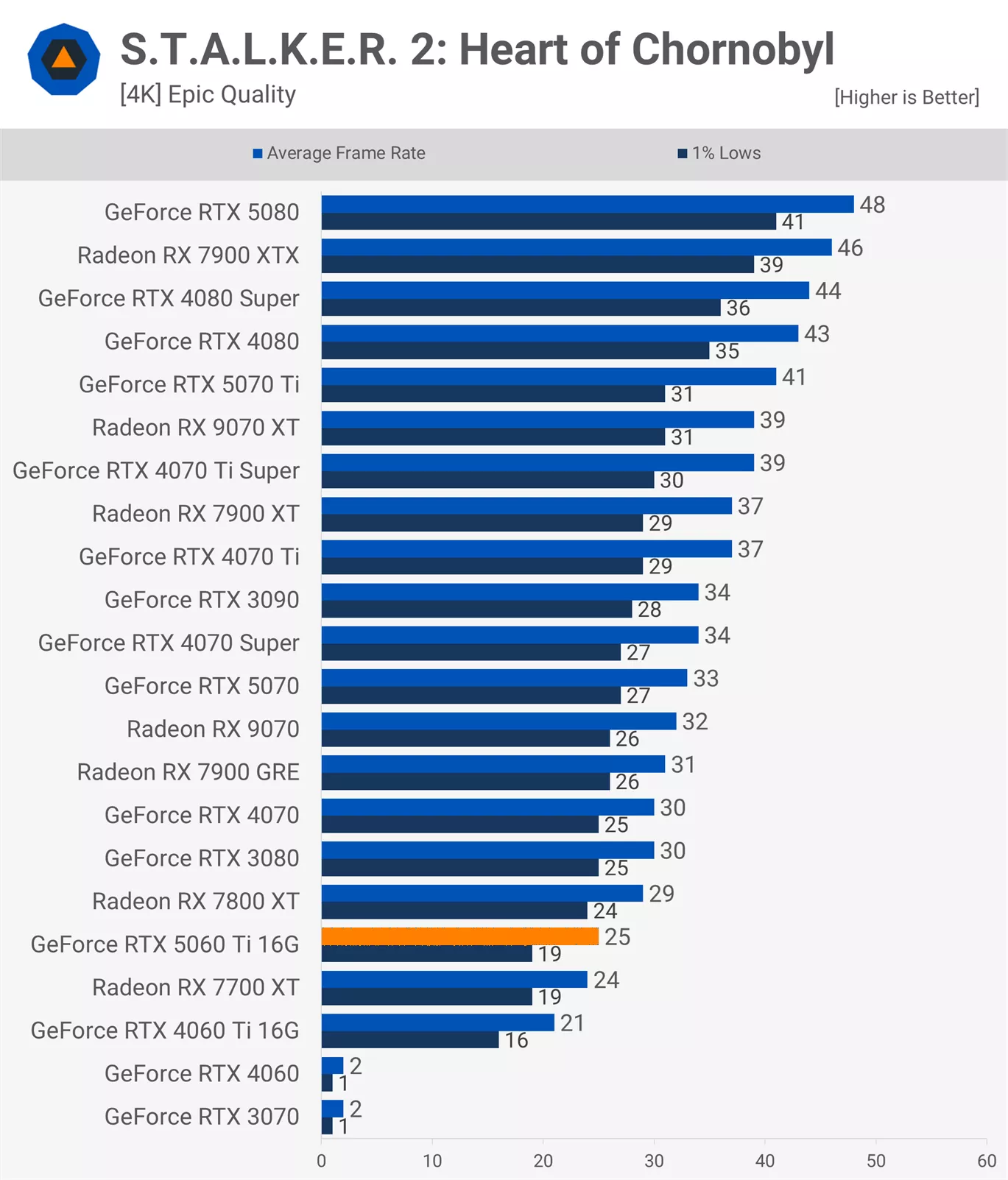
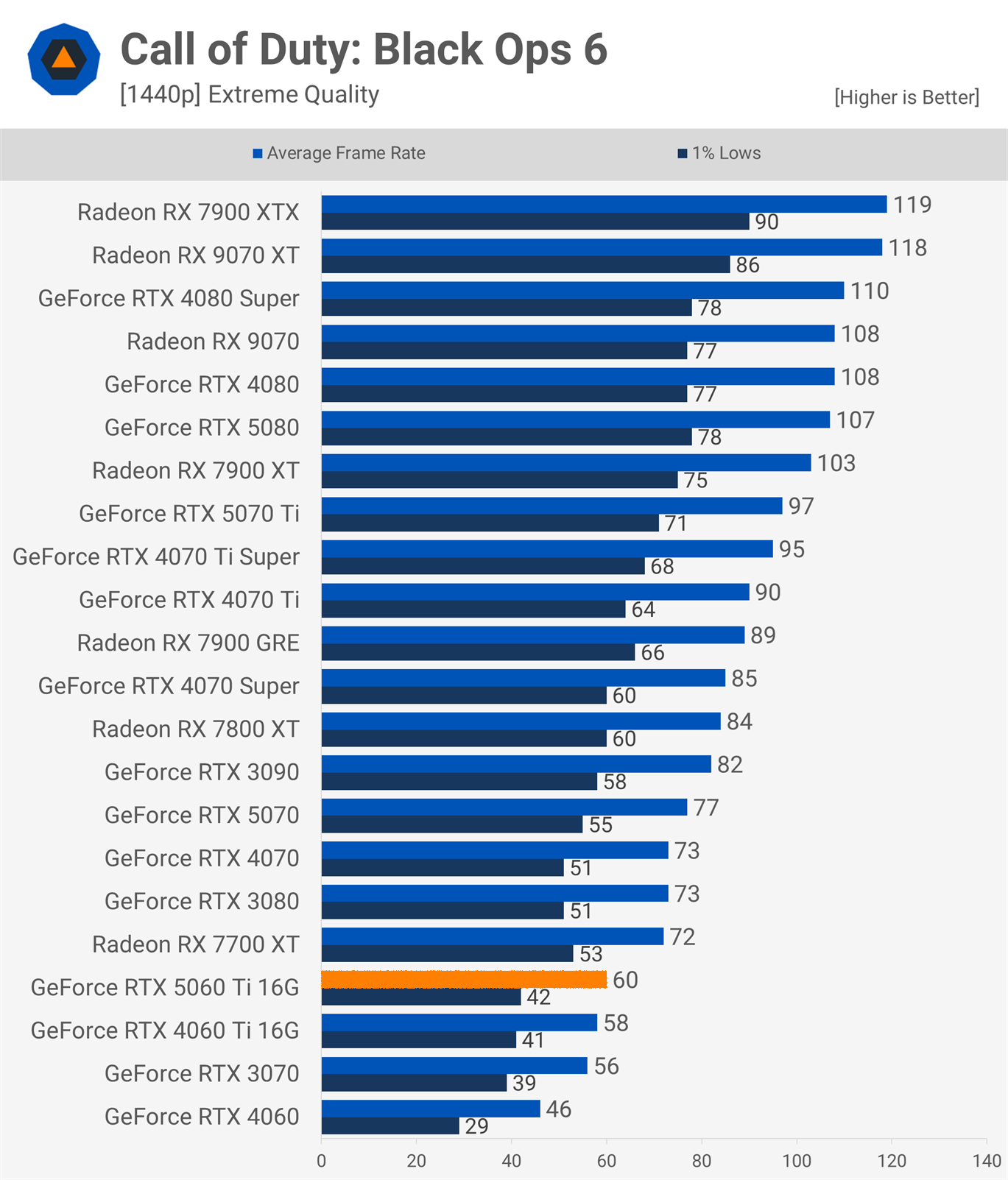
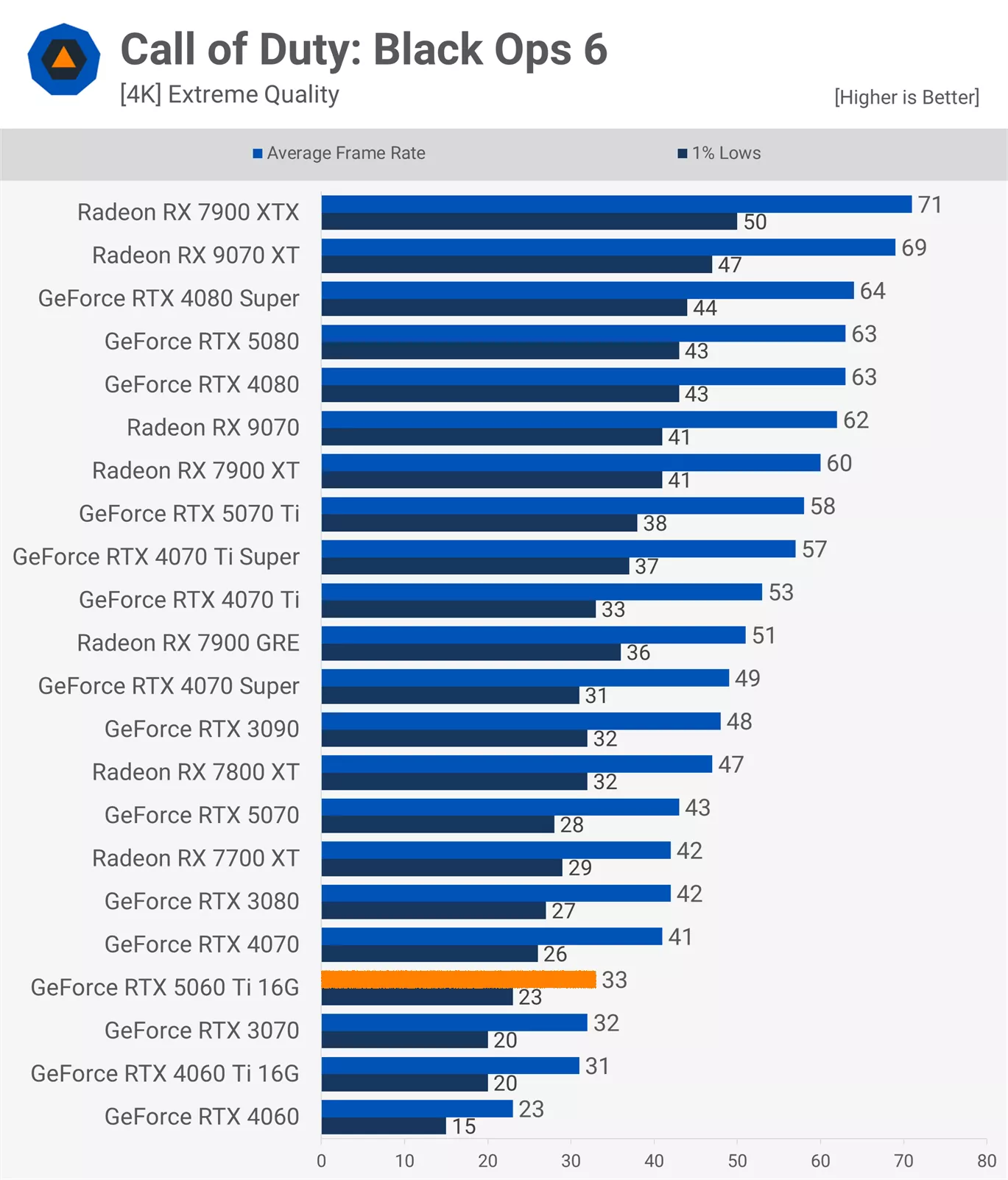
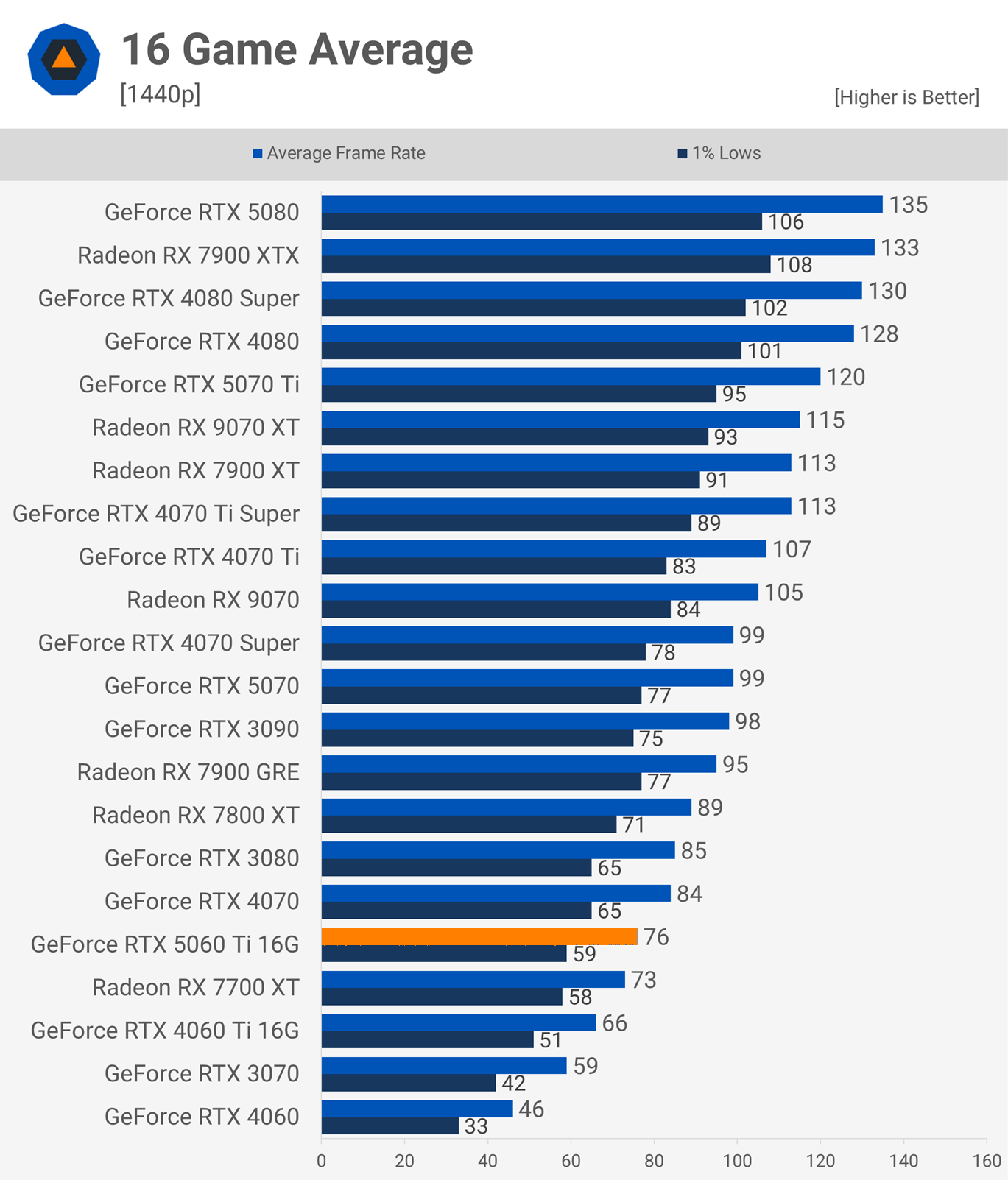
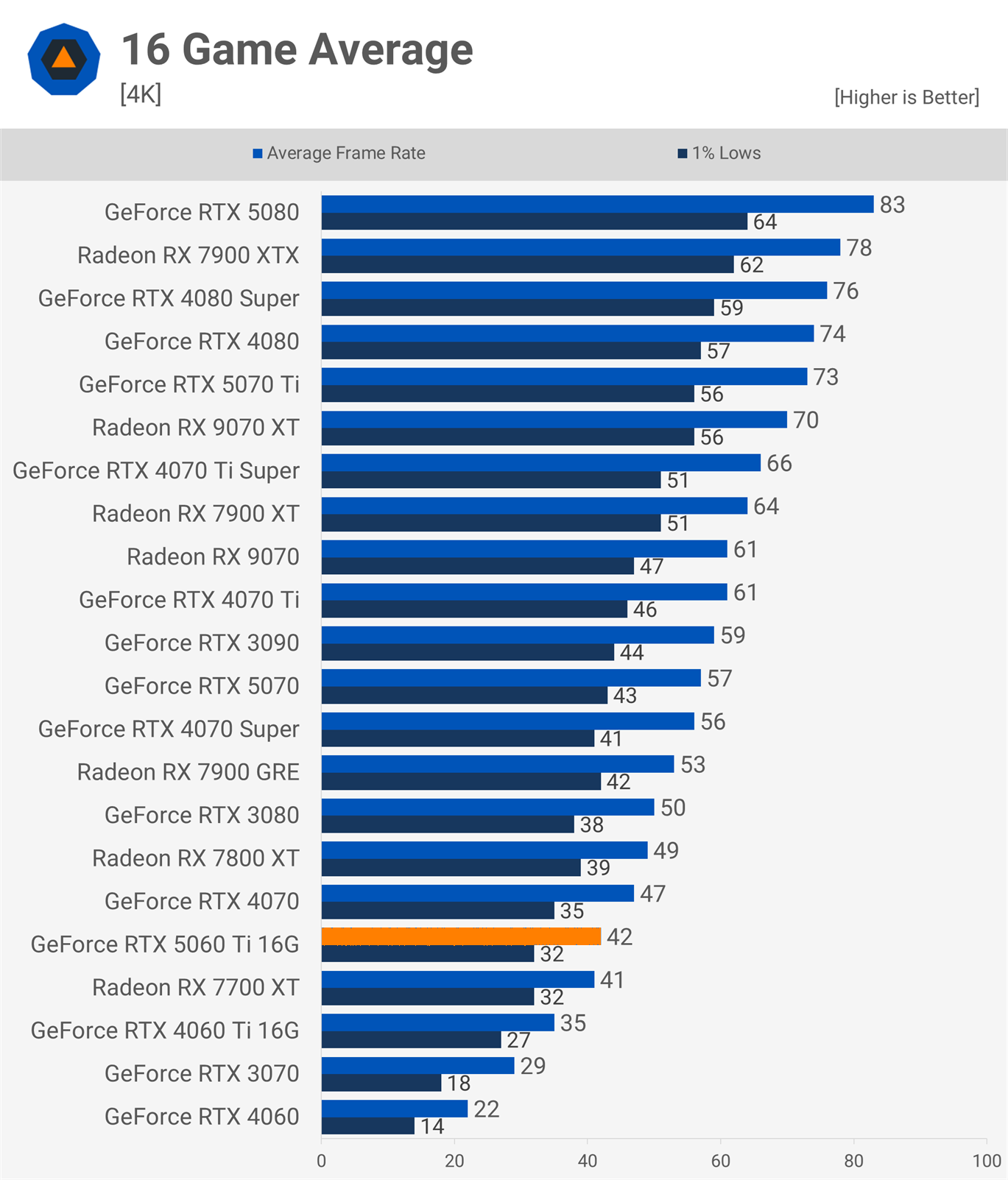
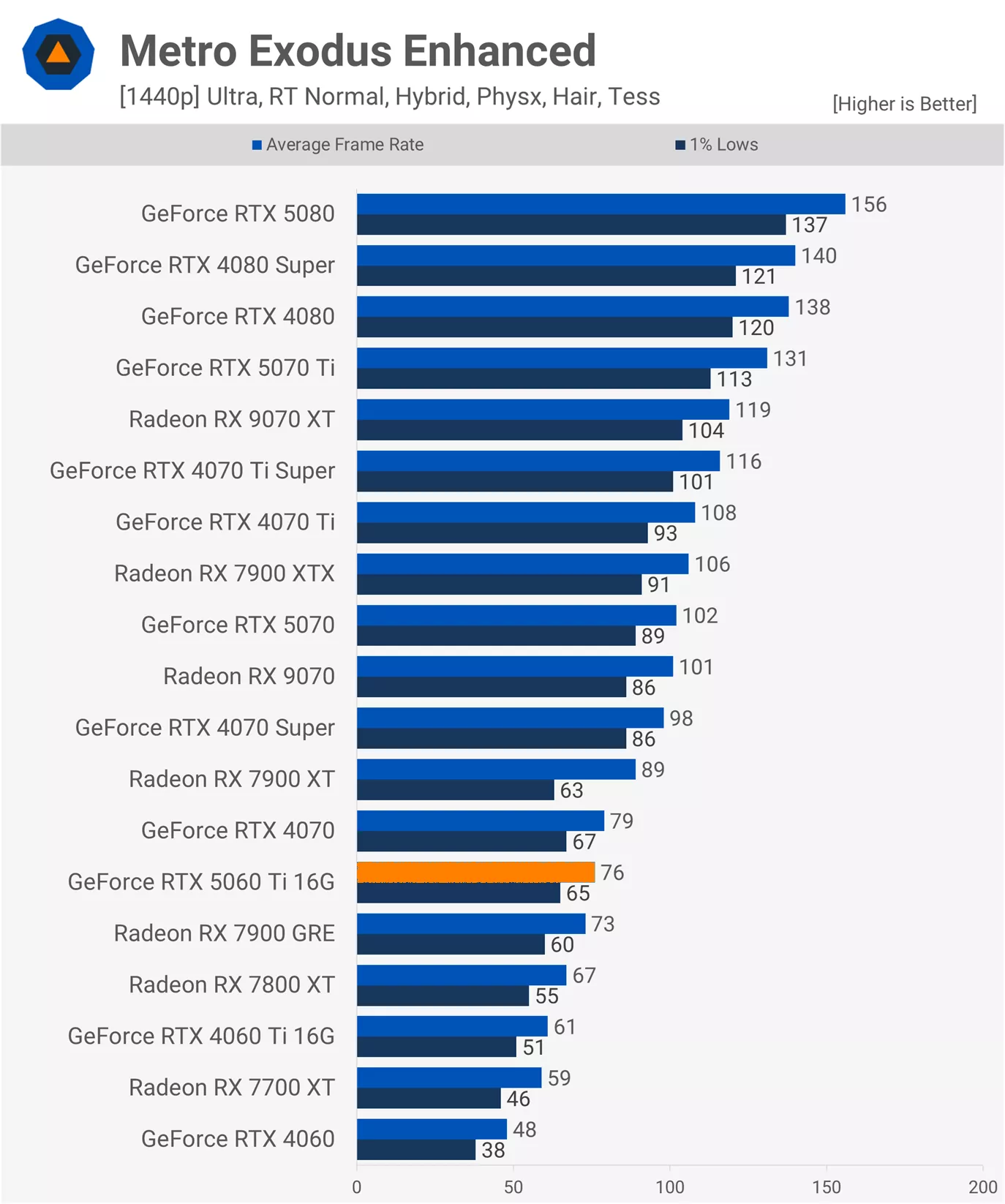
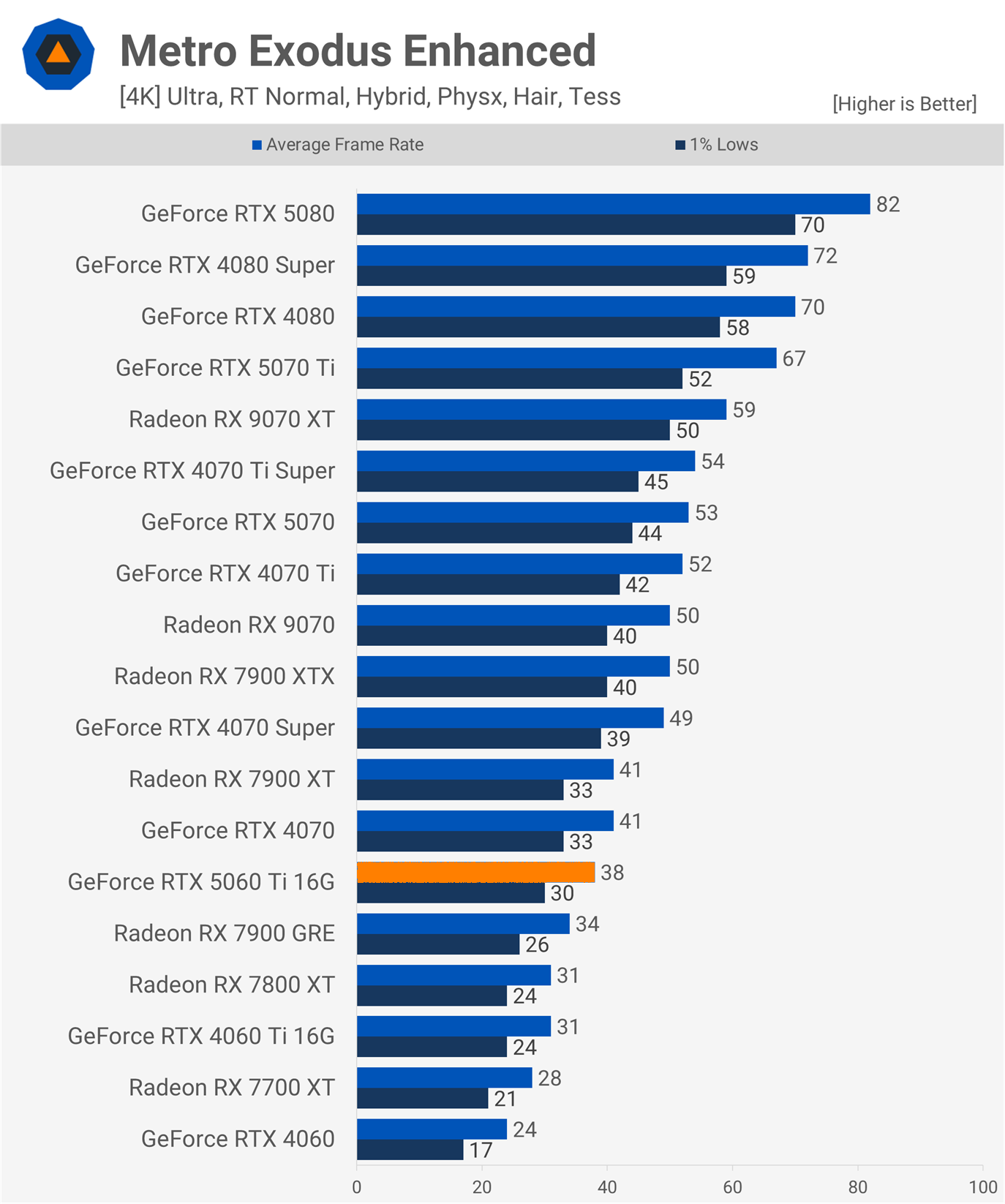
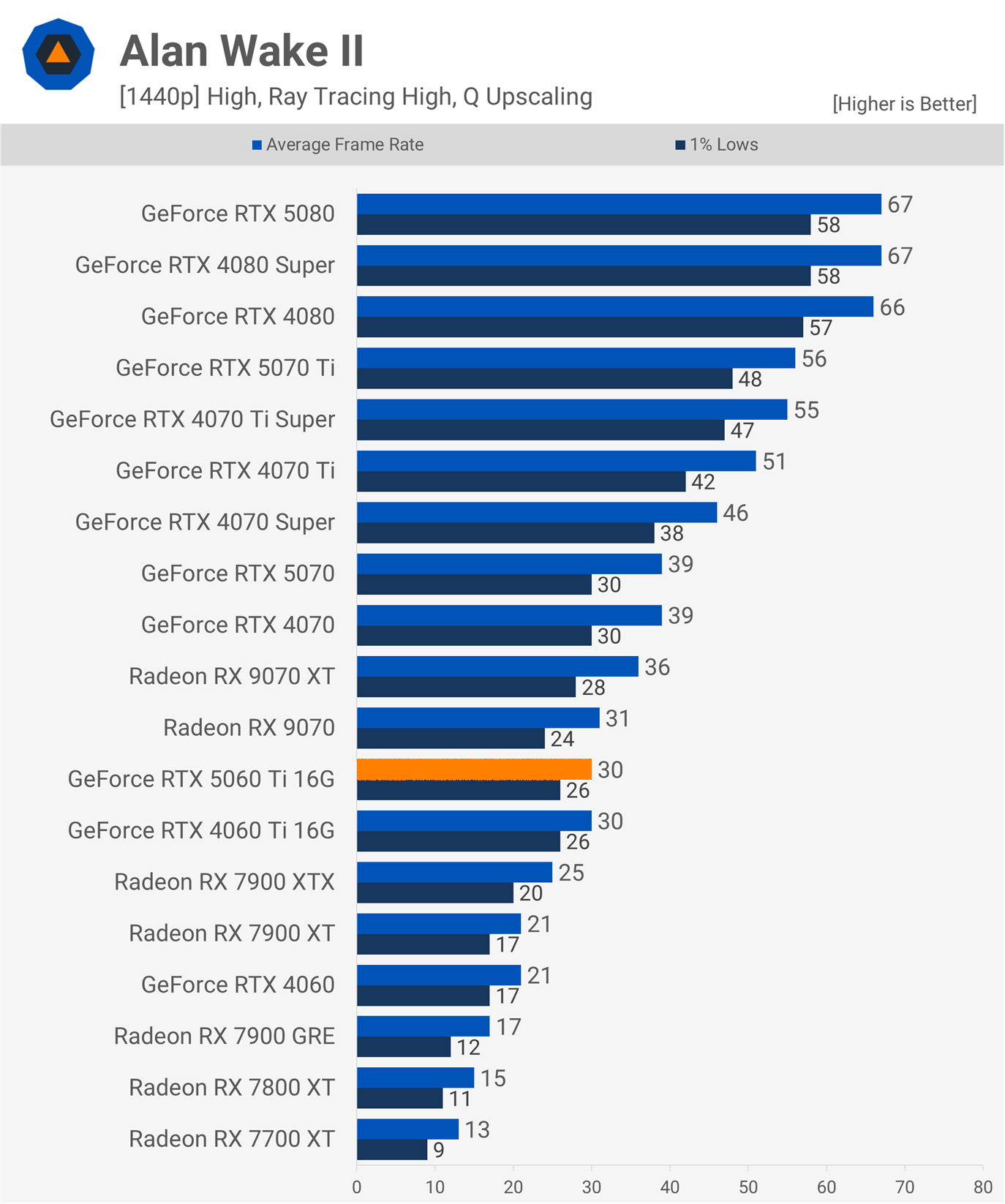
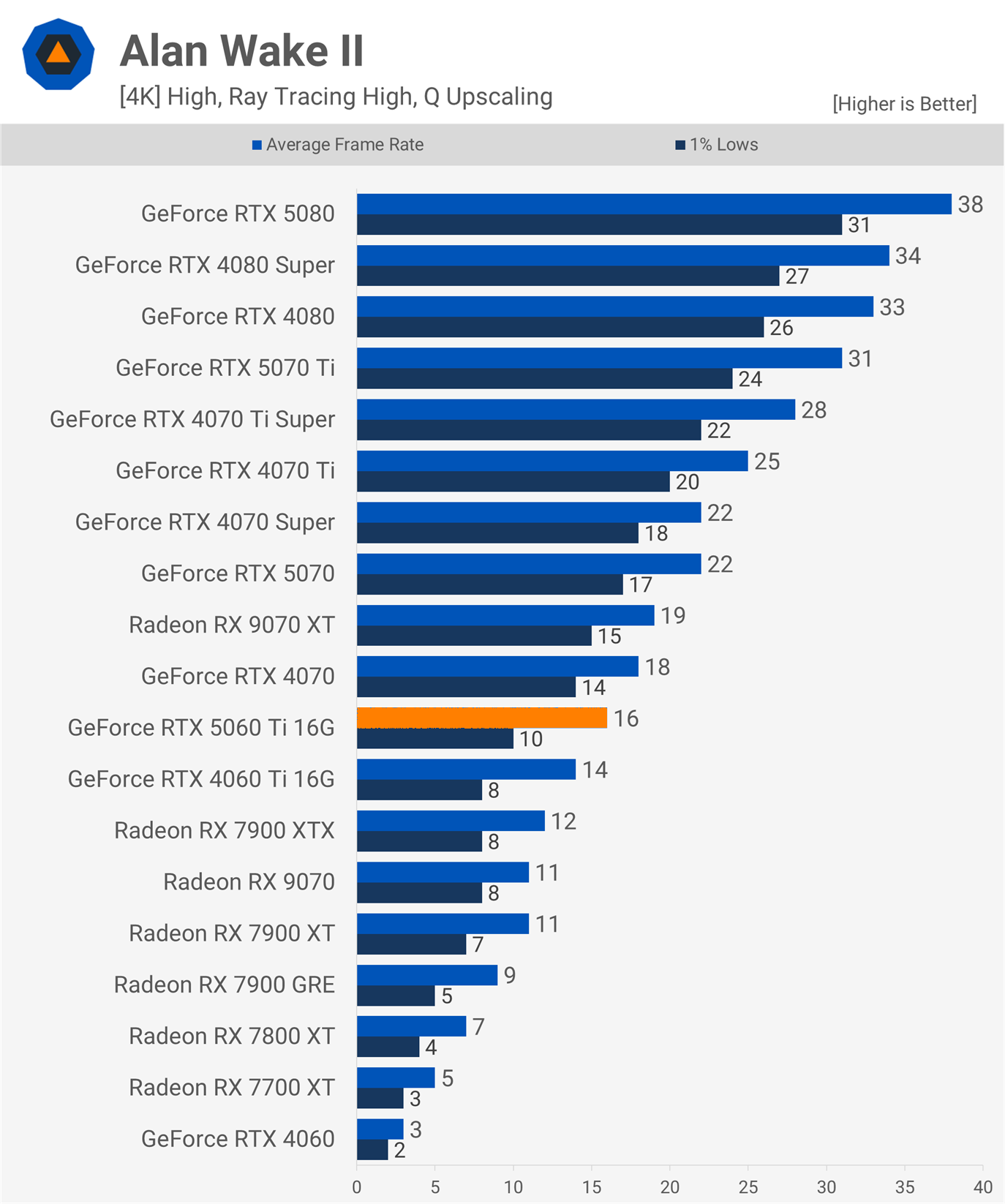
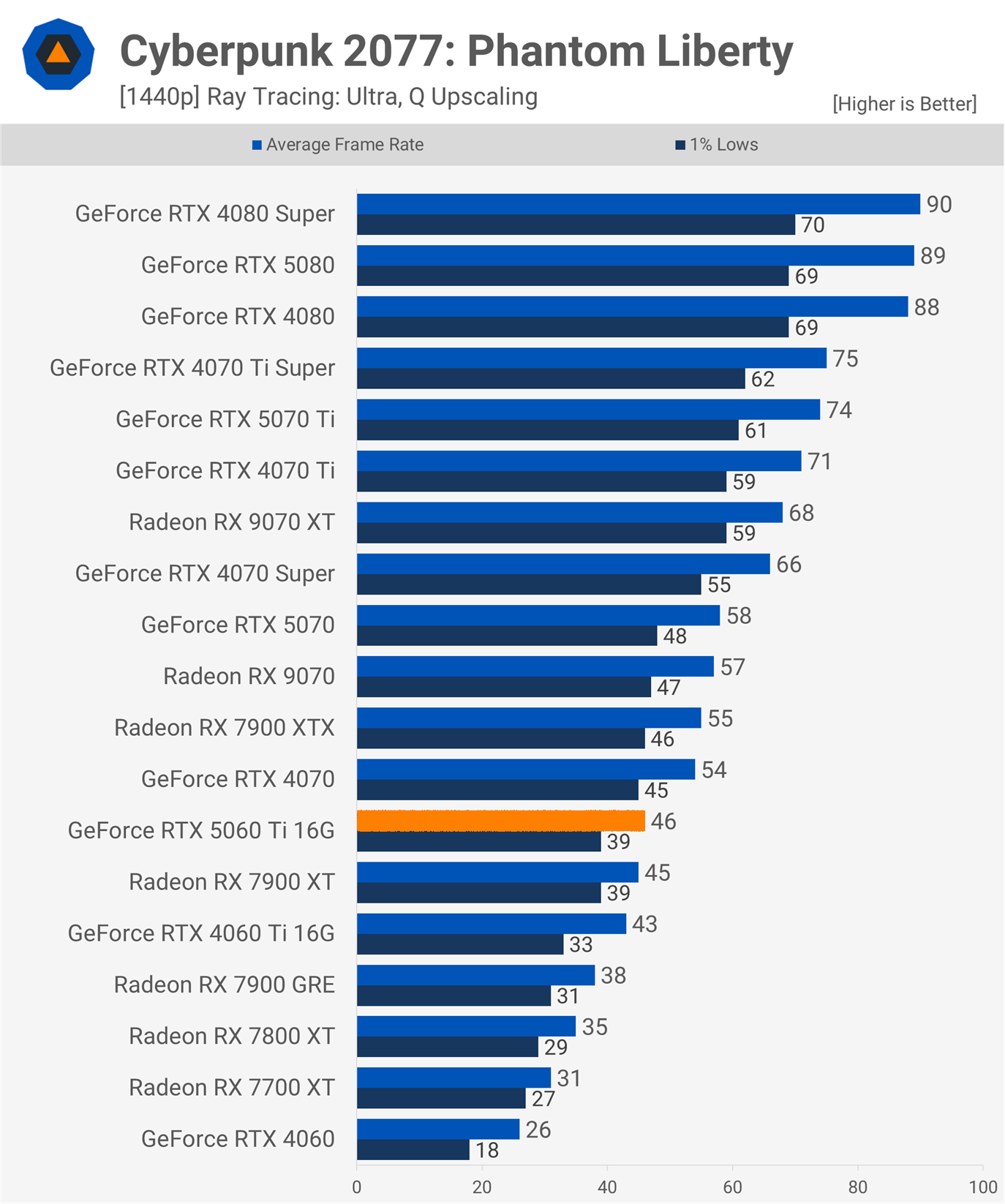
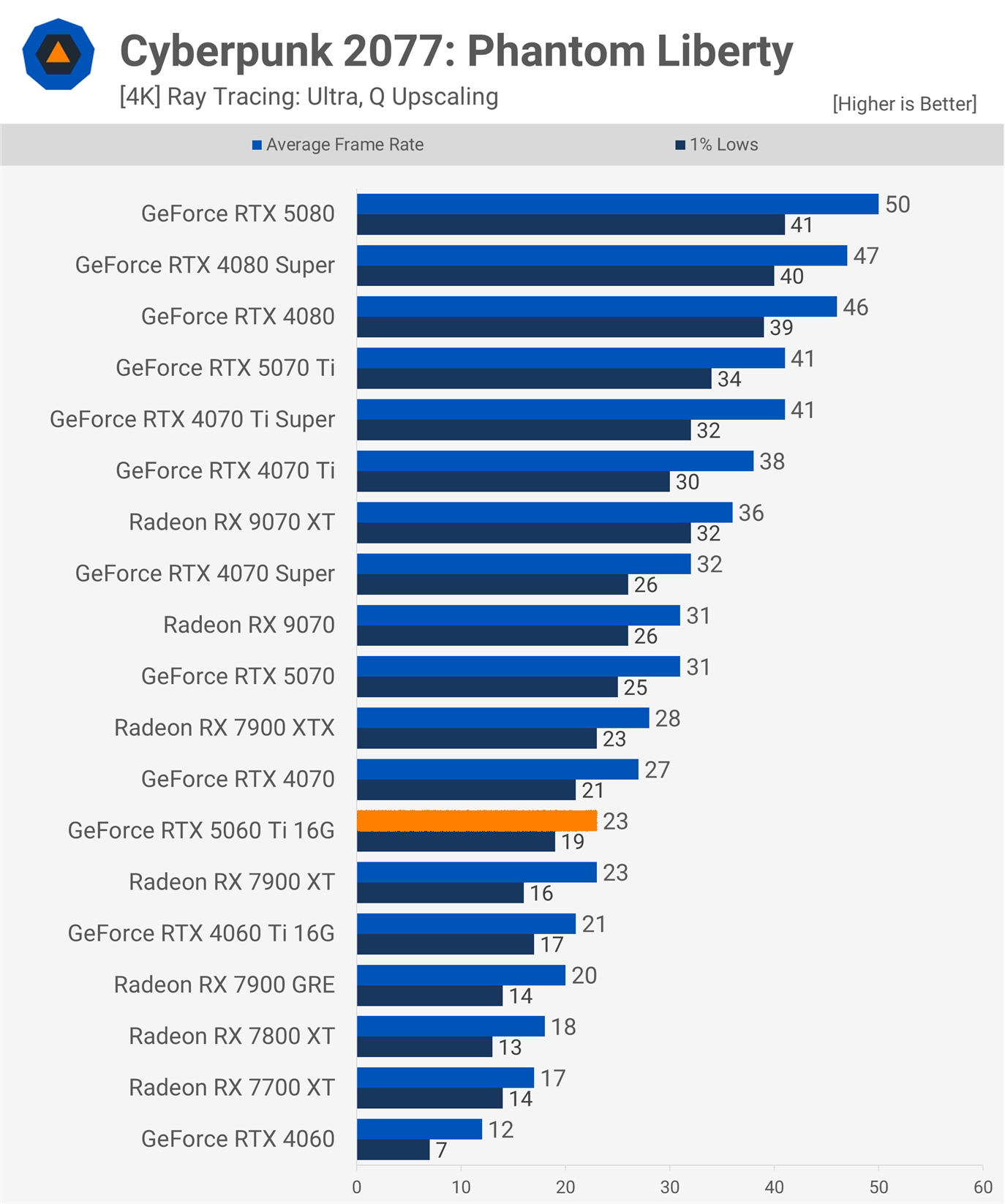
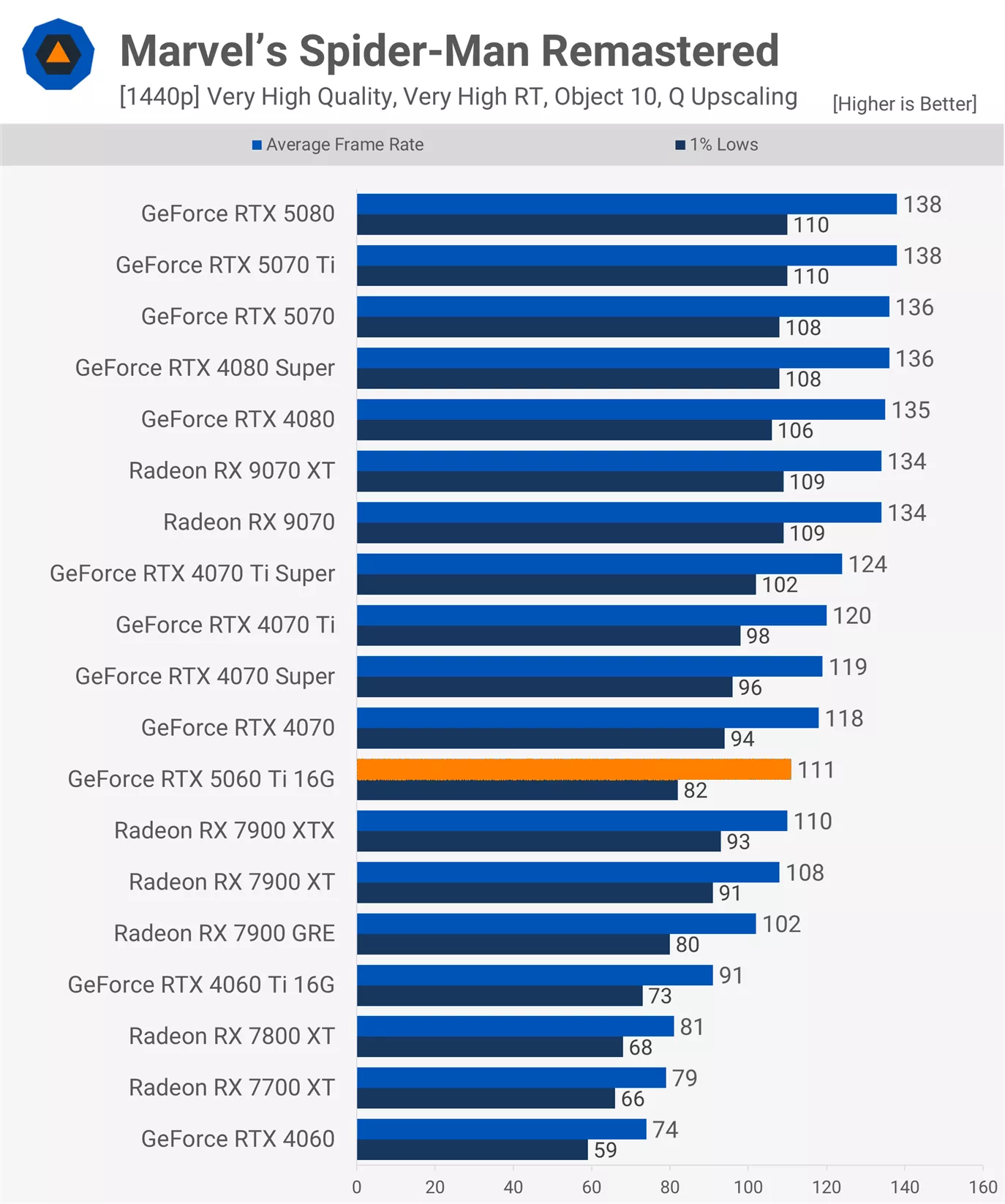
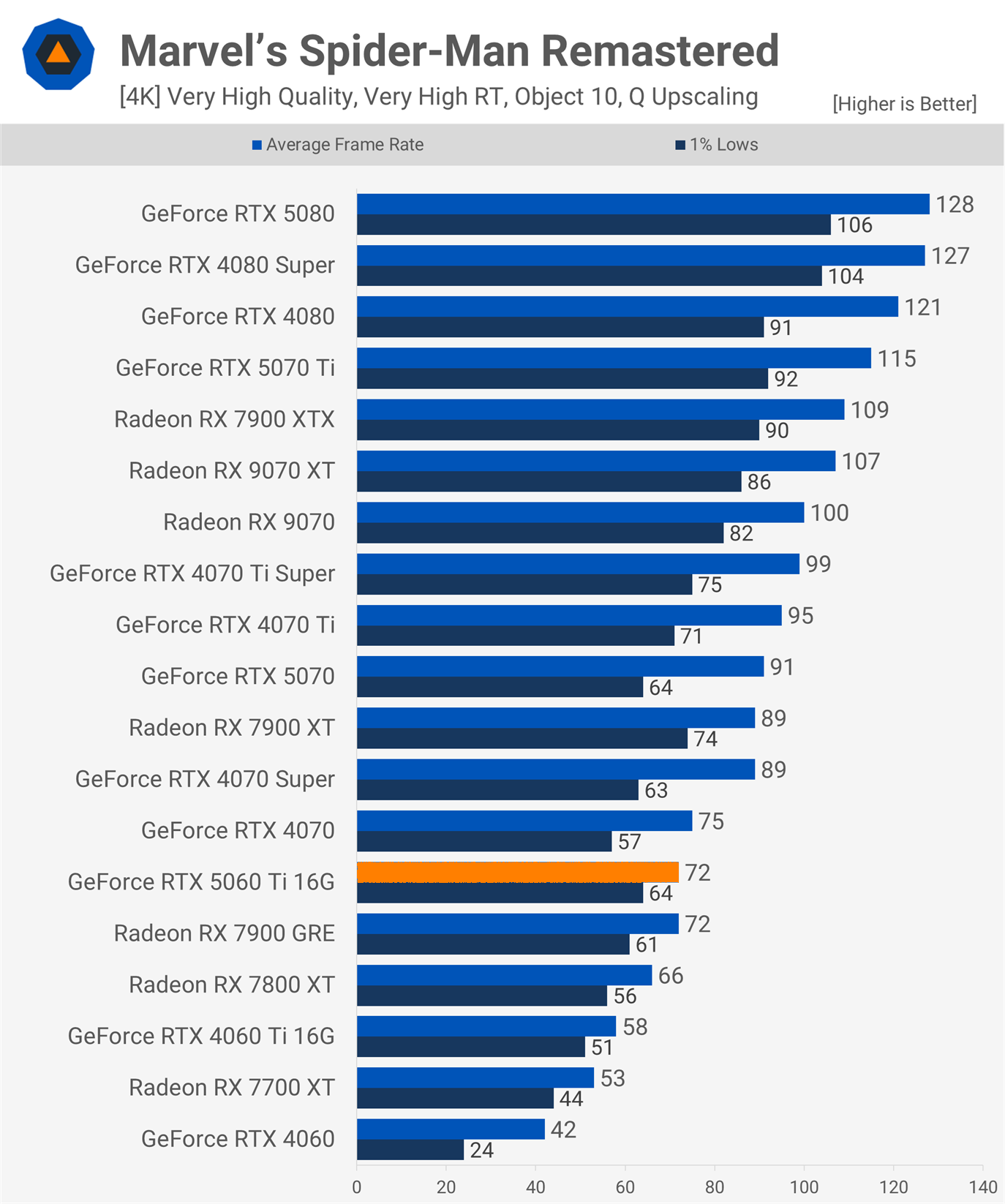
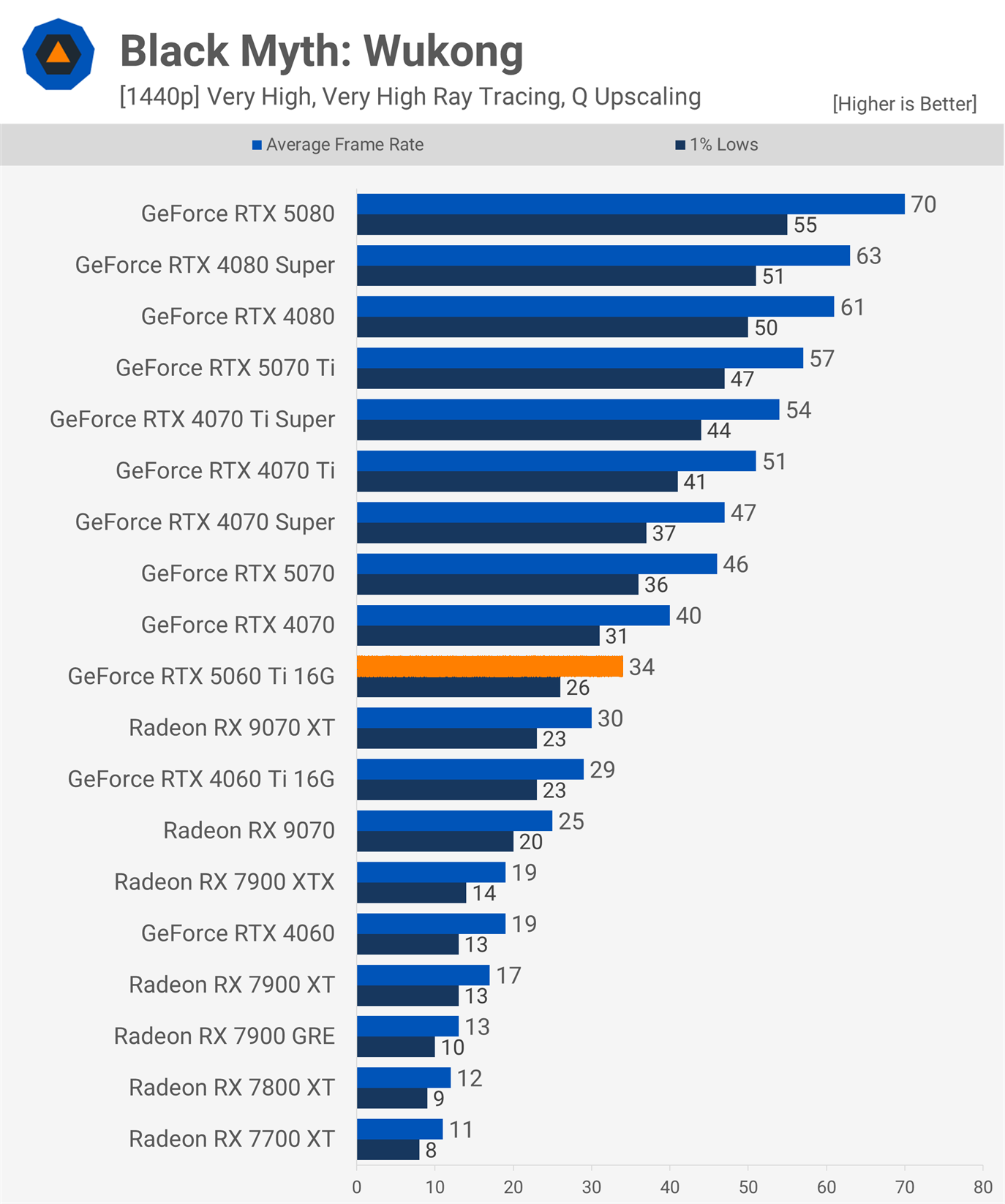
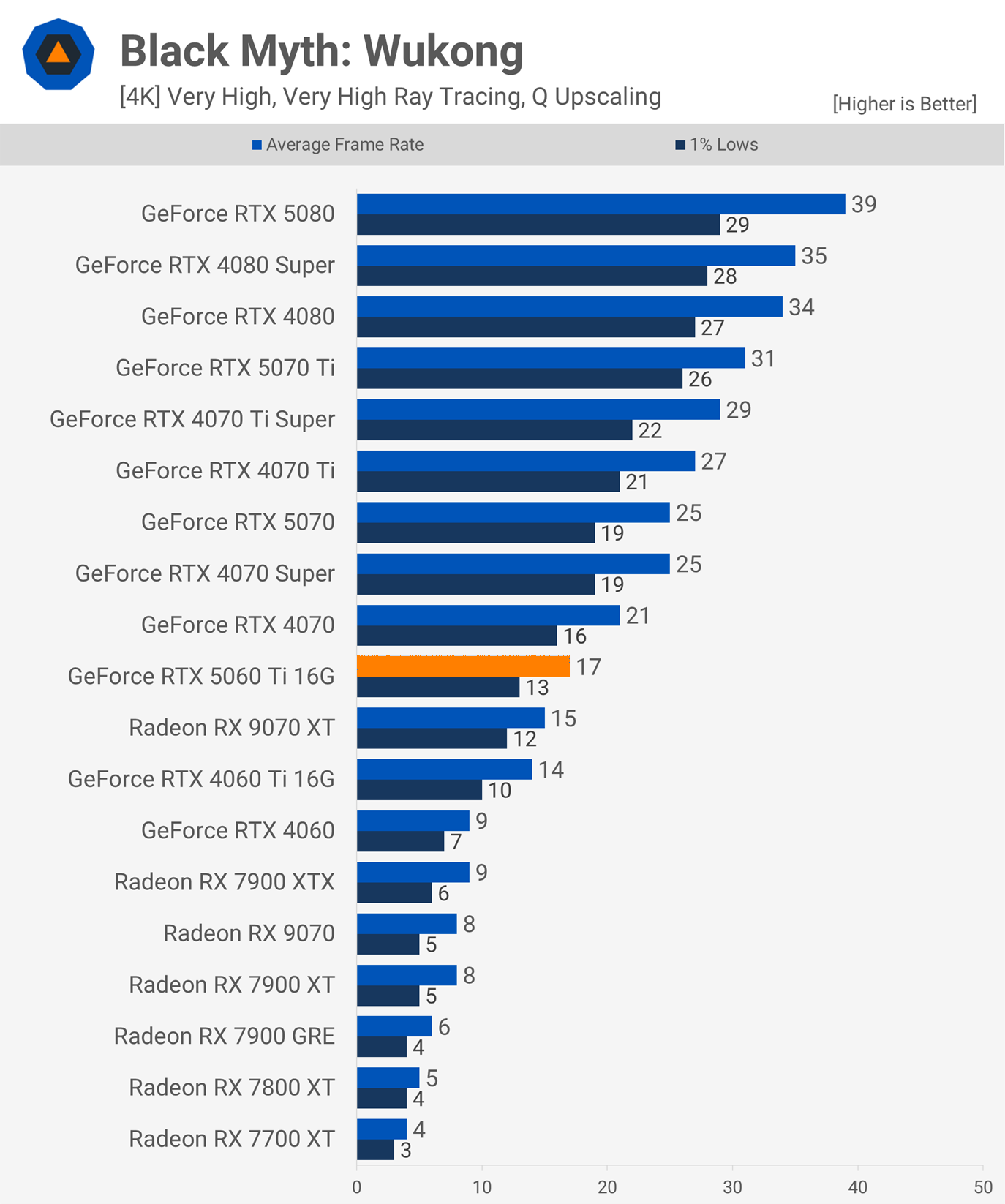
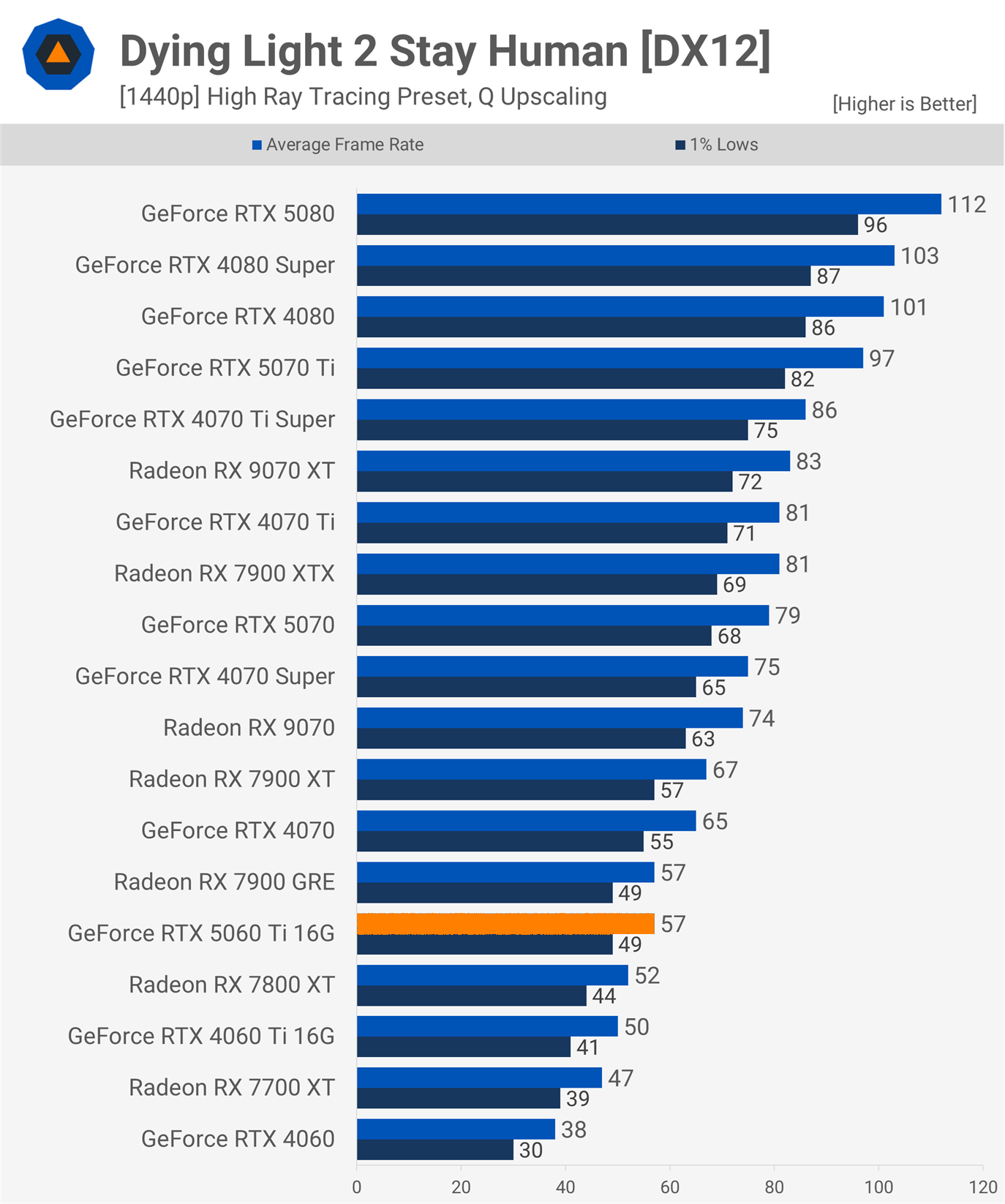
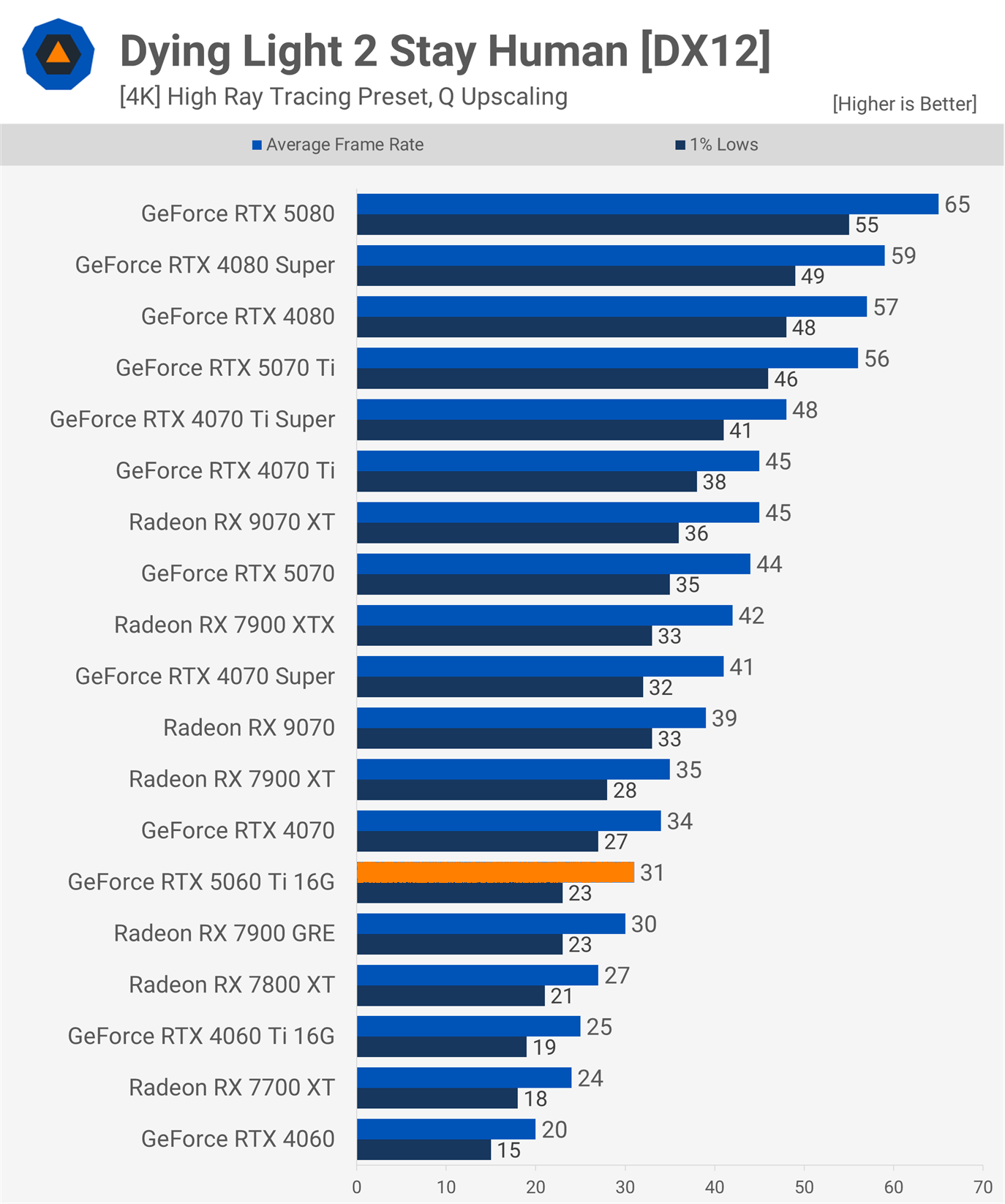
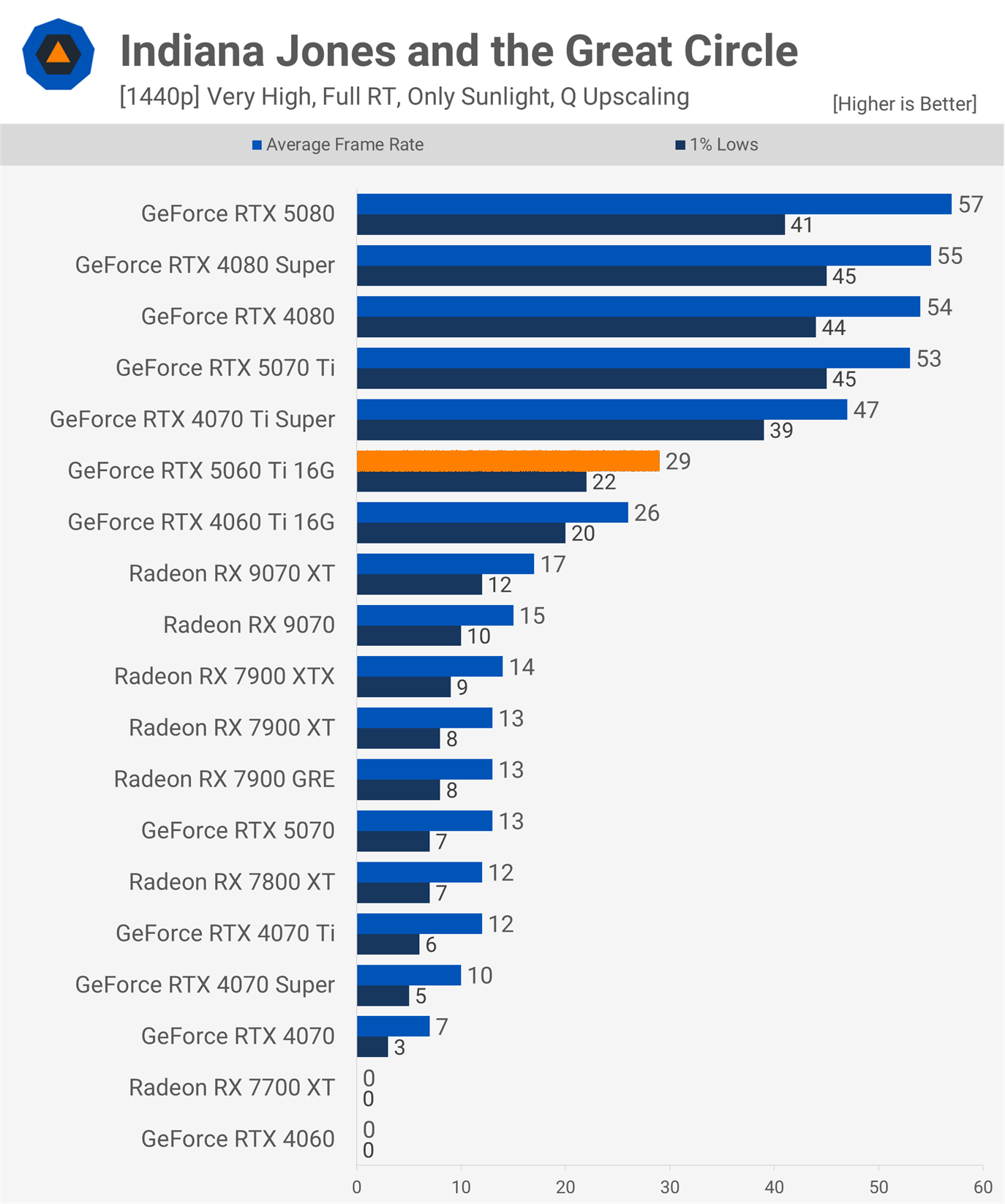
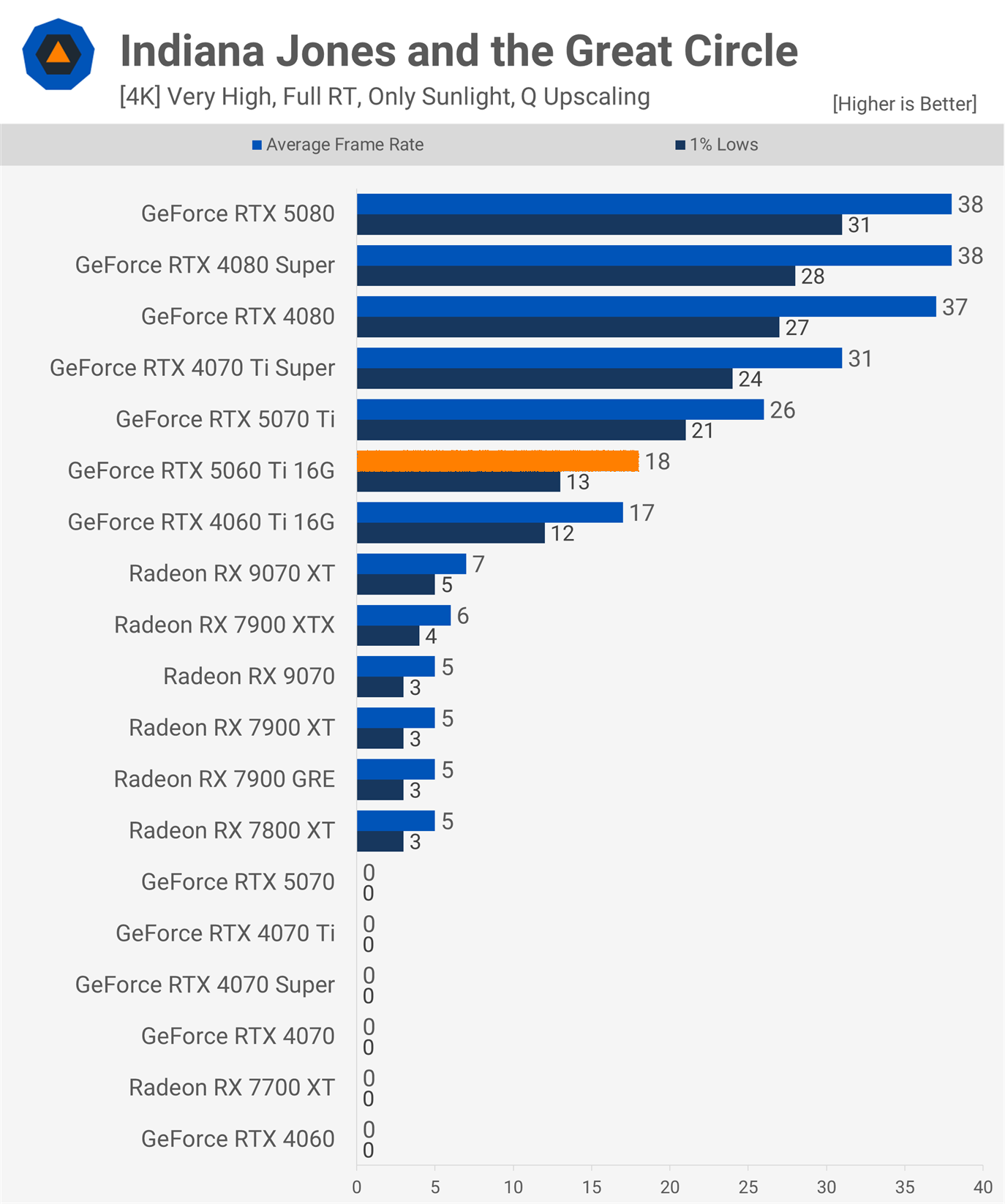
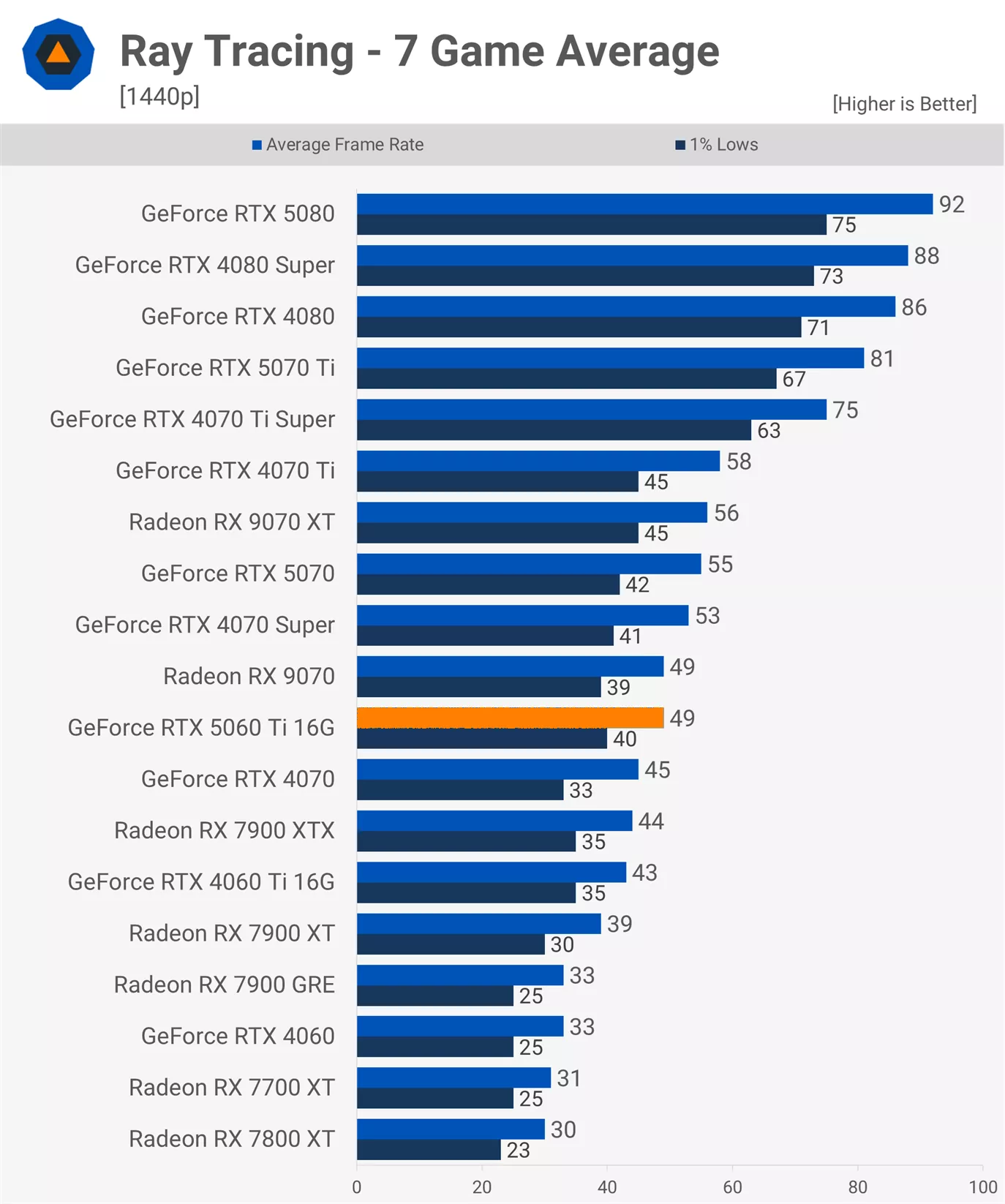
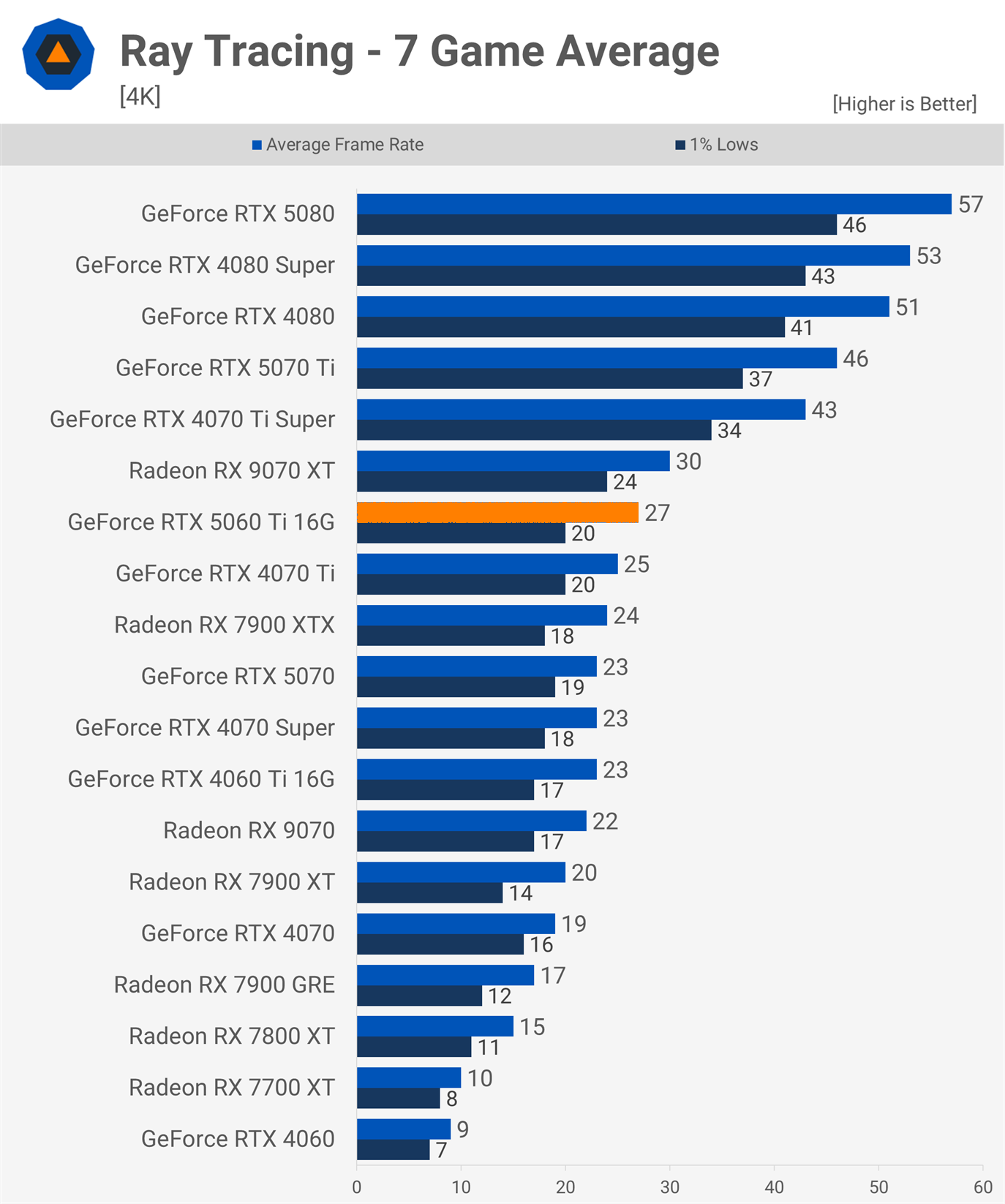
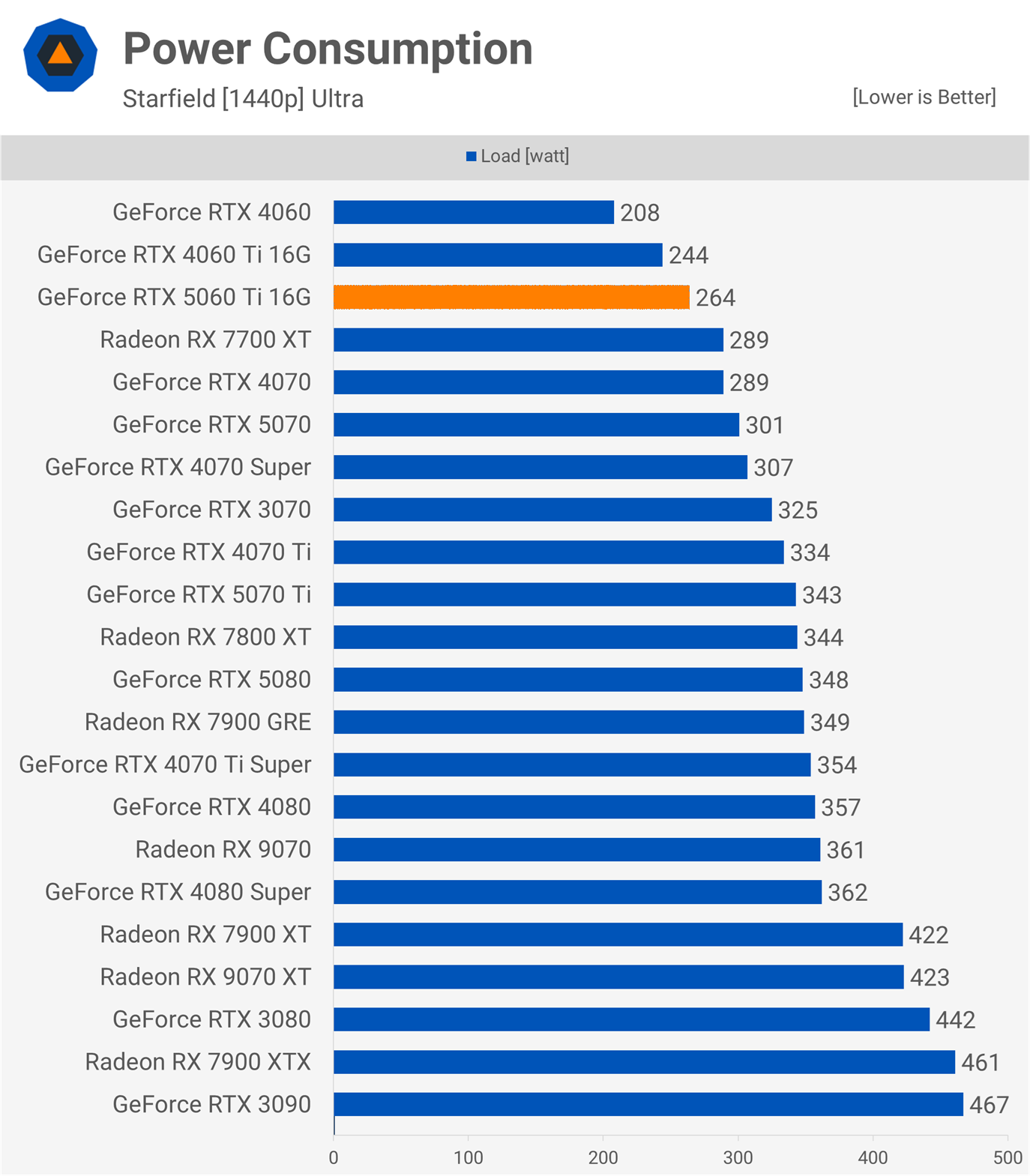
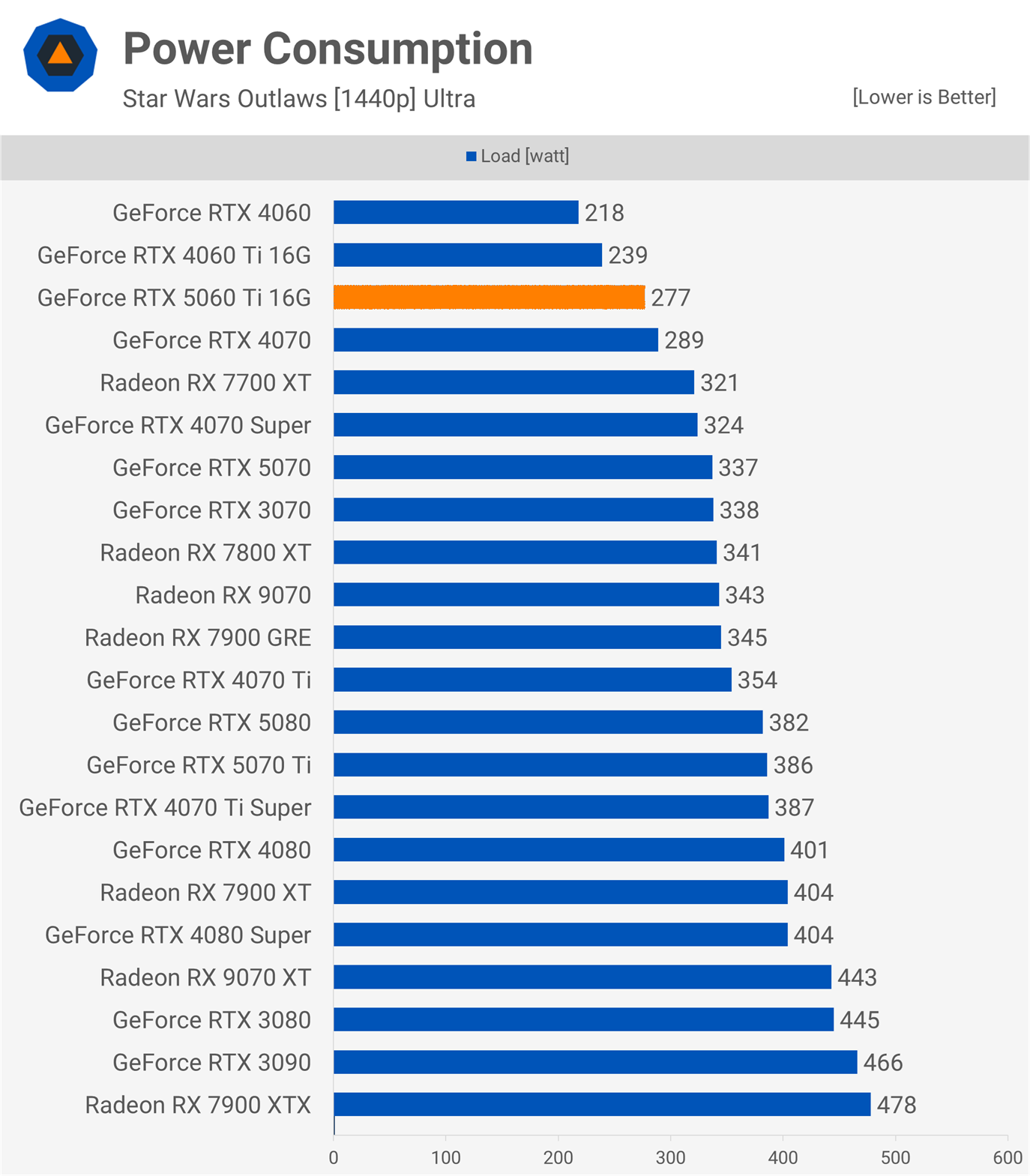
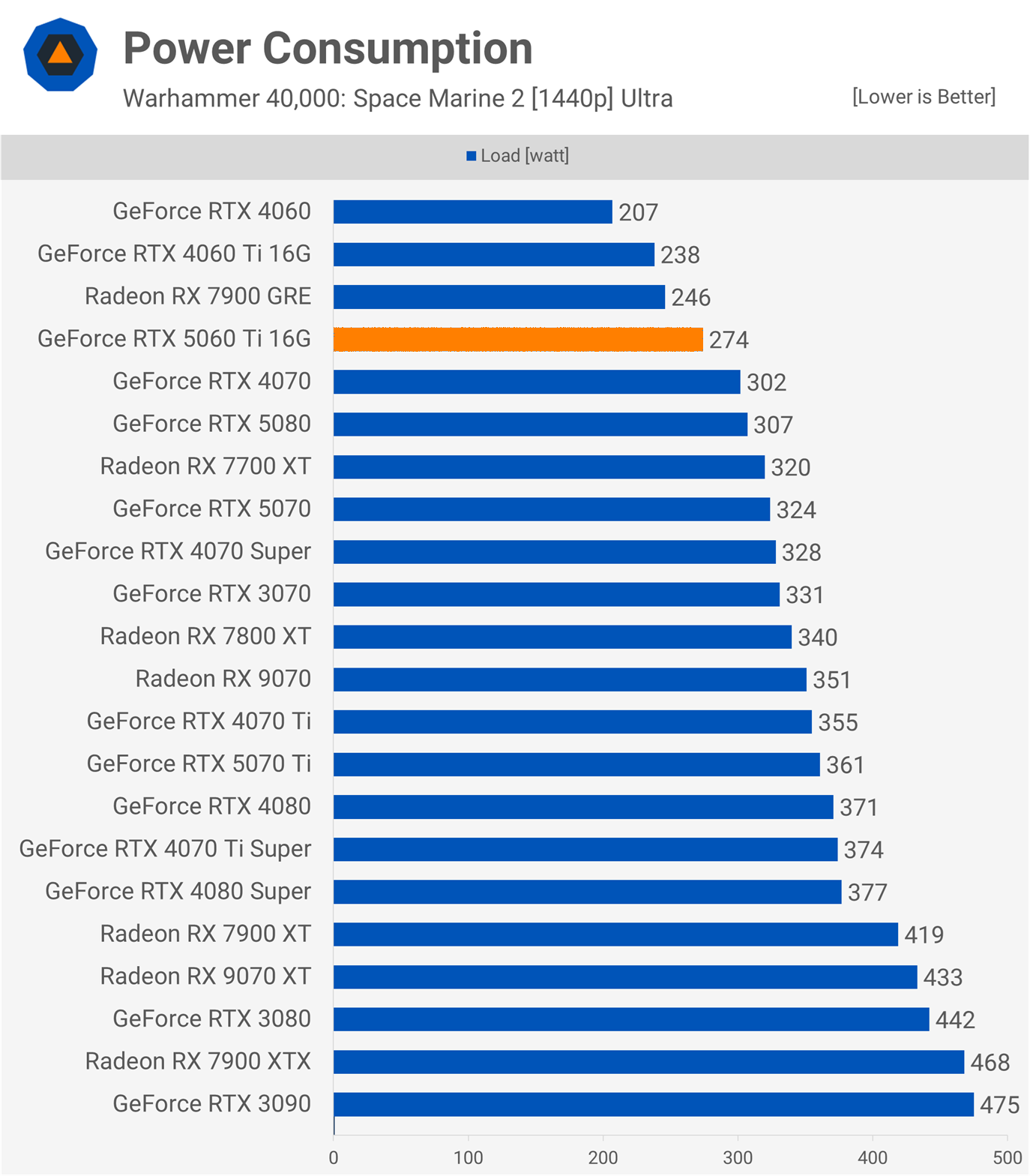
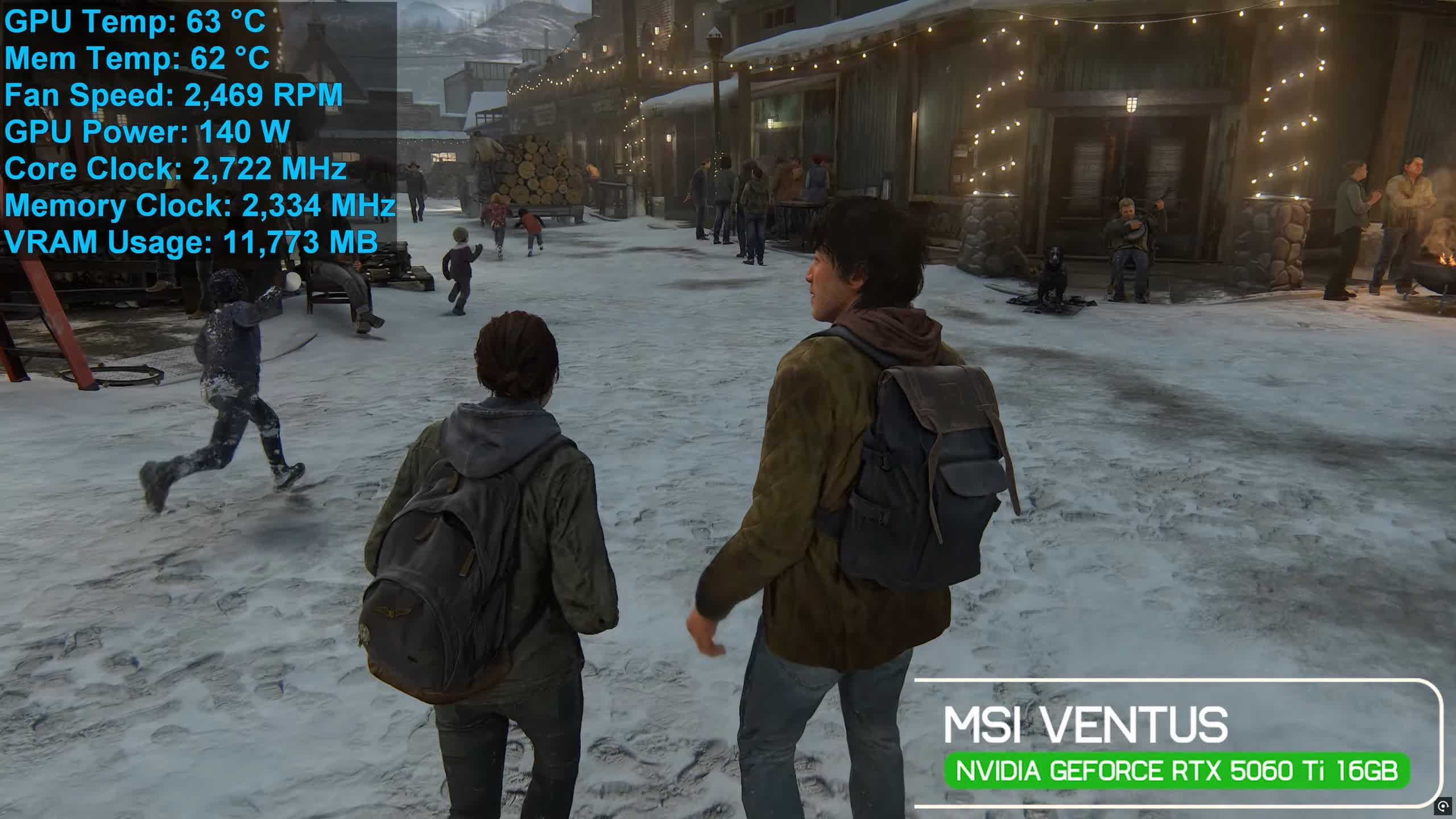
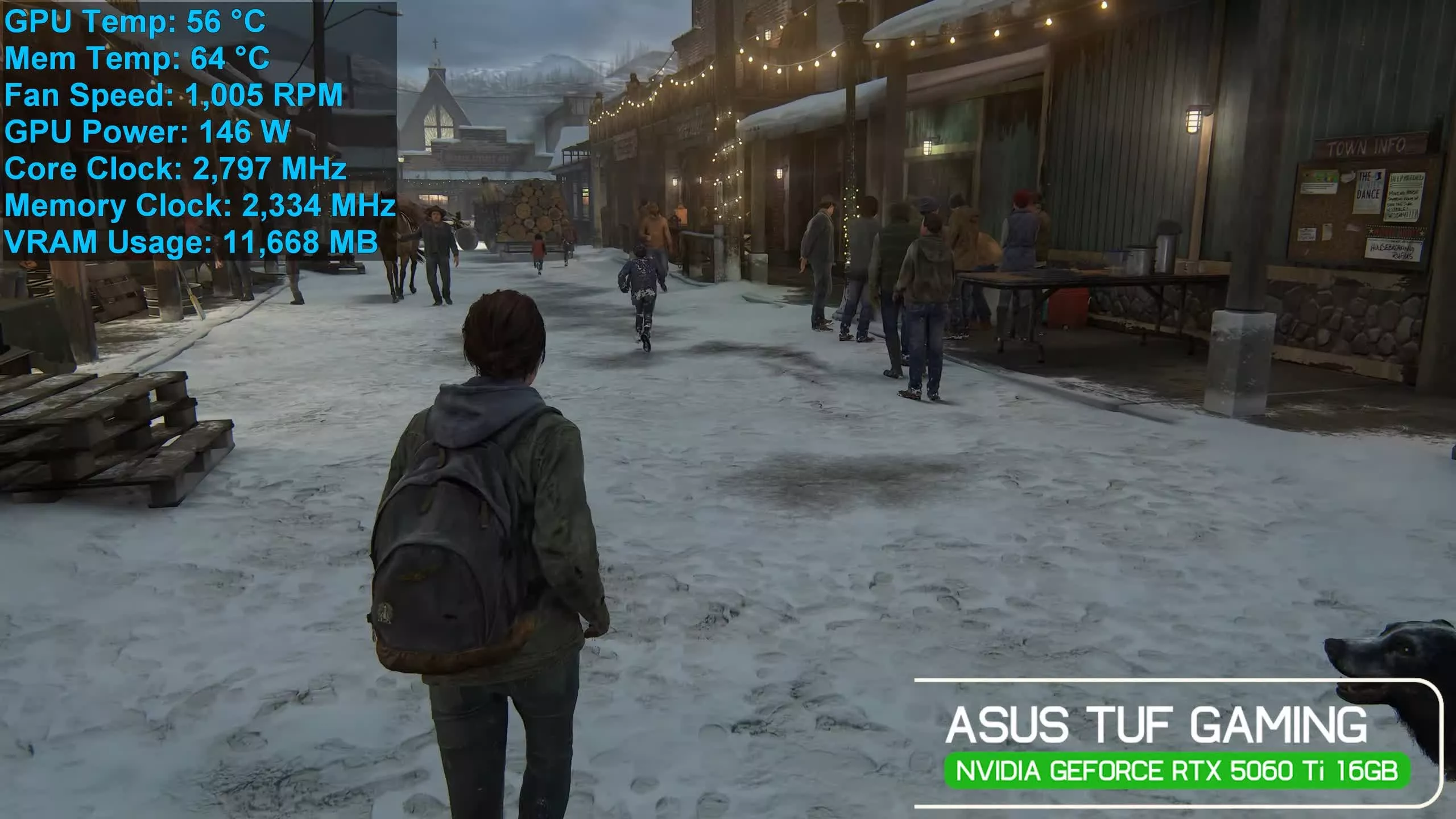
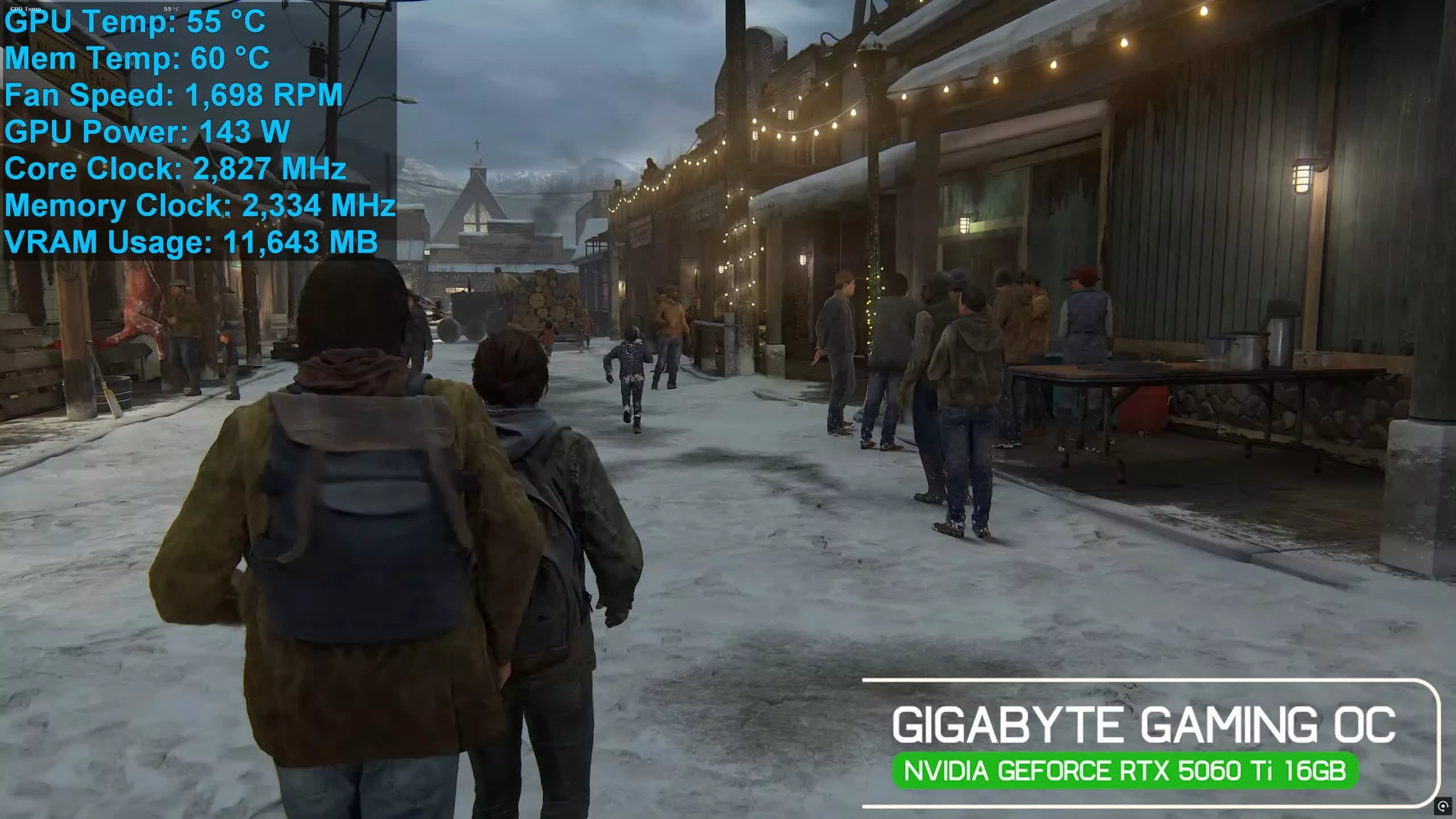
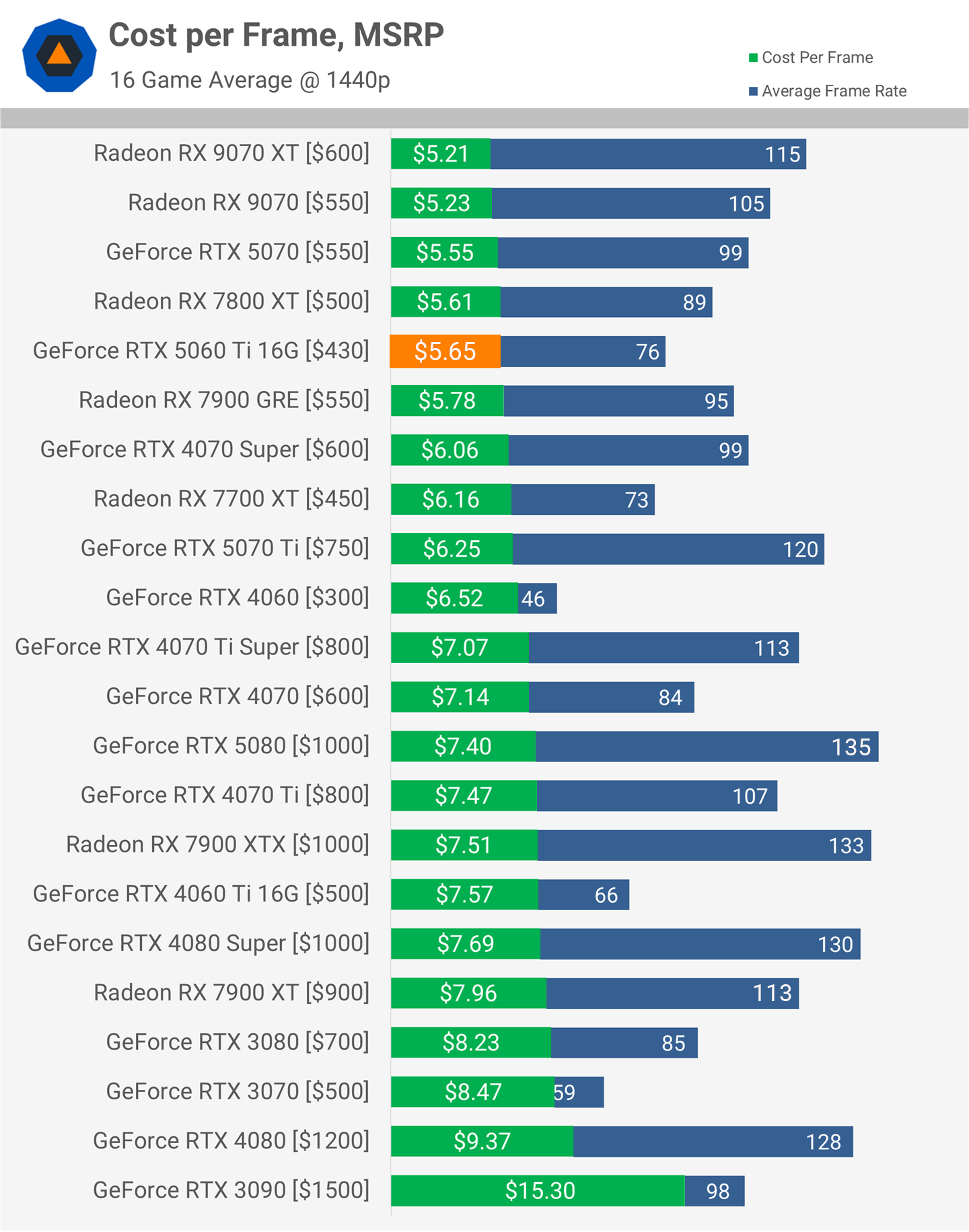
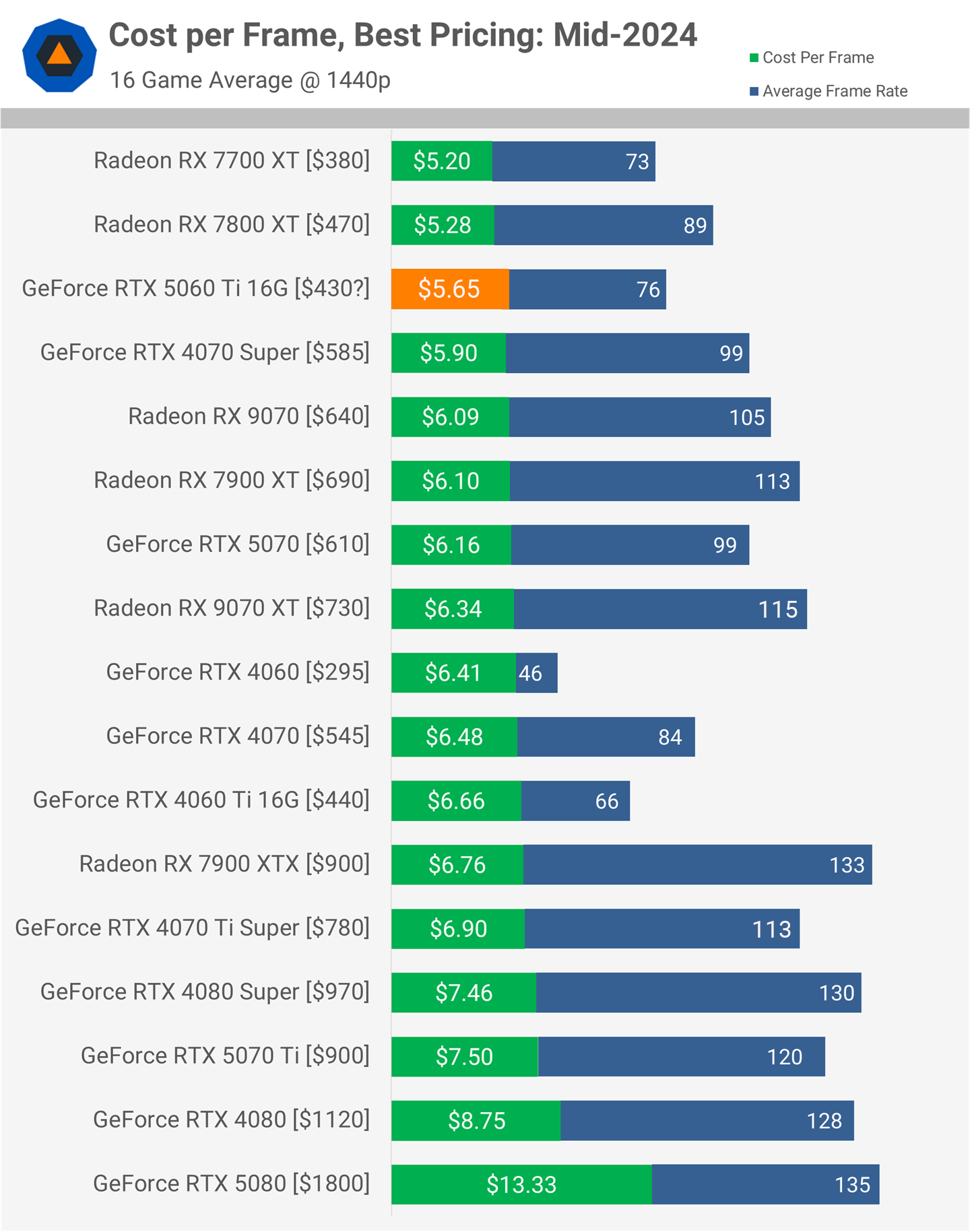
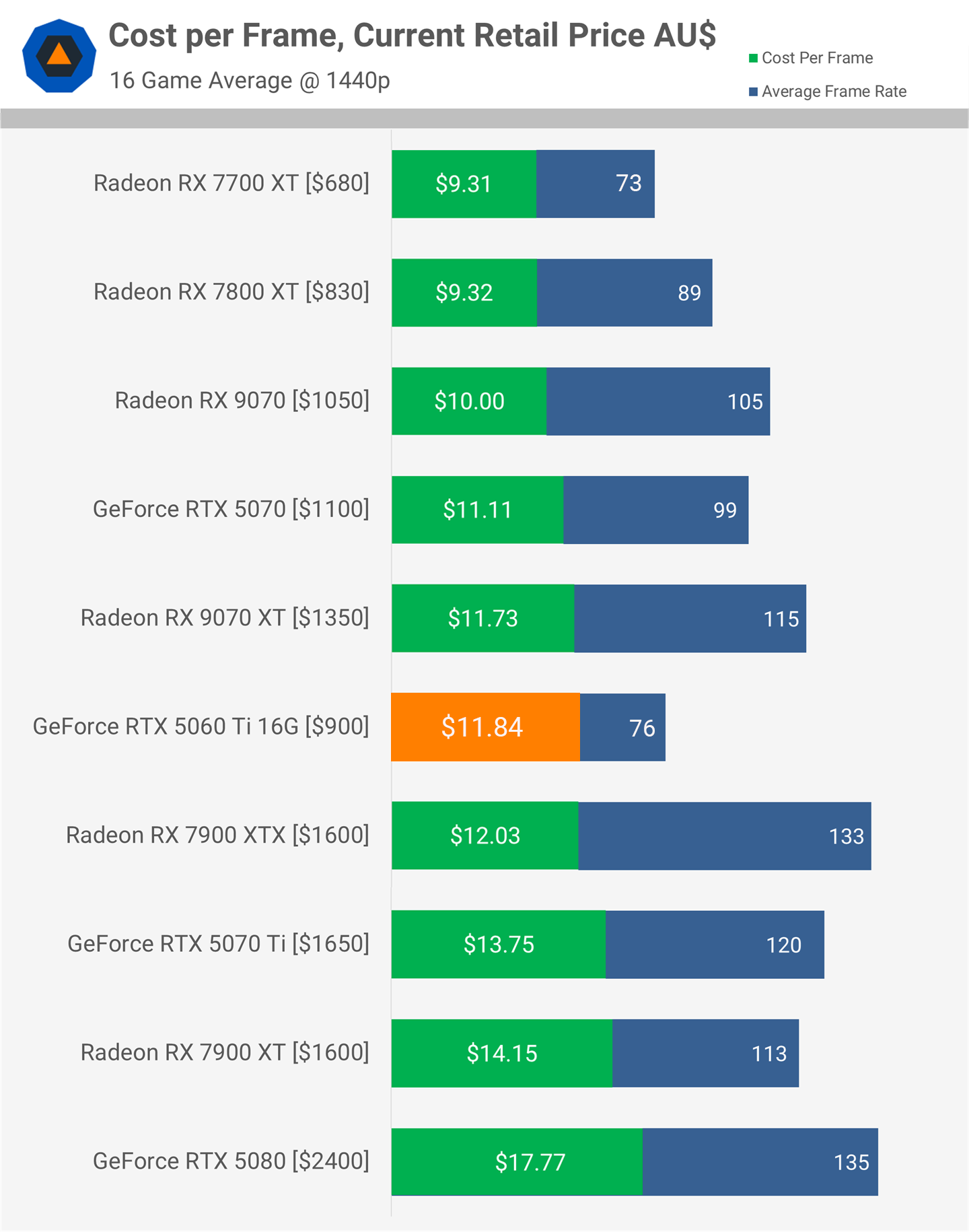
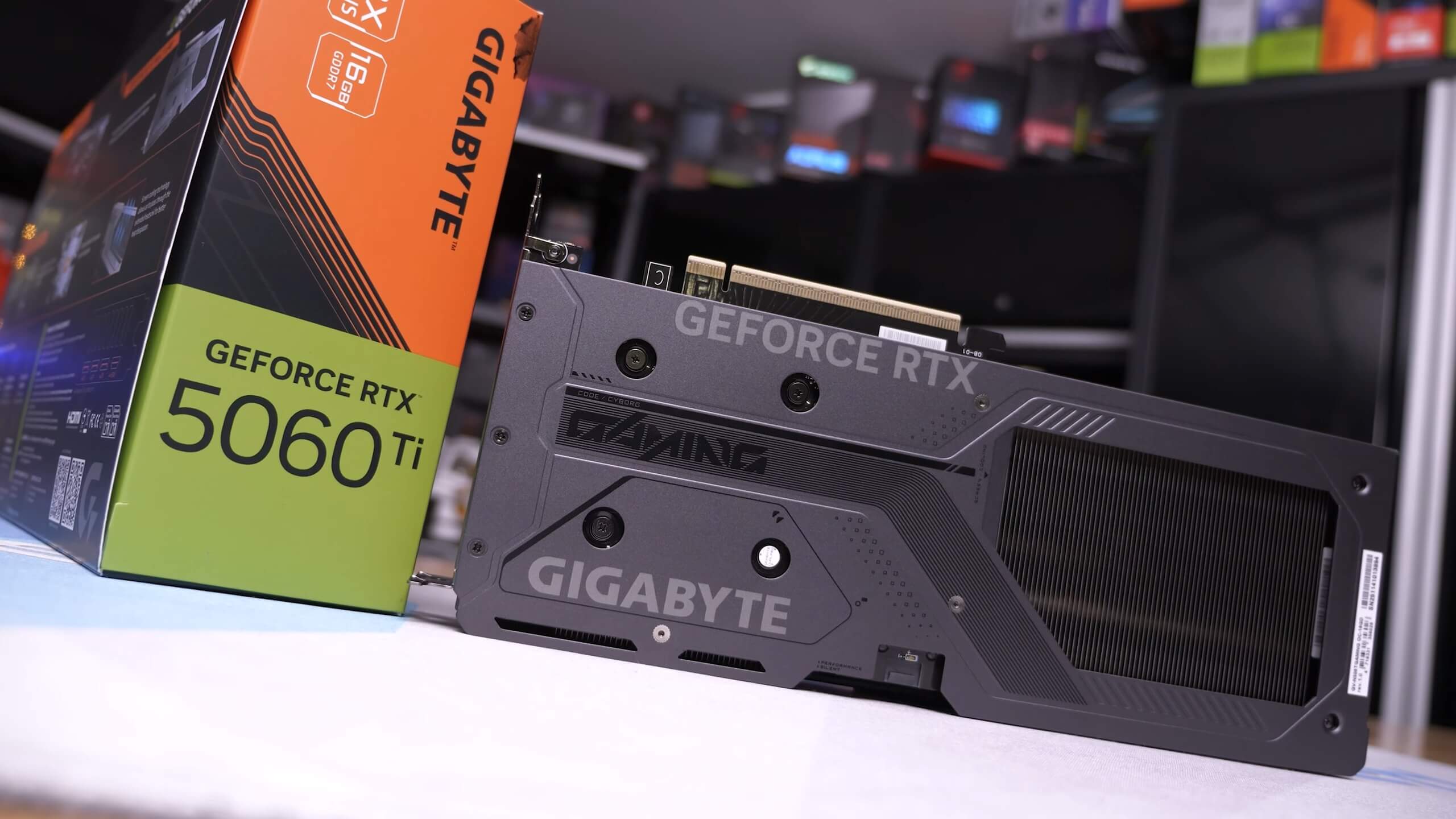
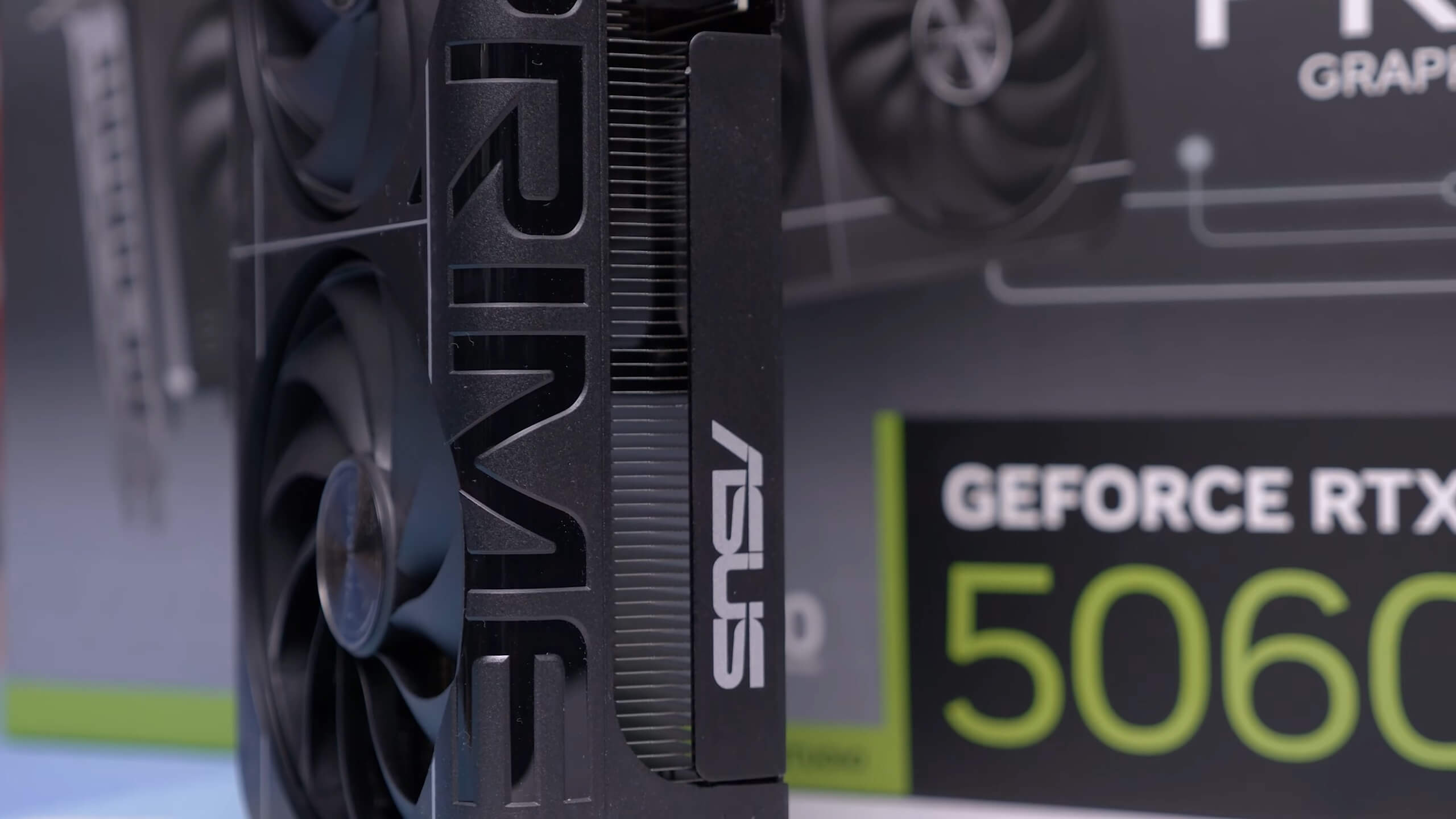
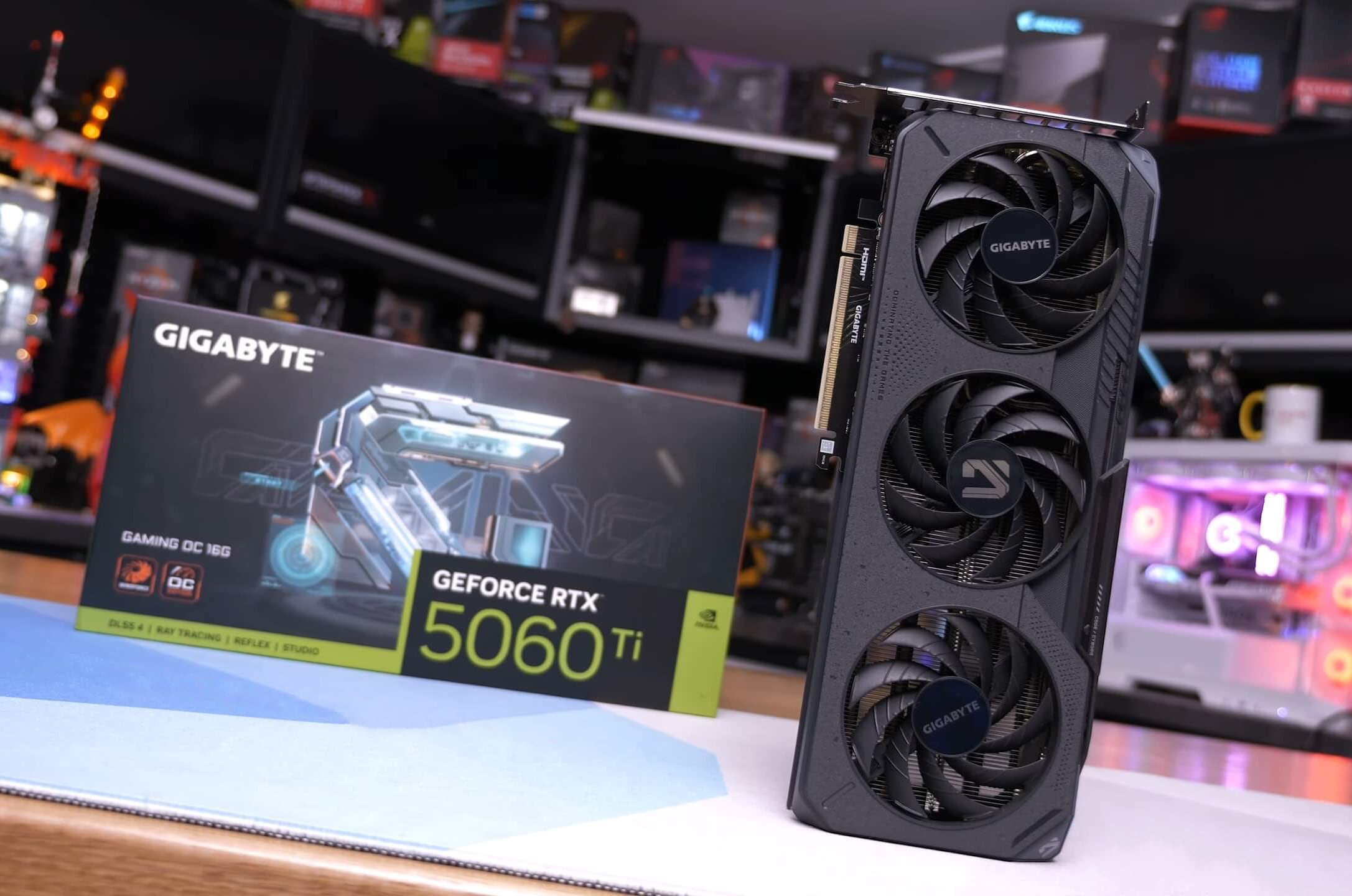
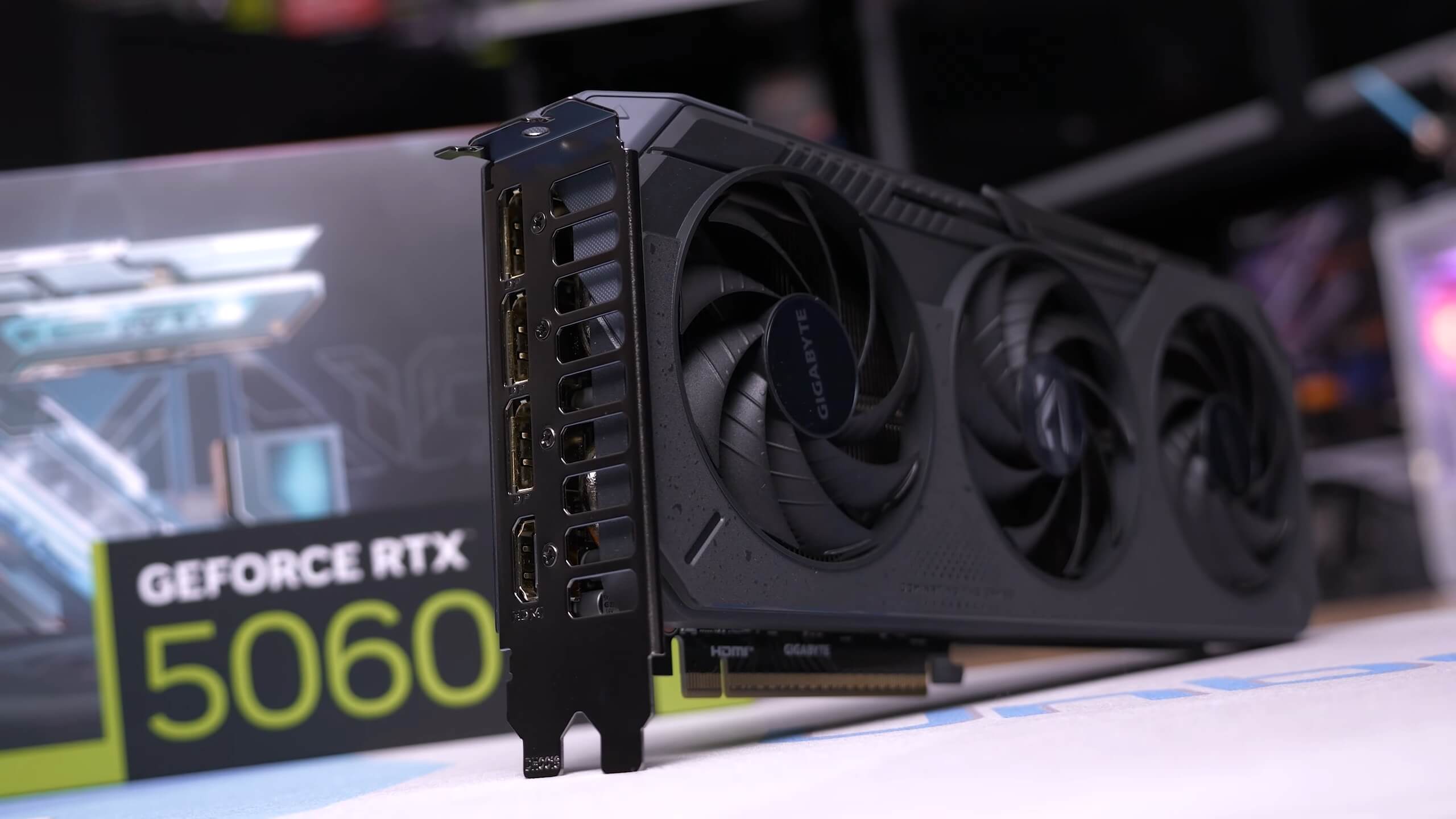
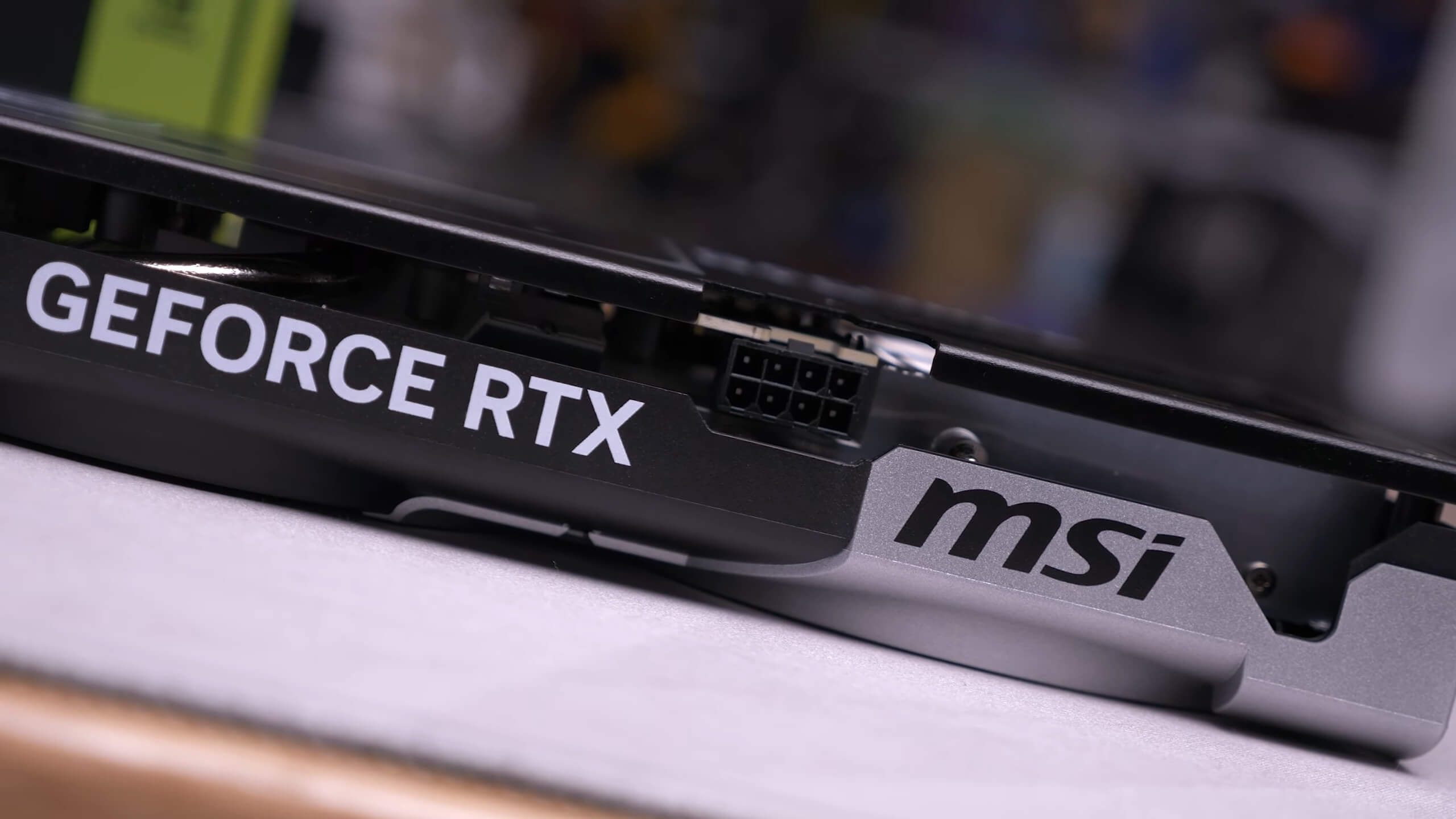
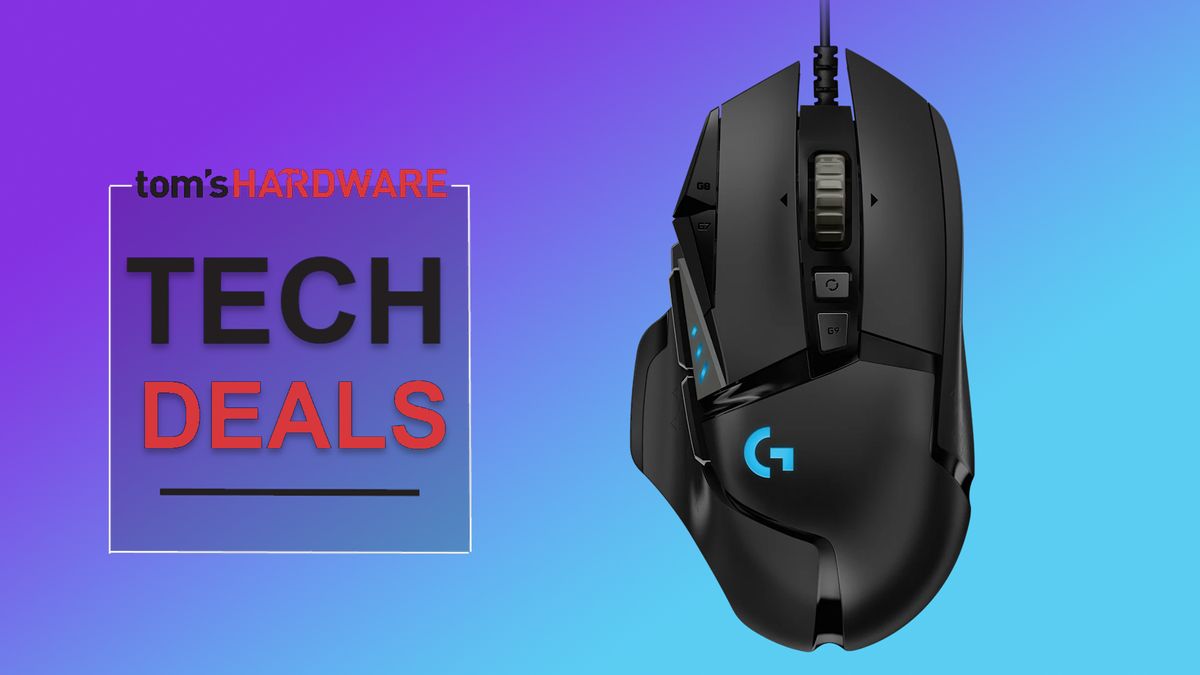

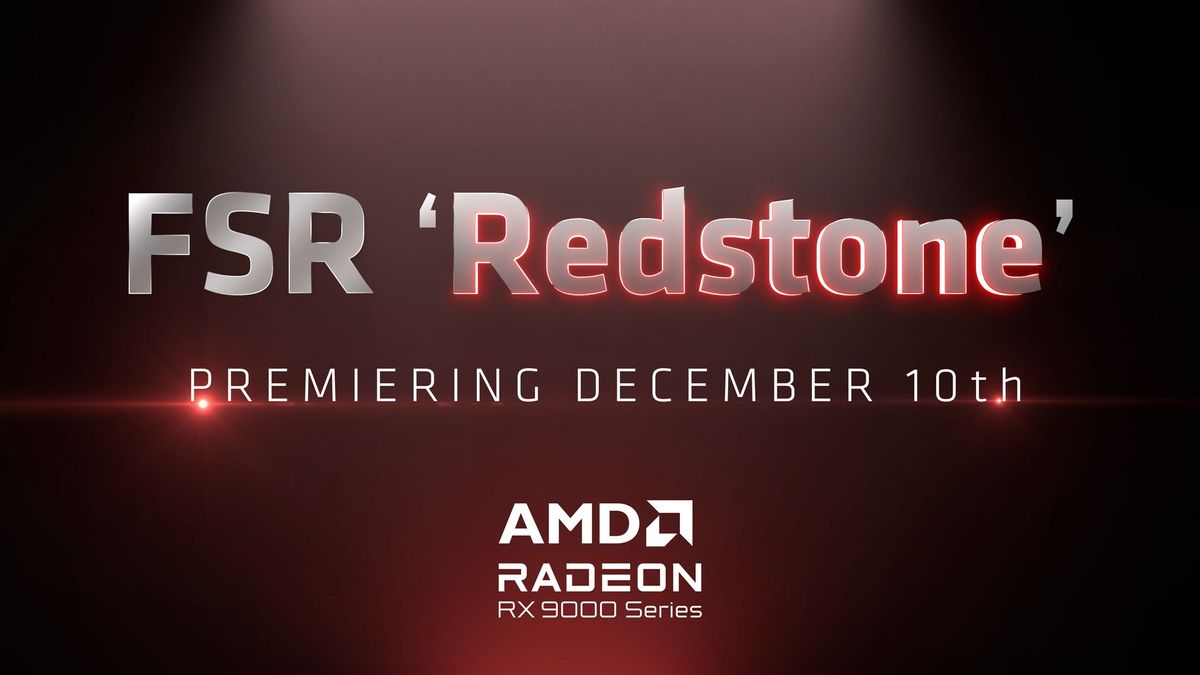


 English (US) ·
English (US) ·